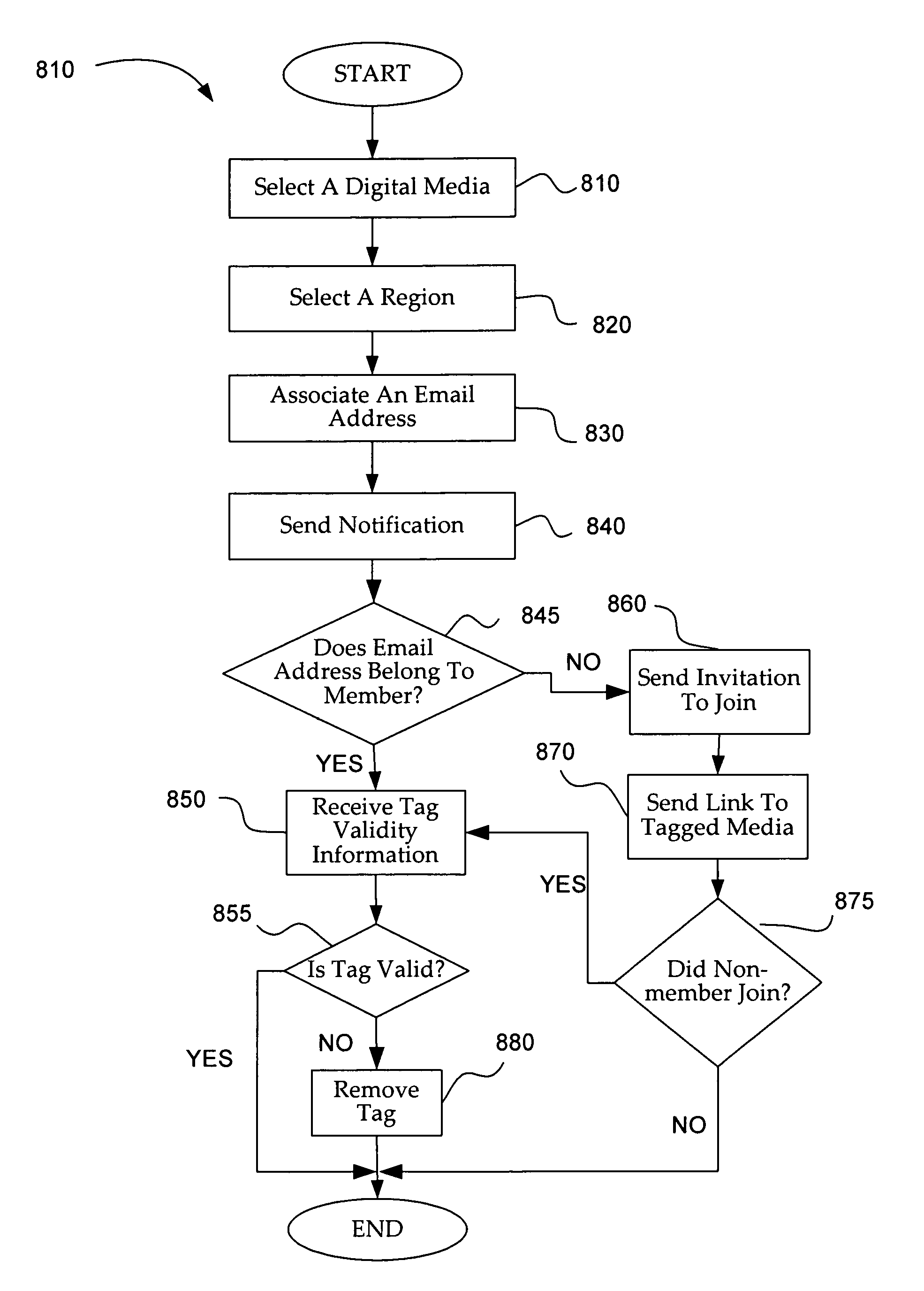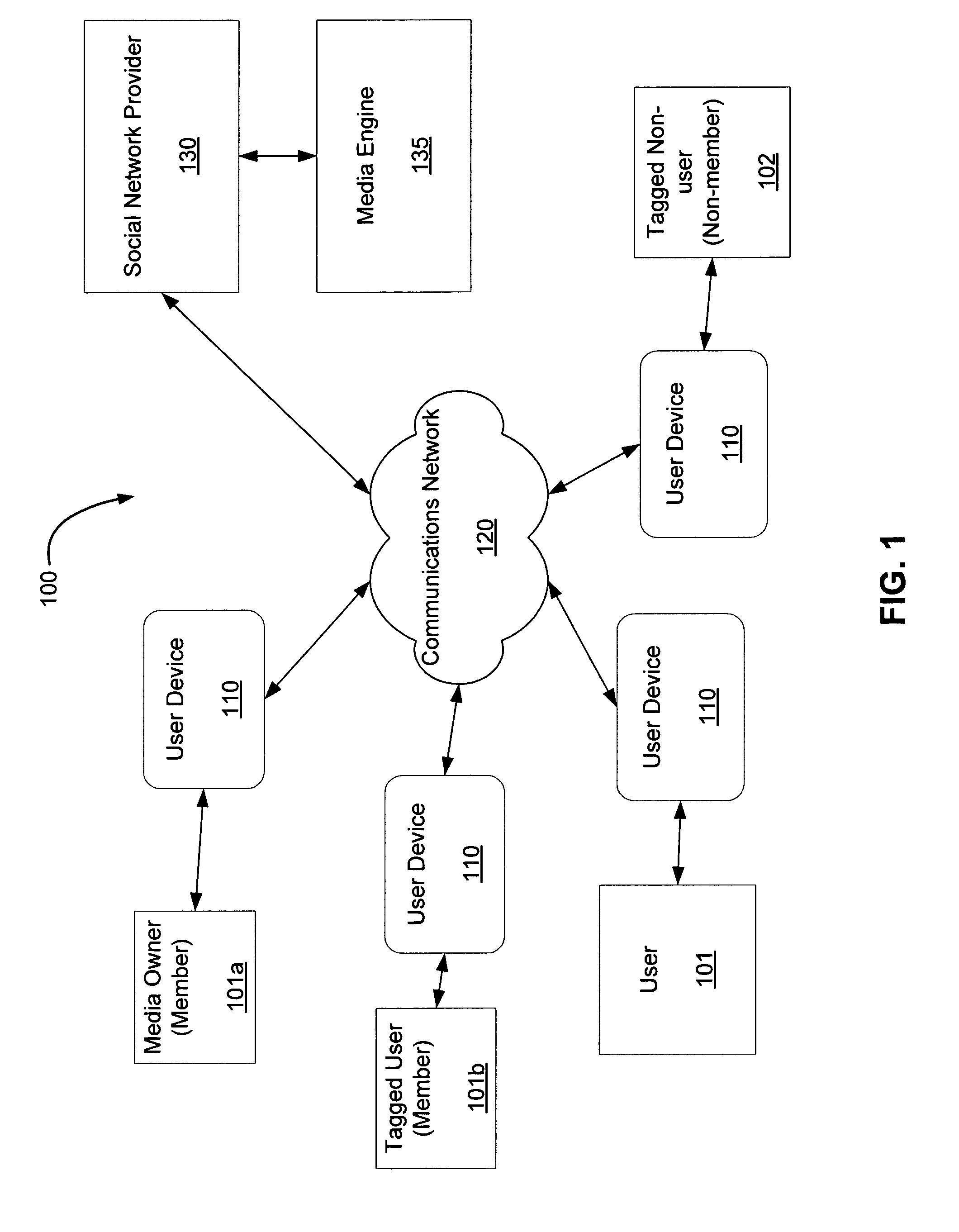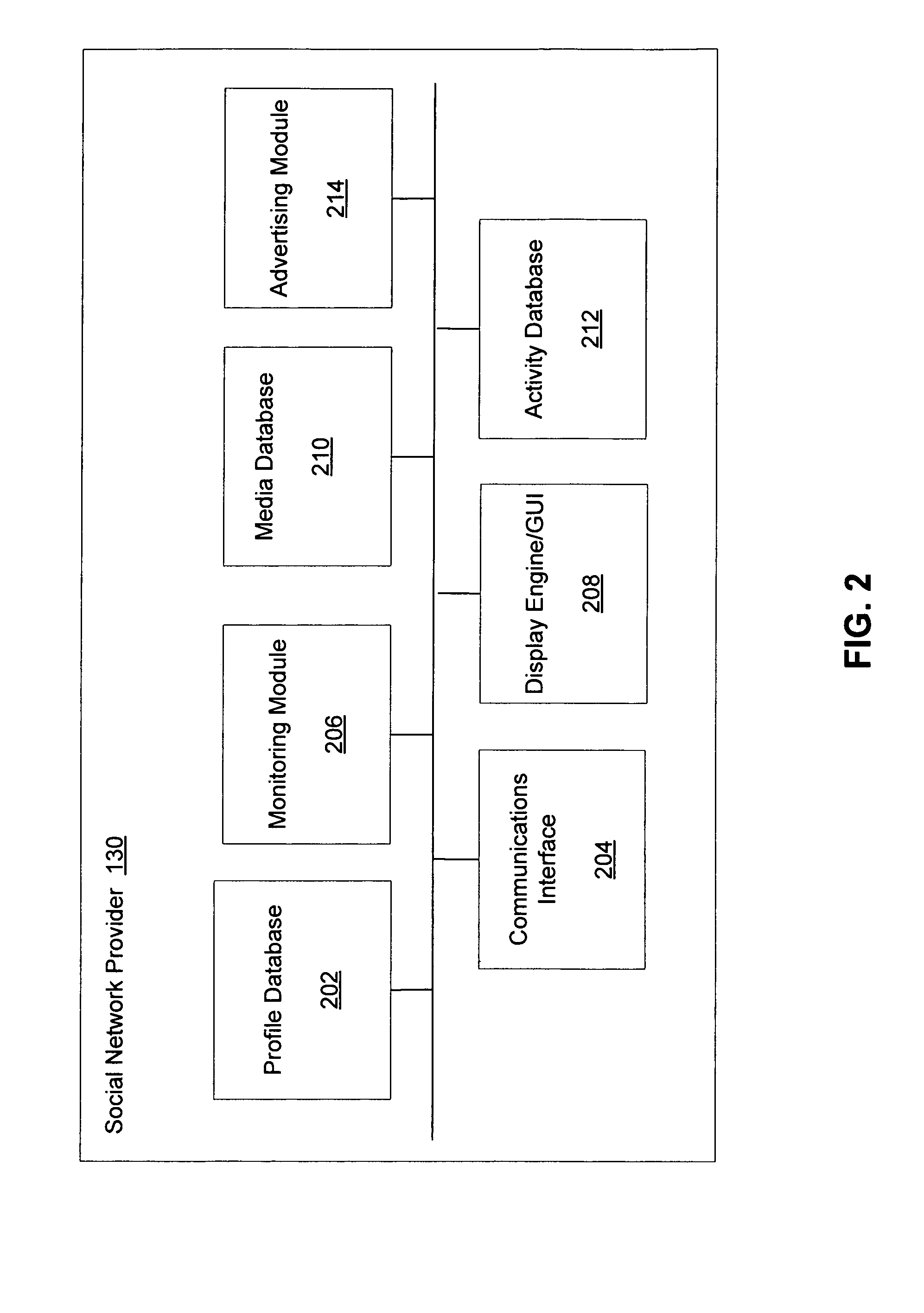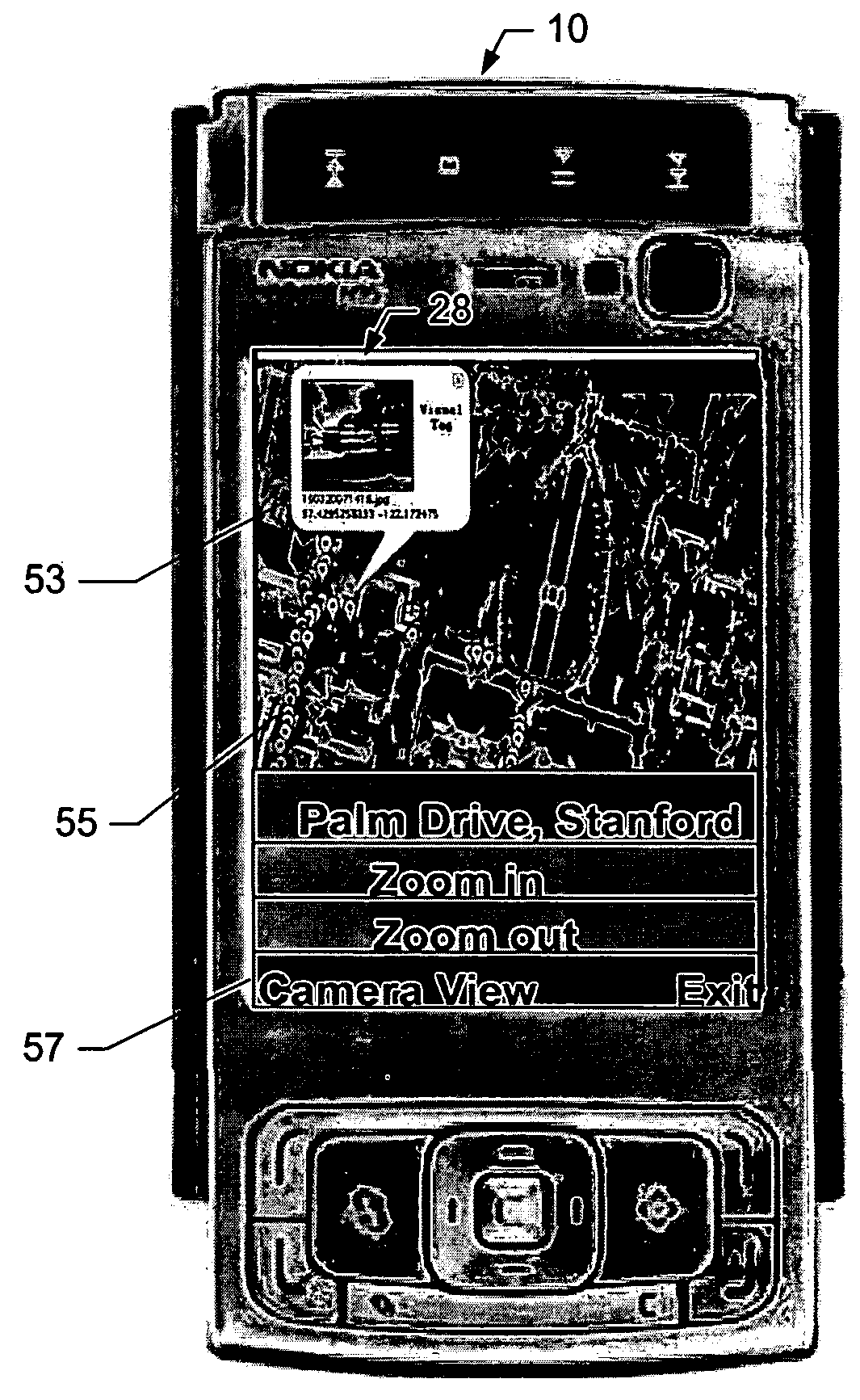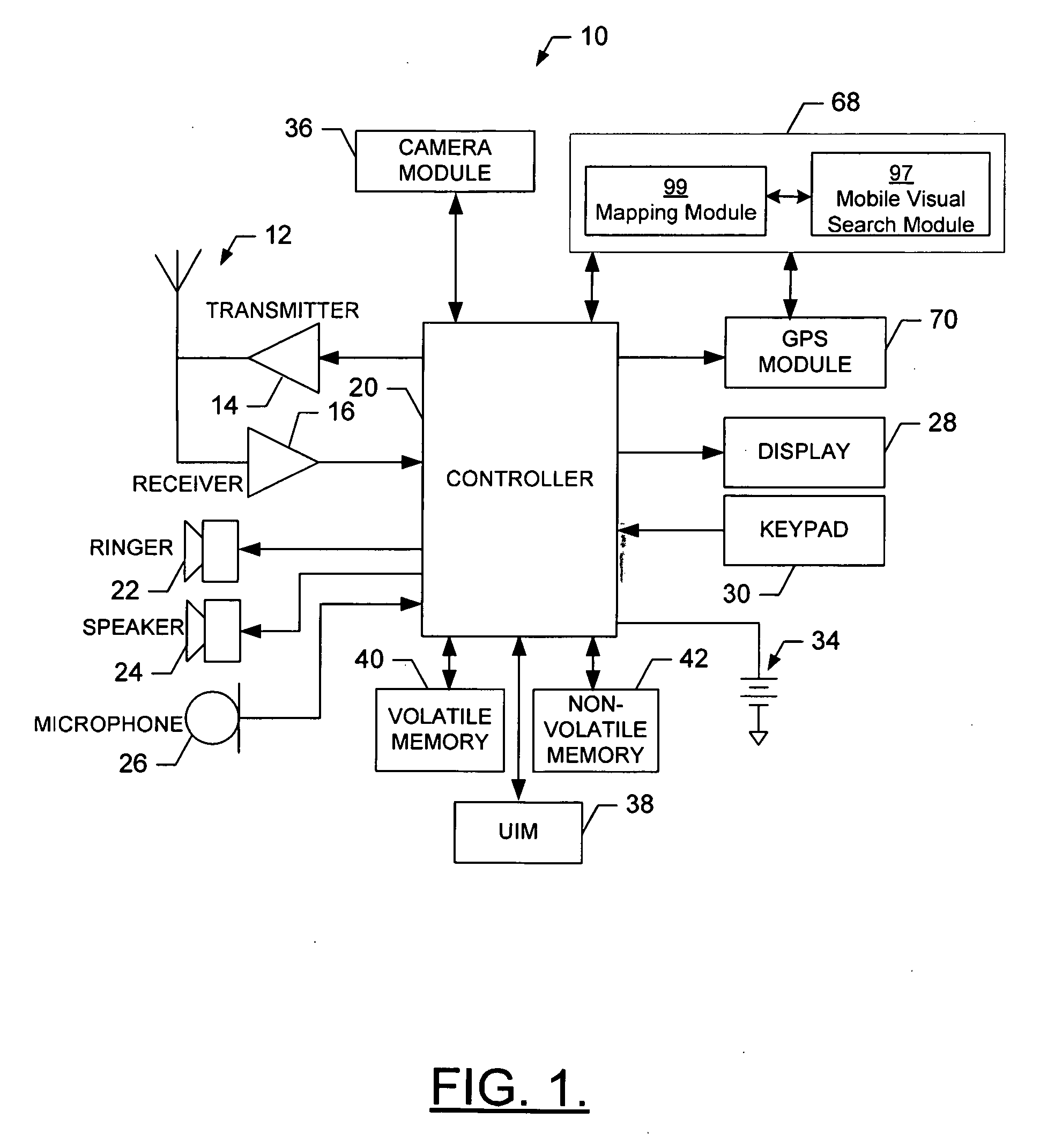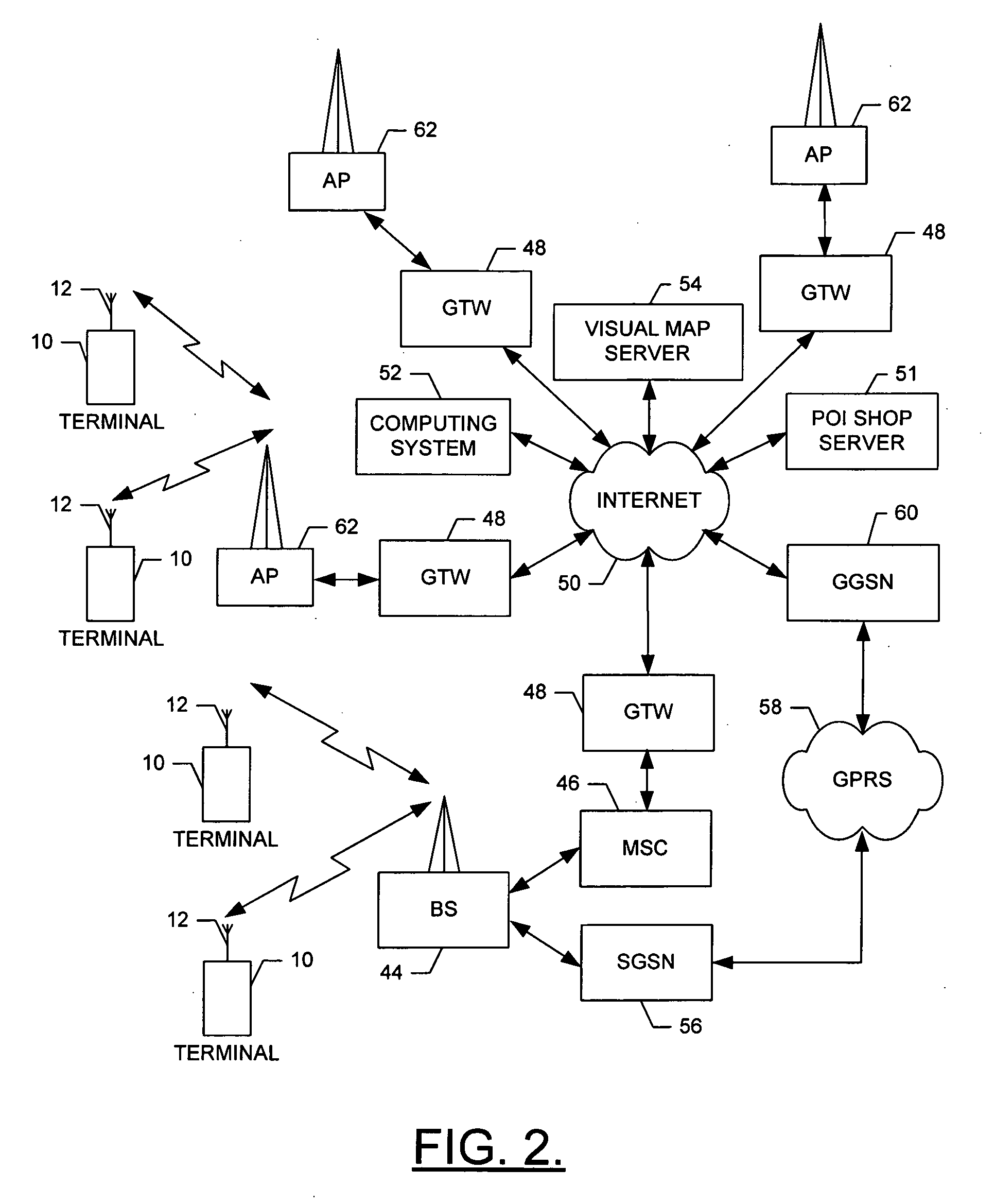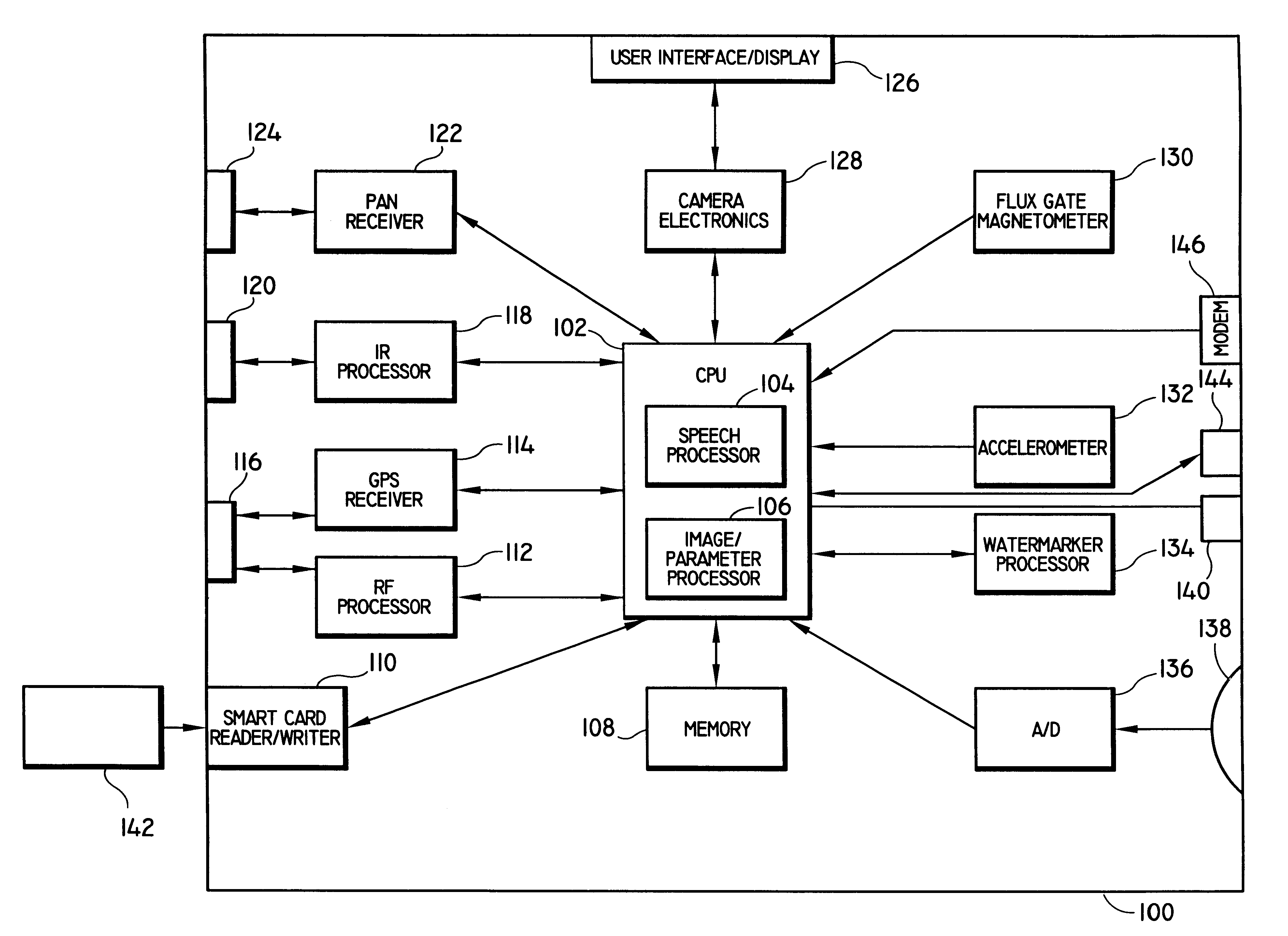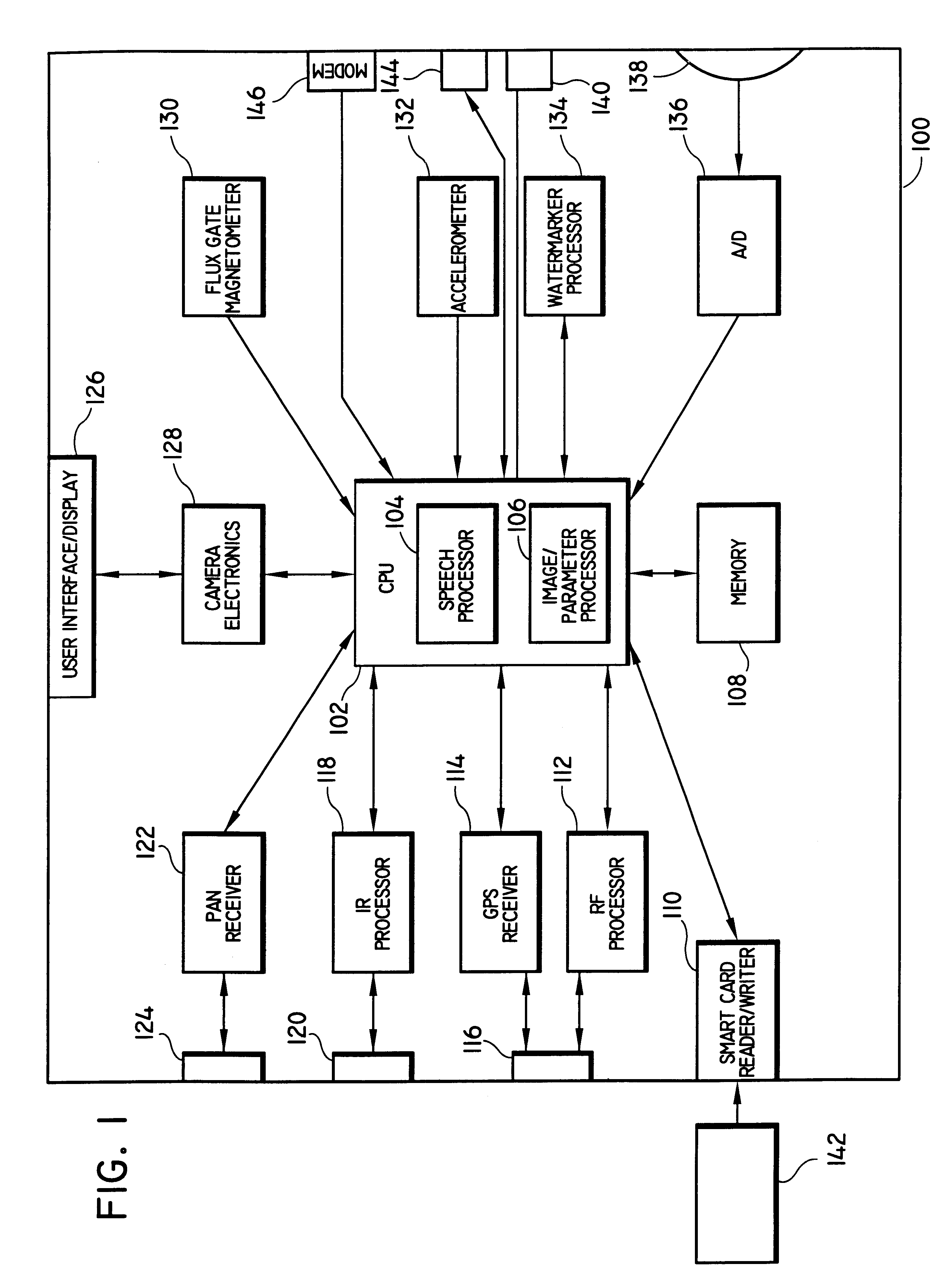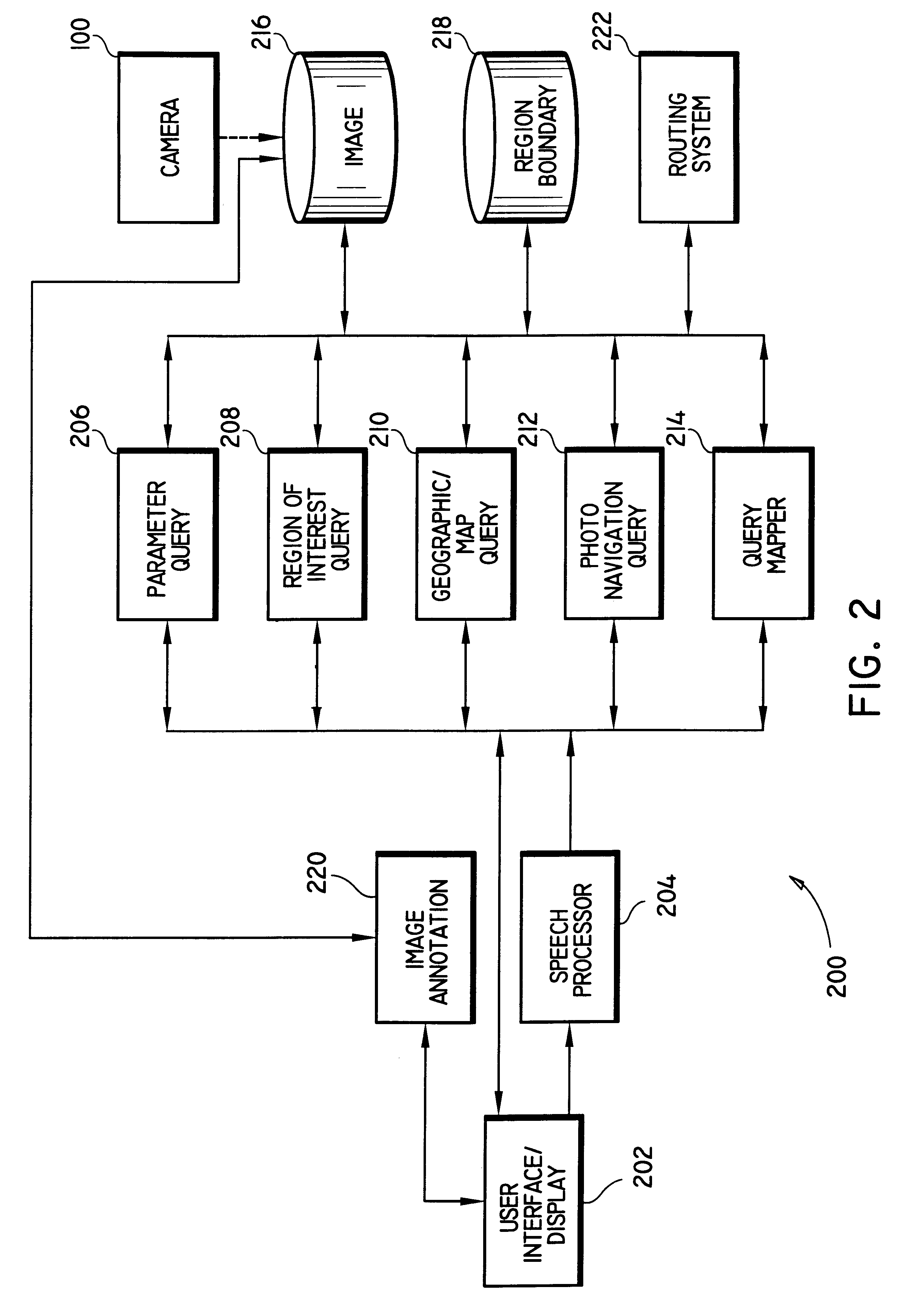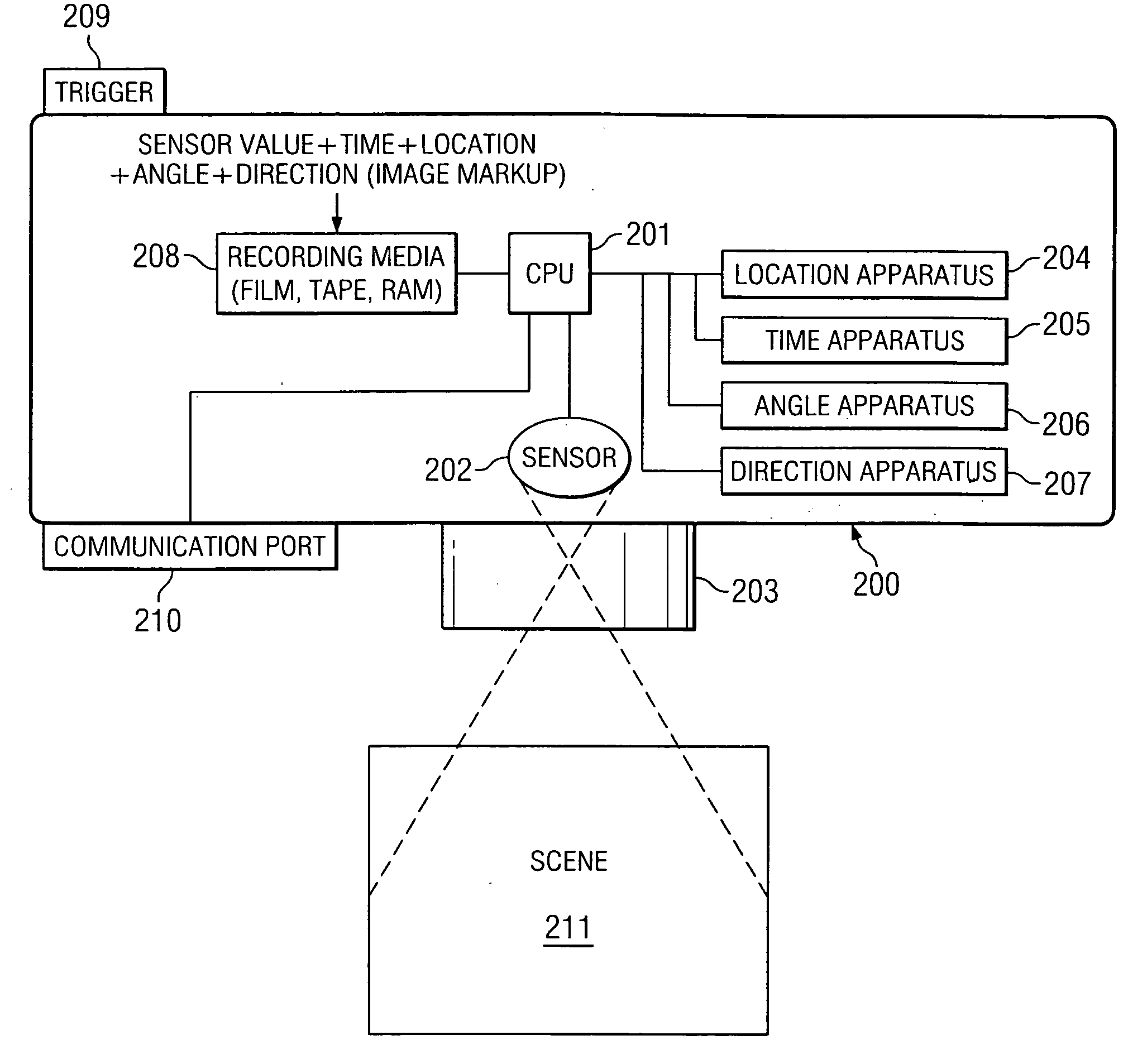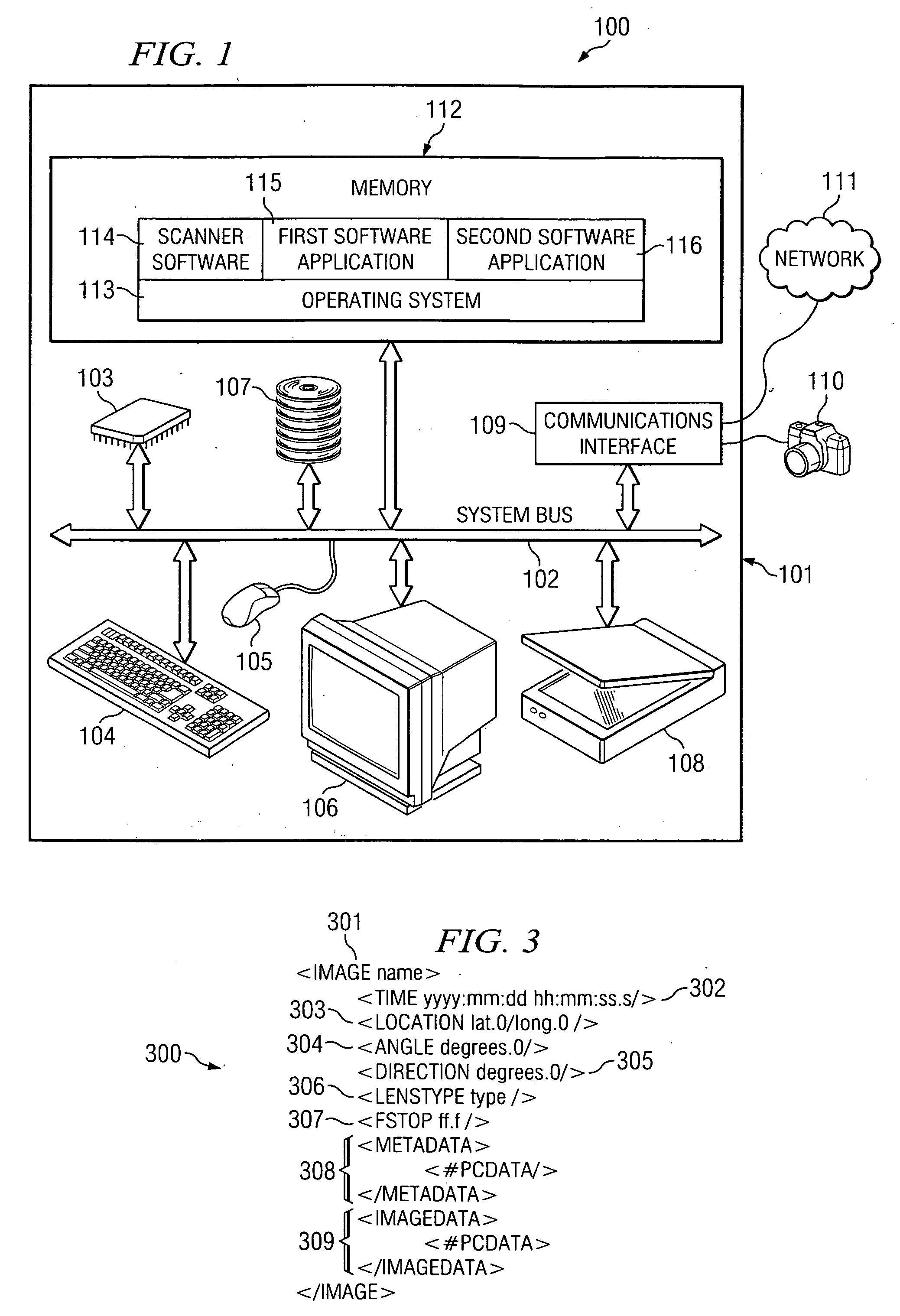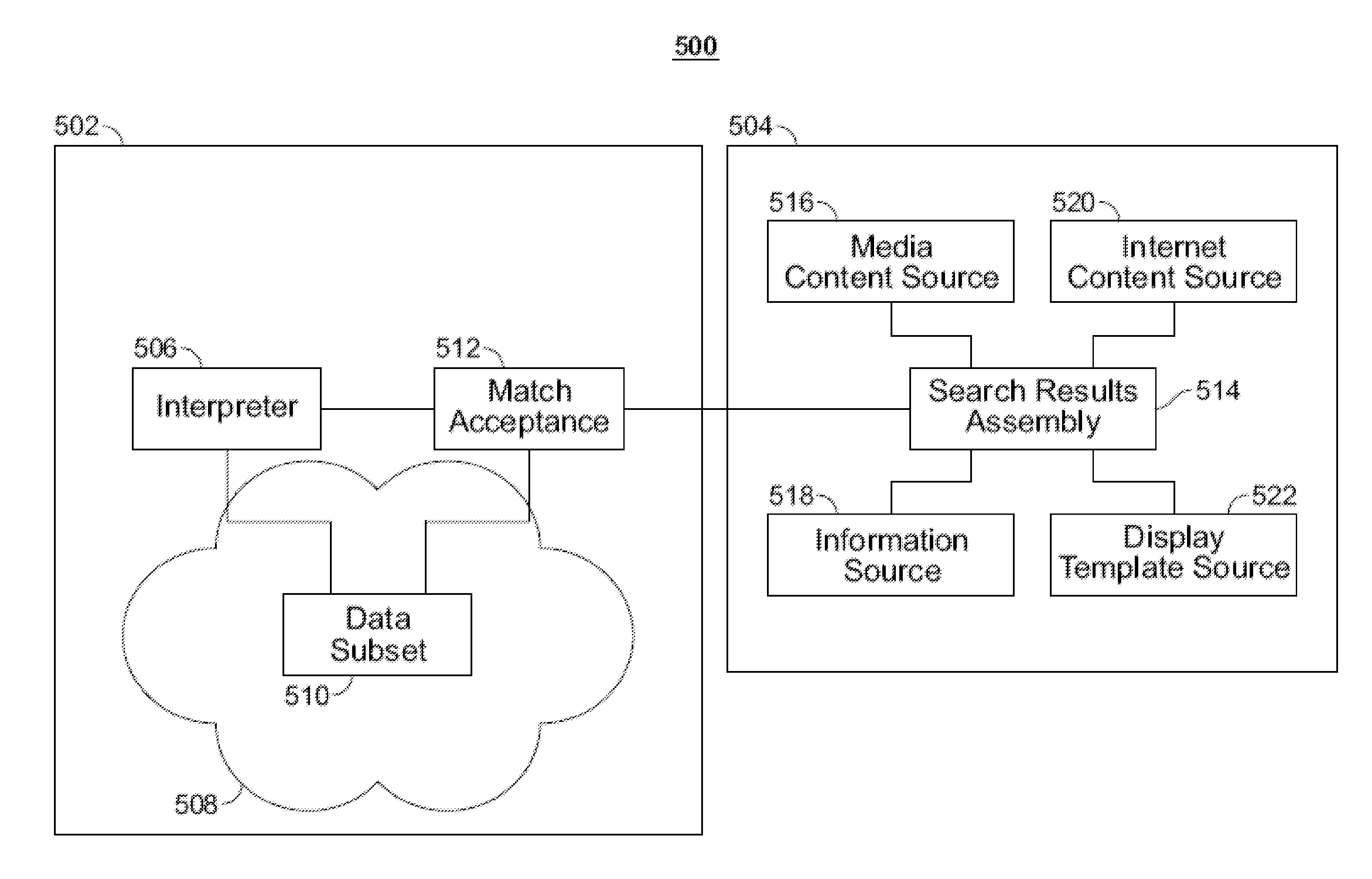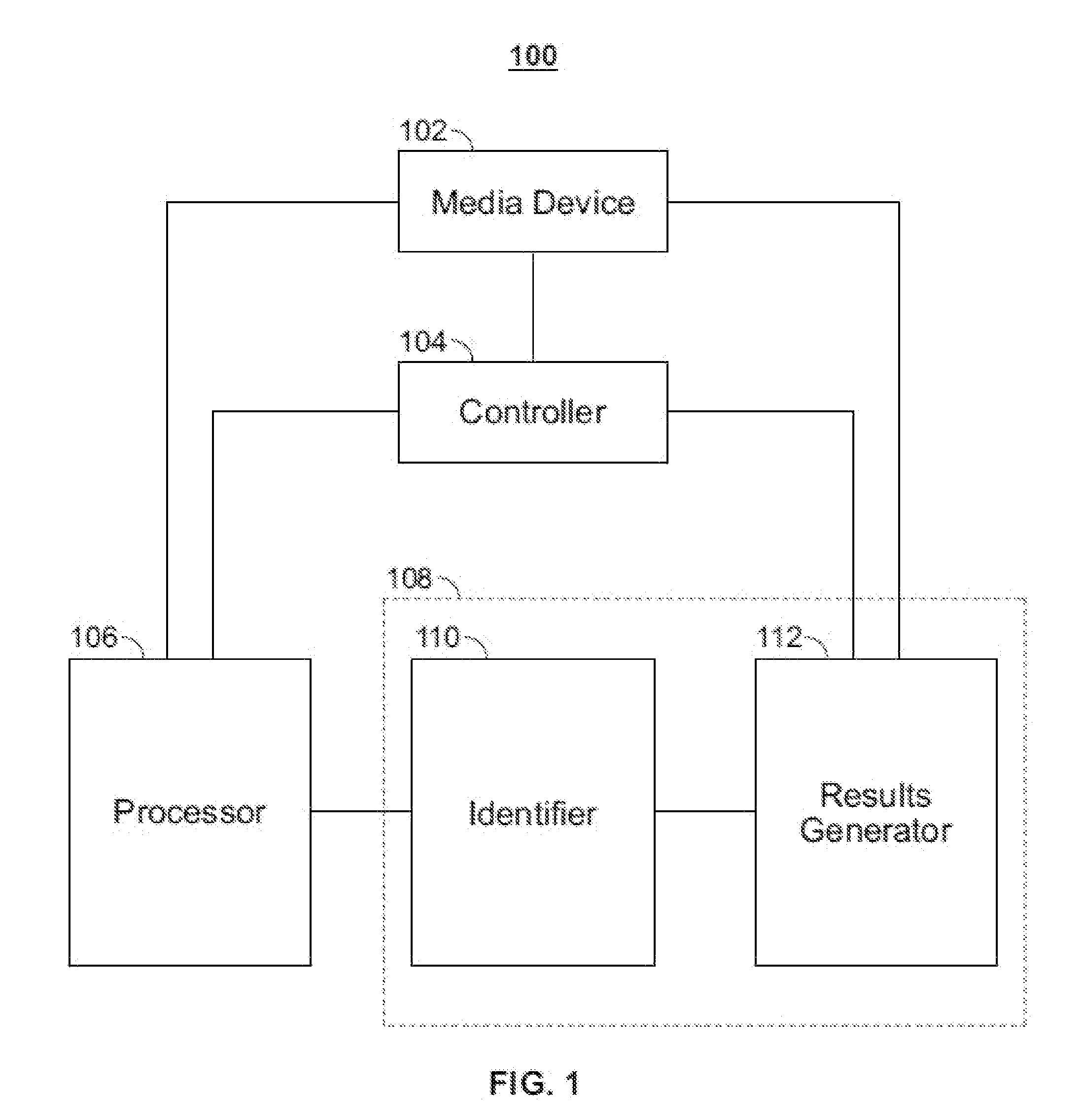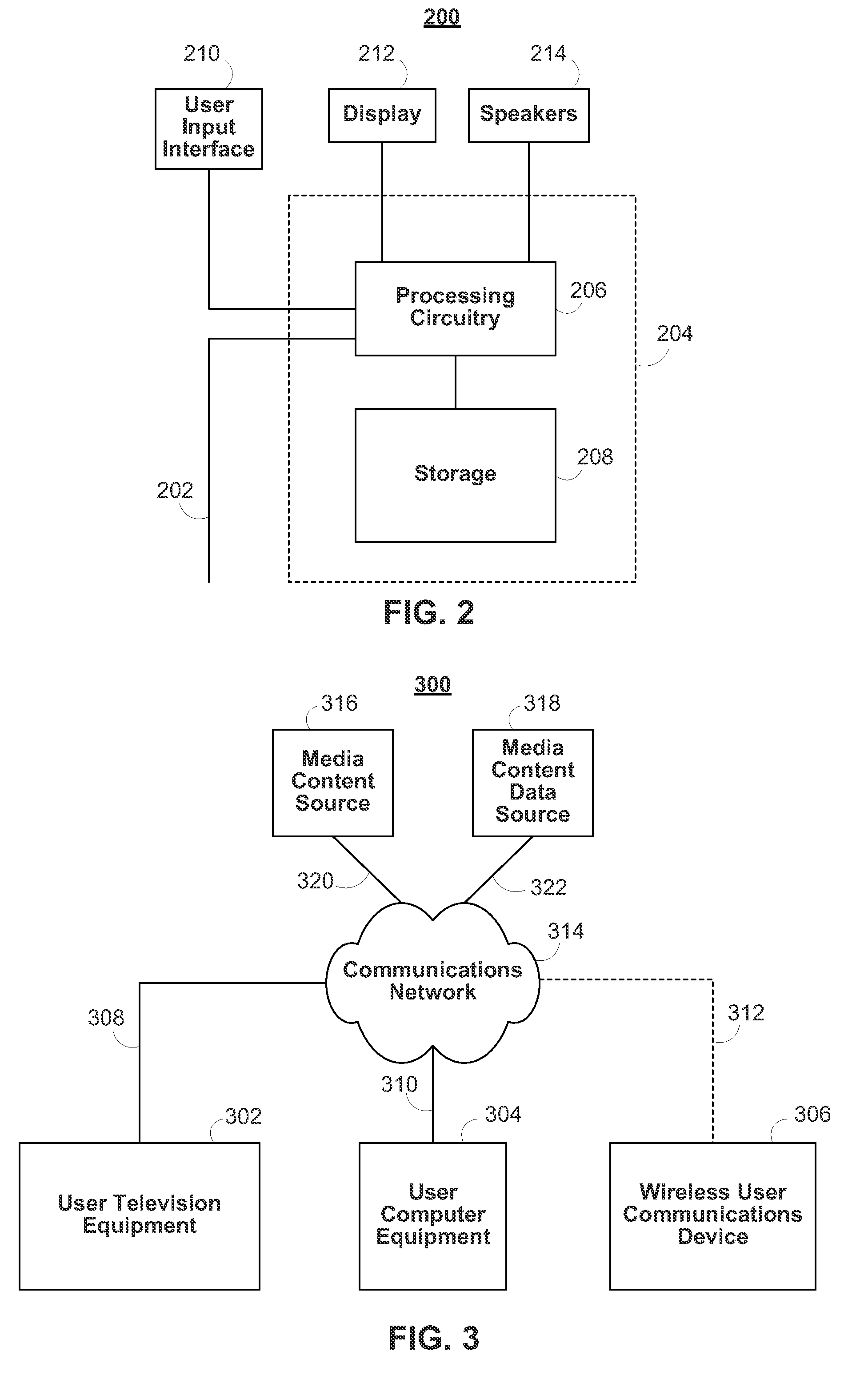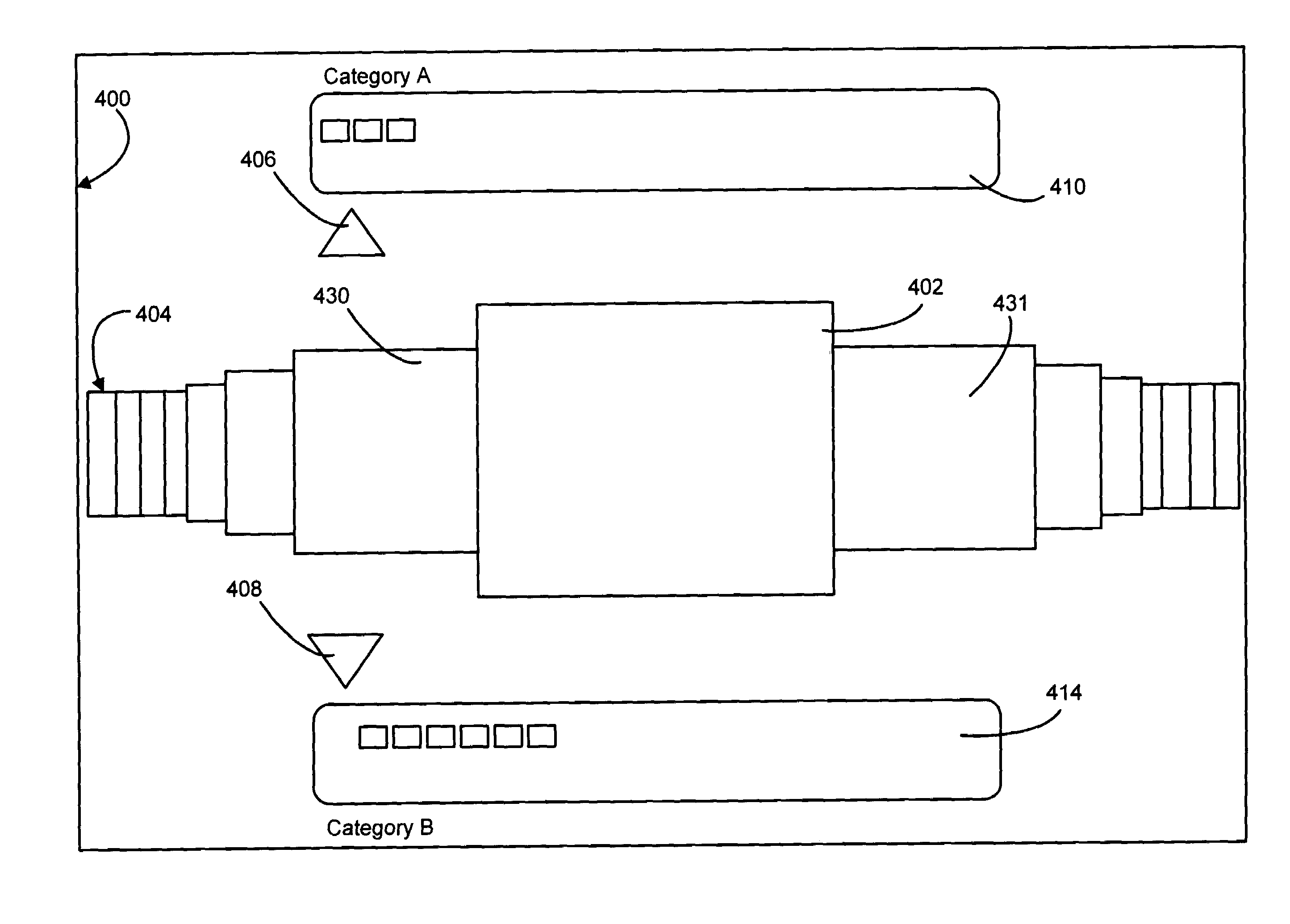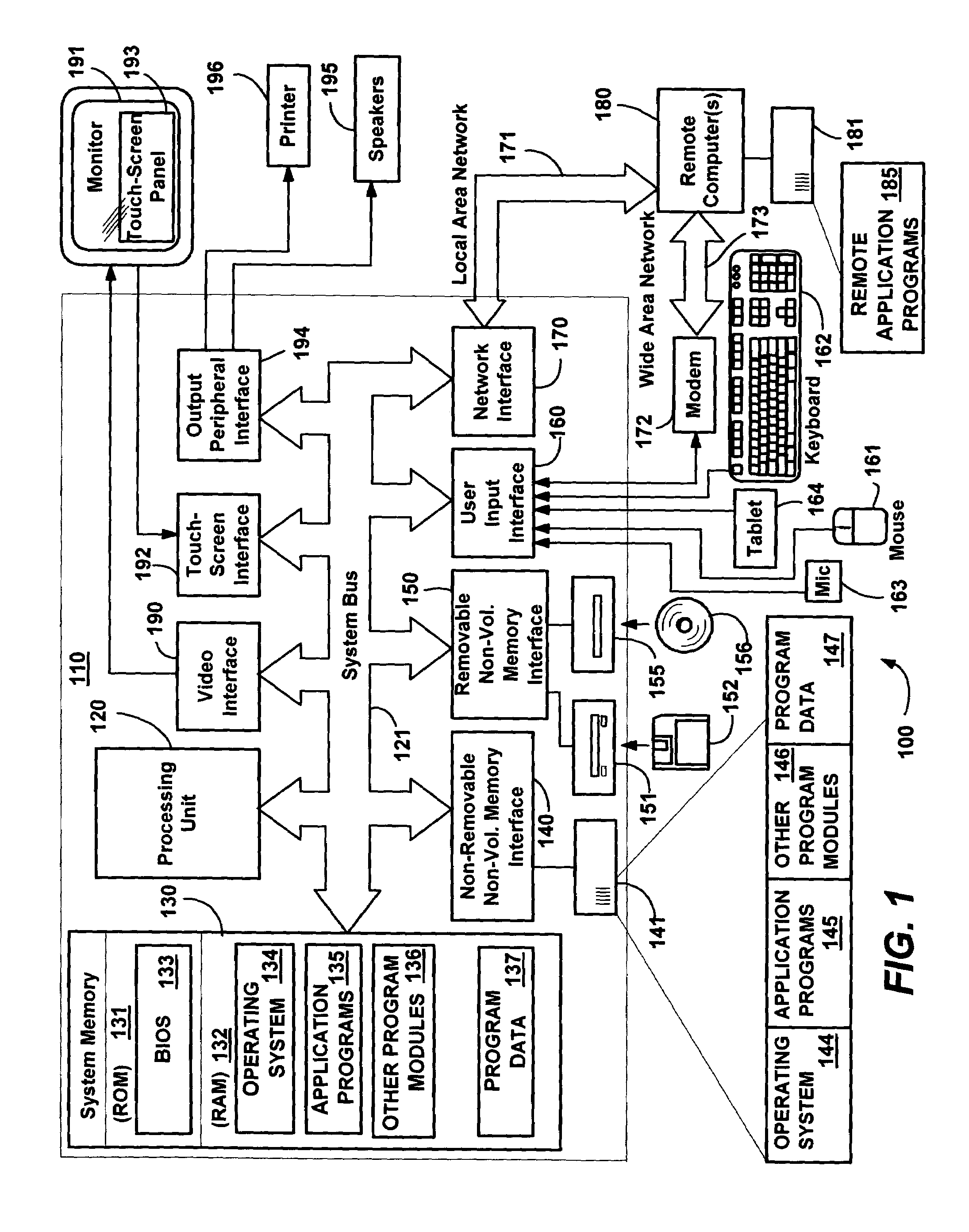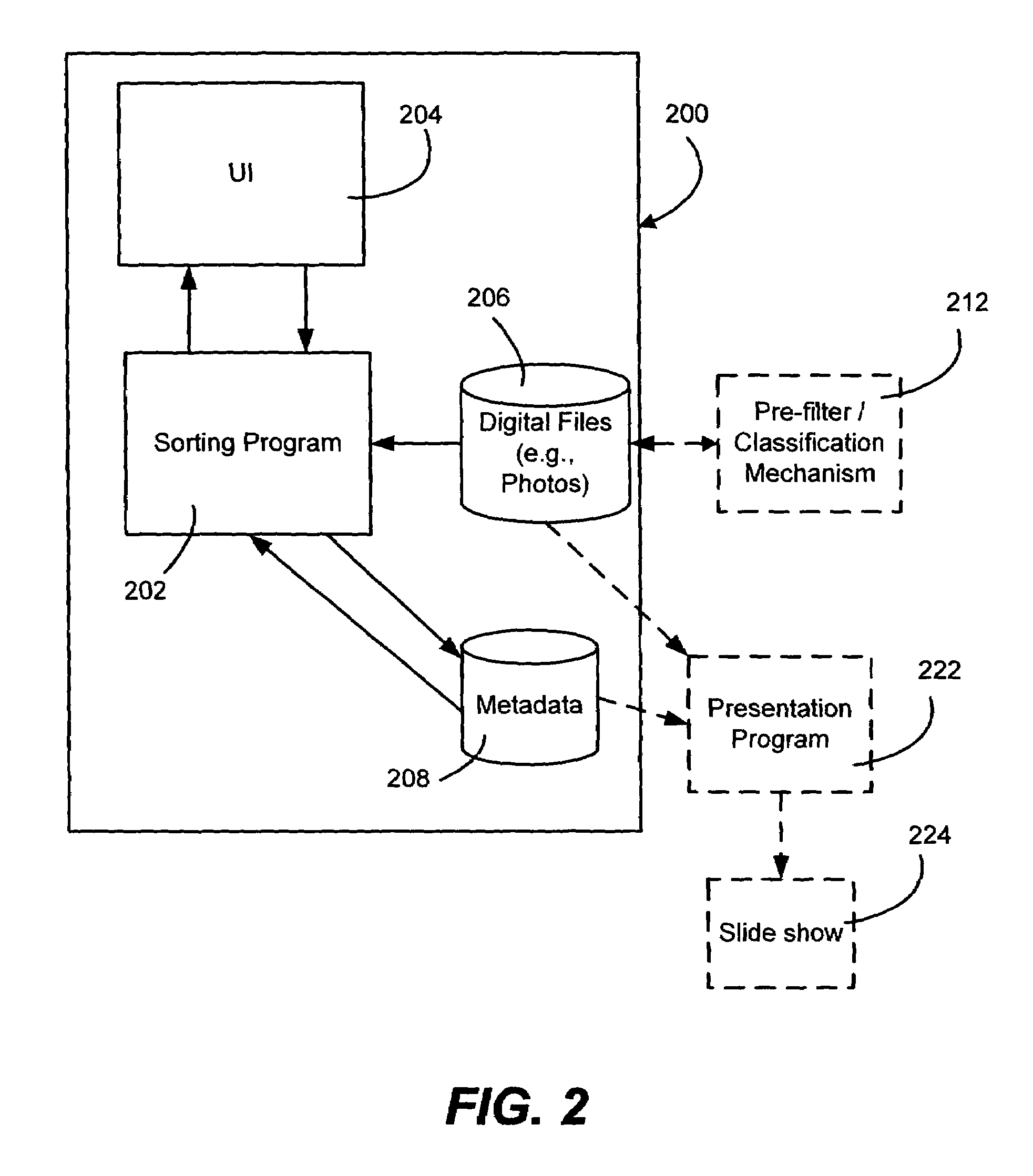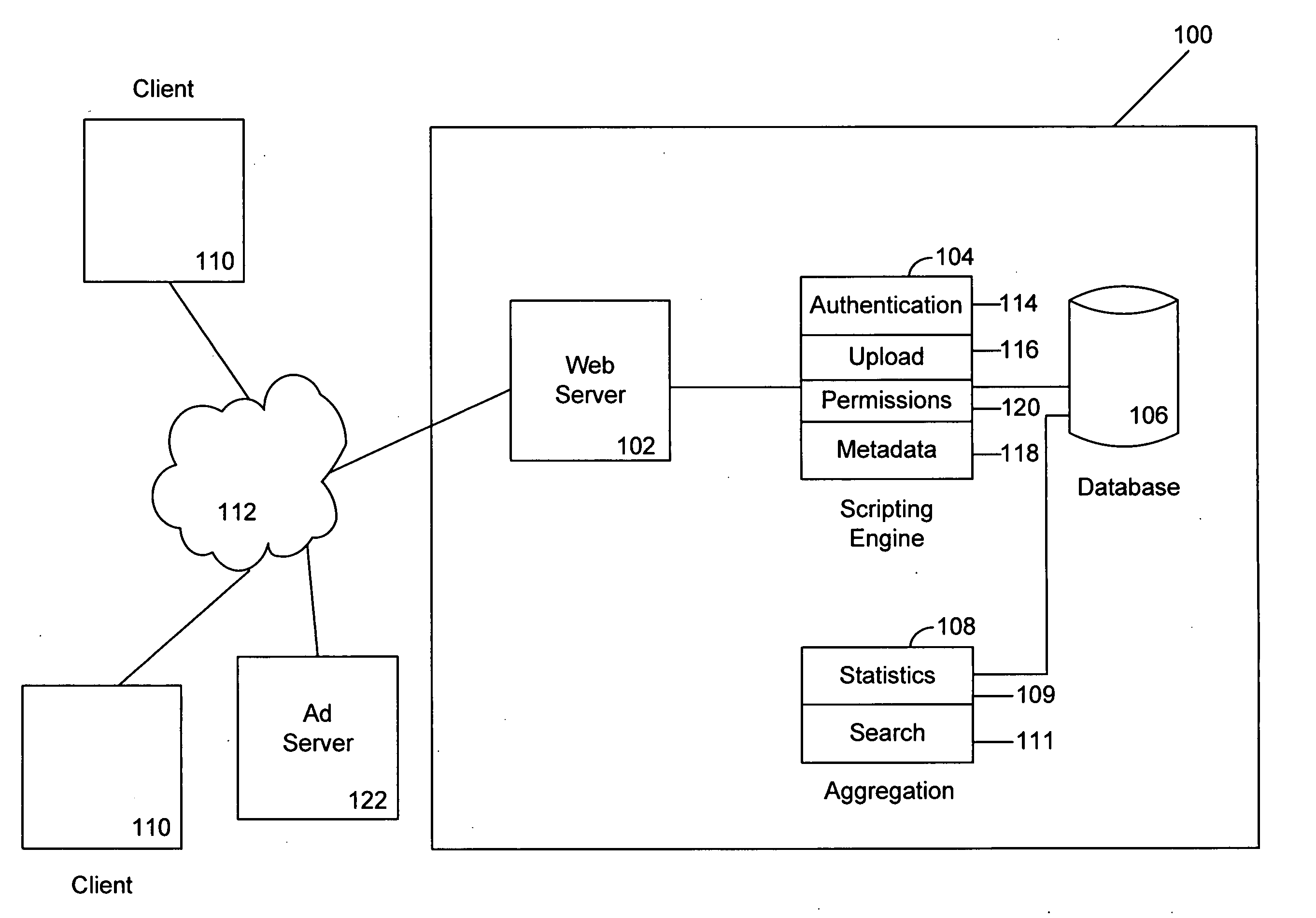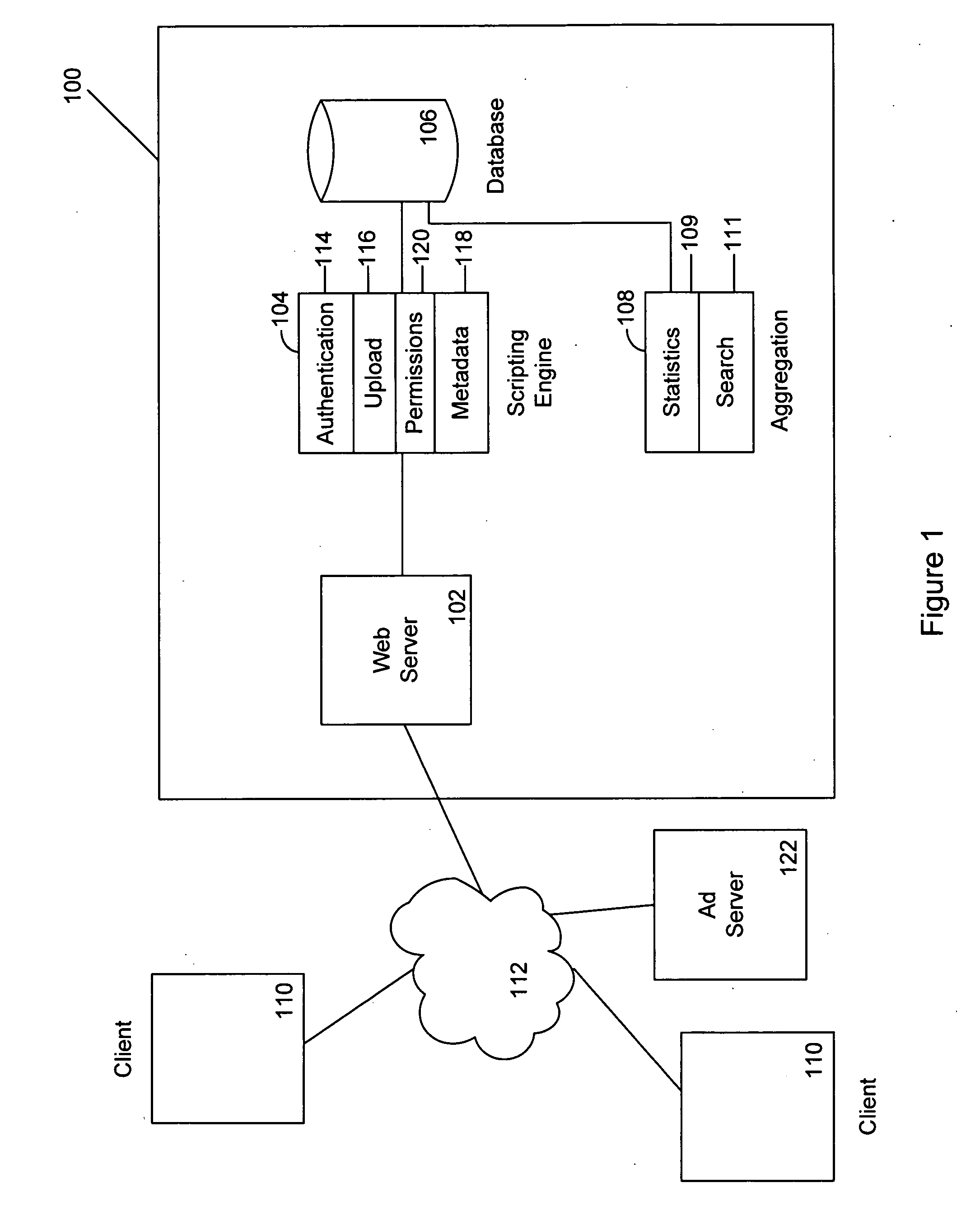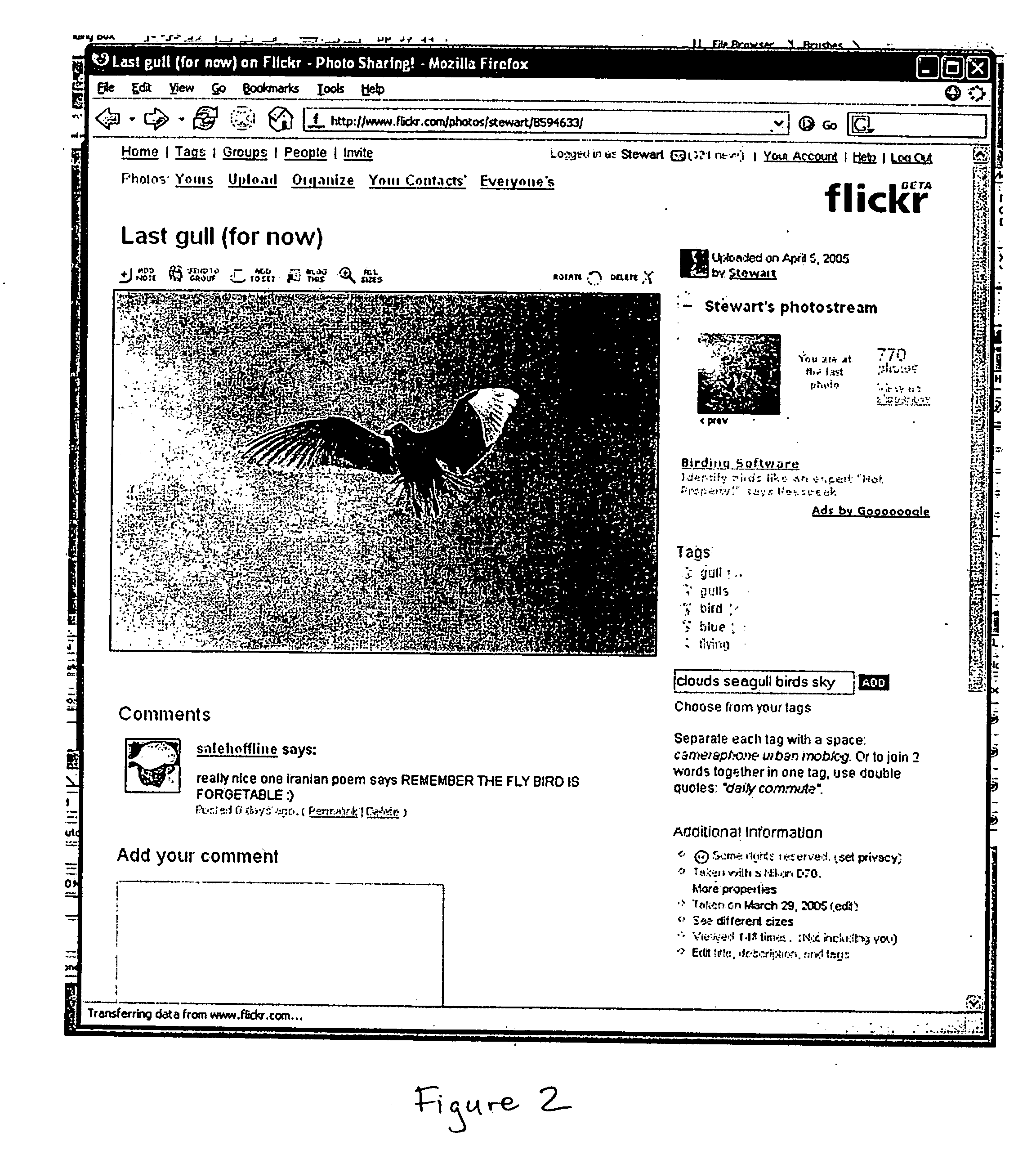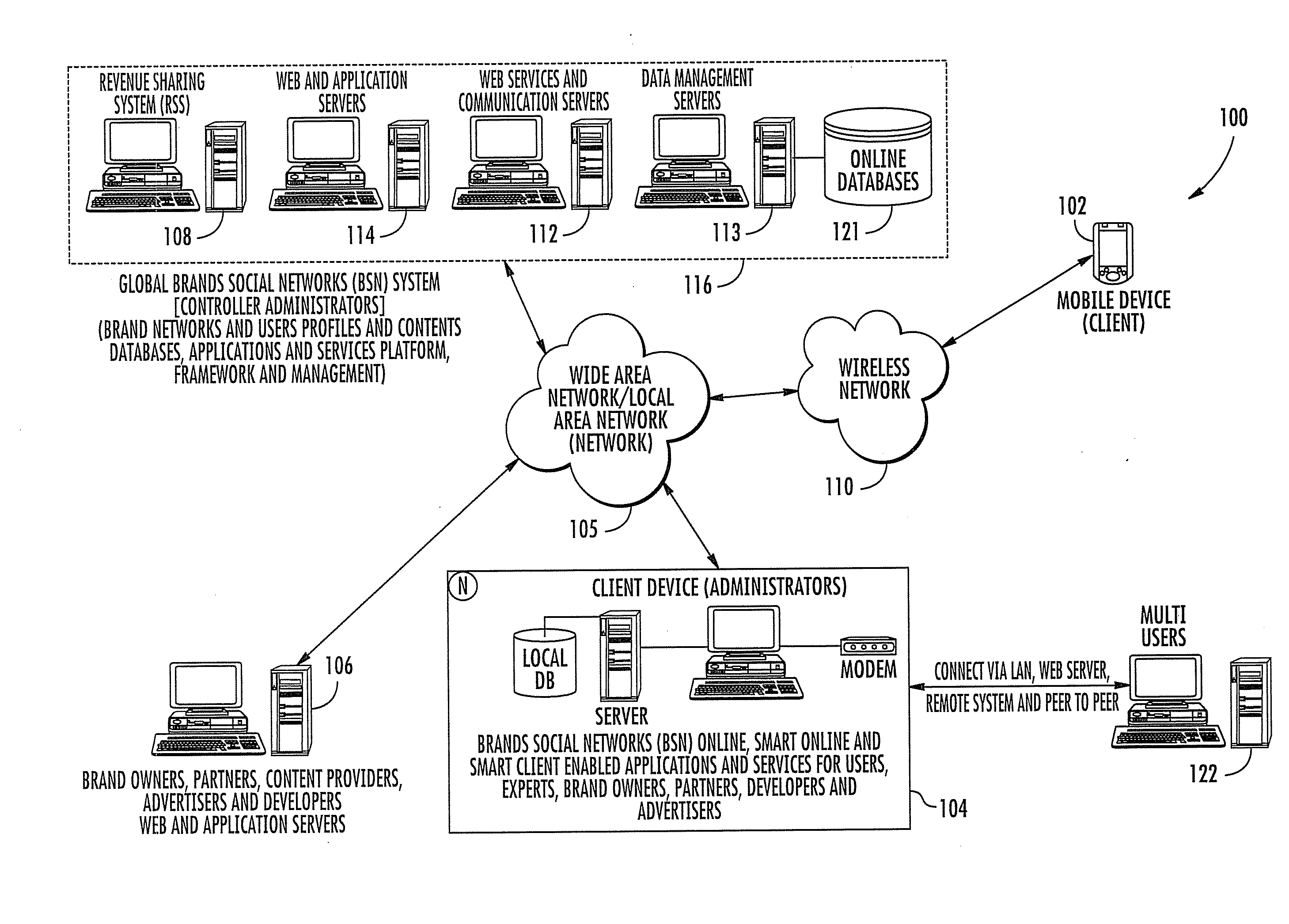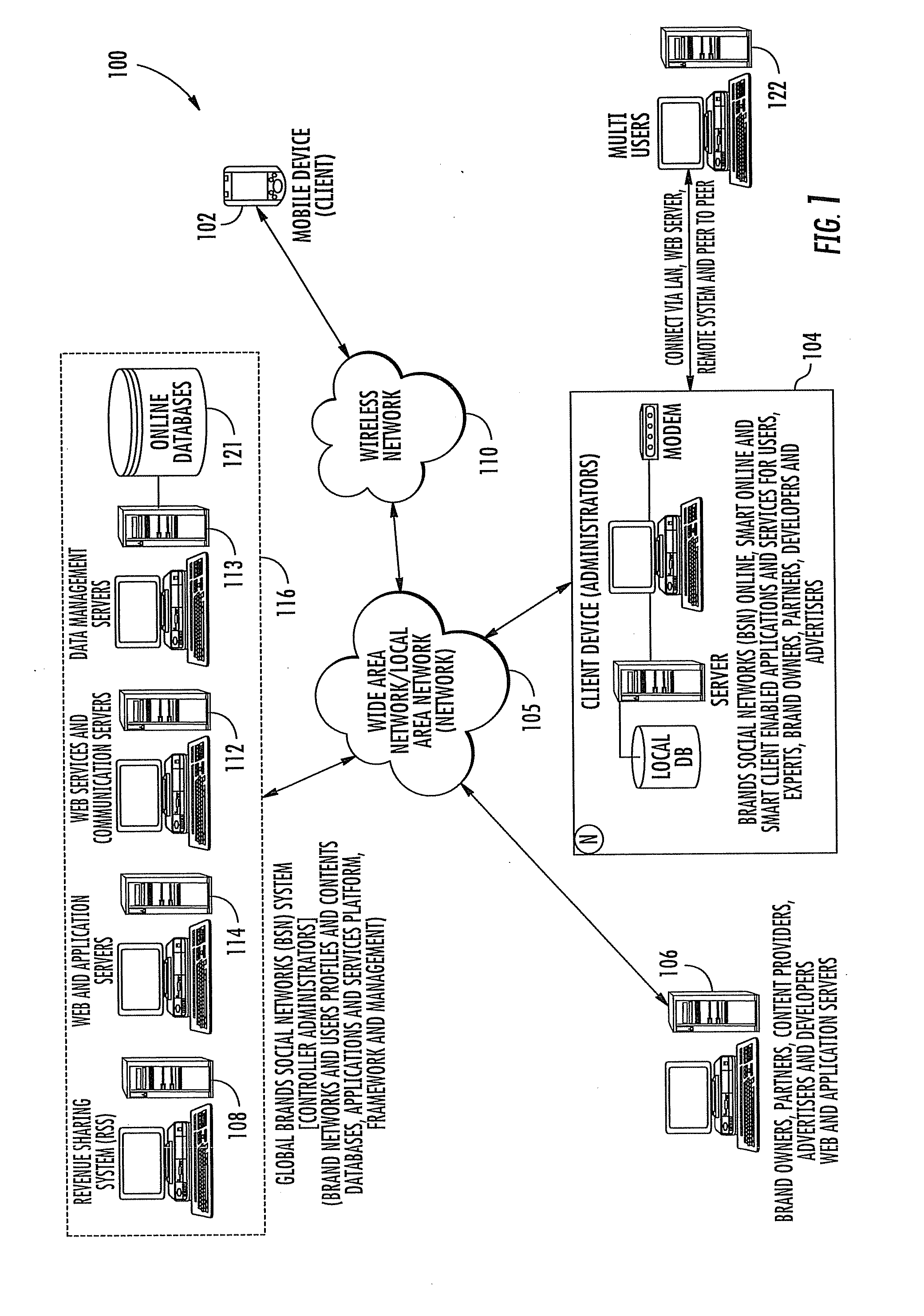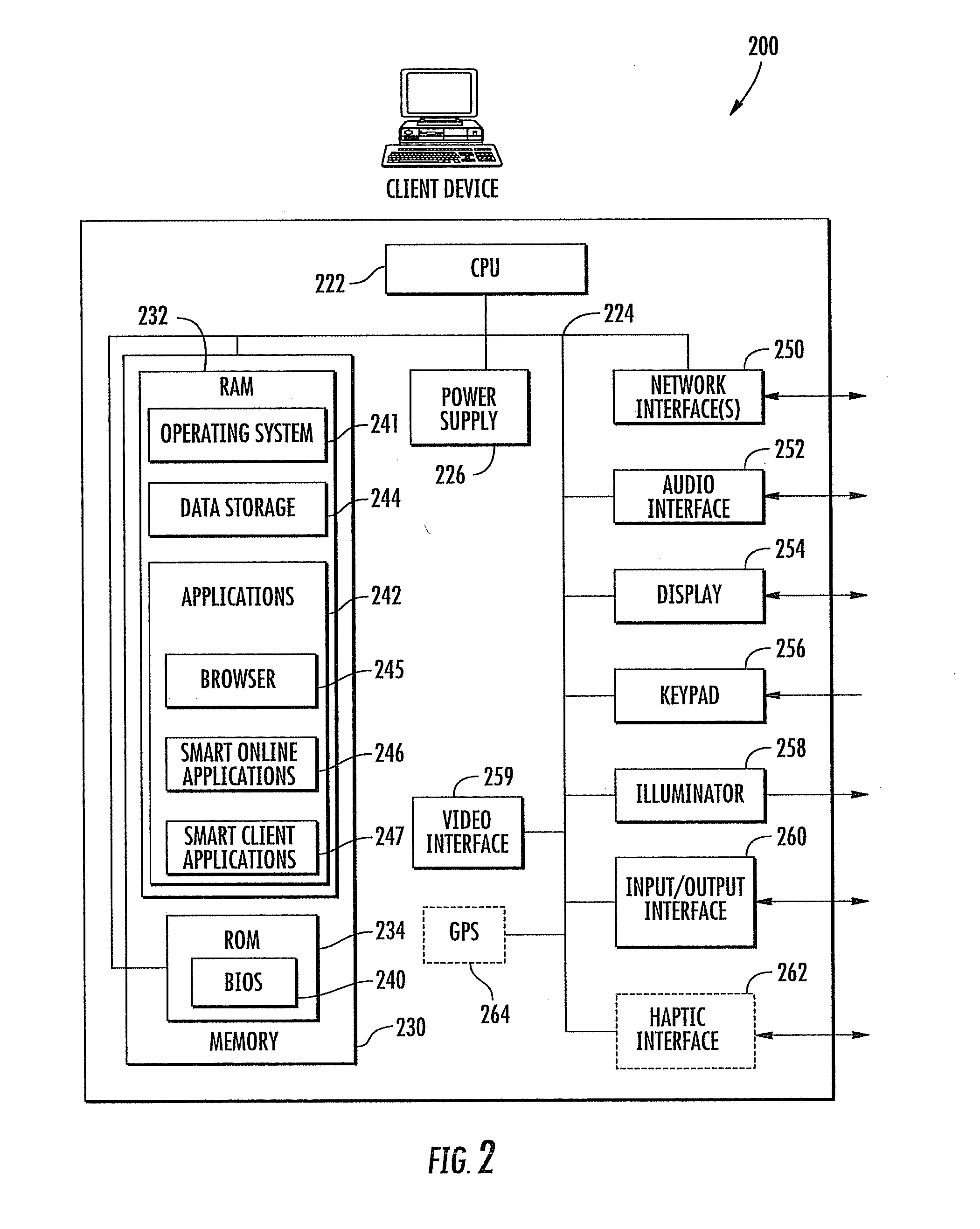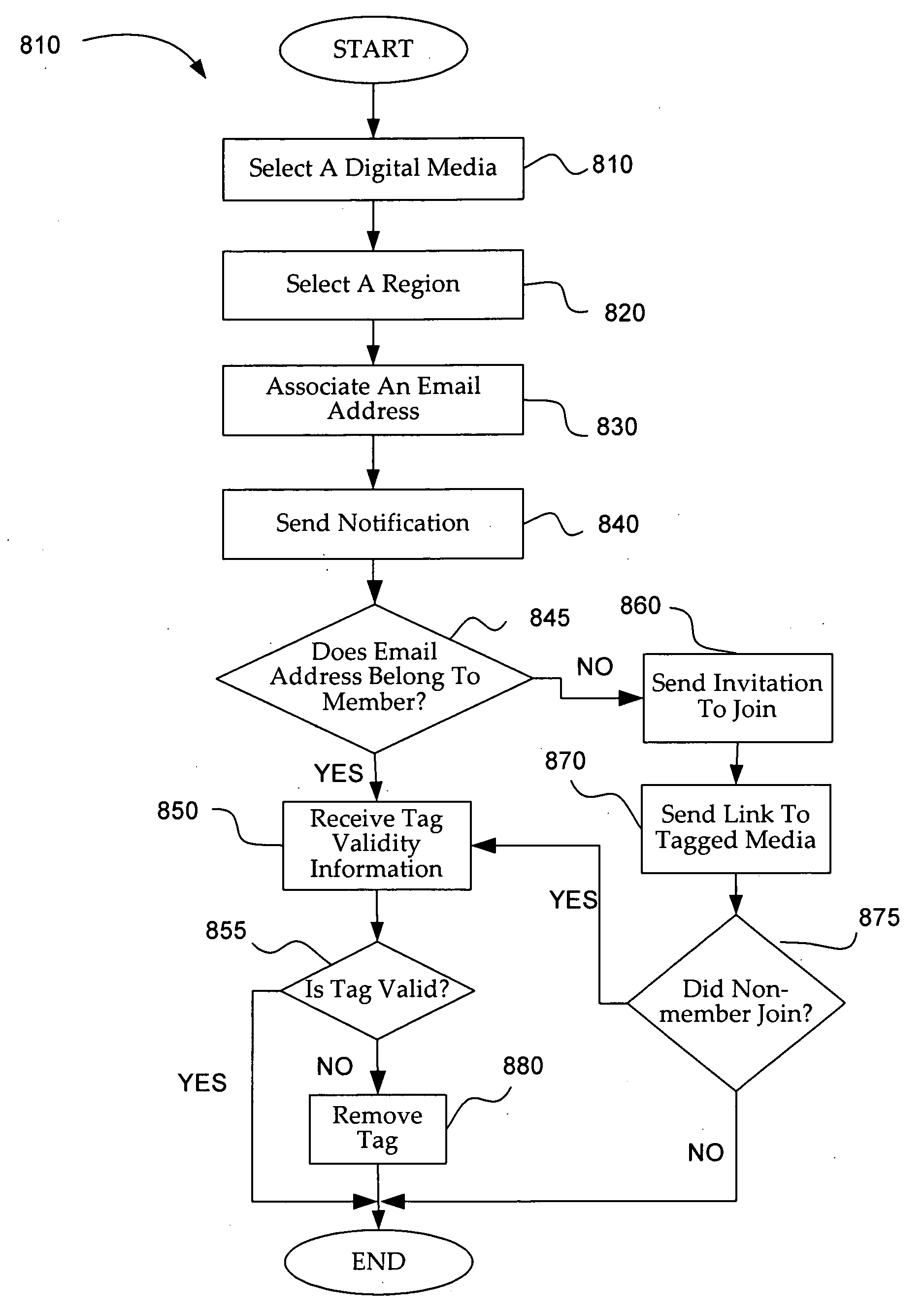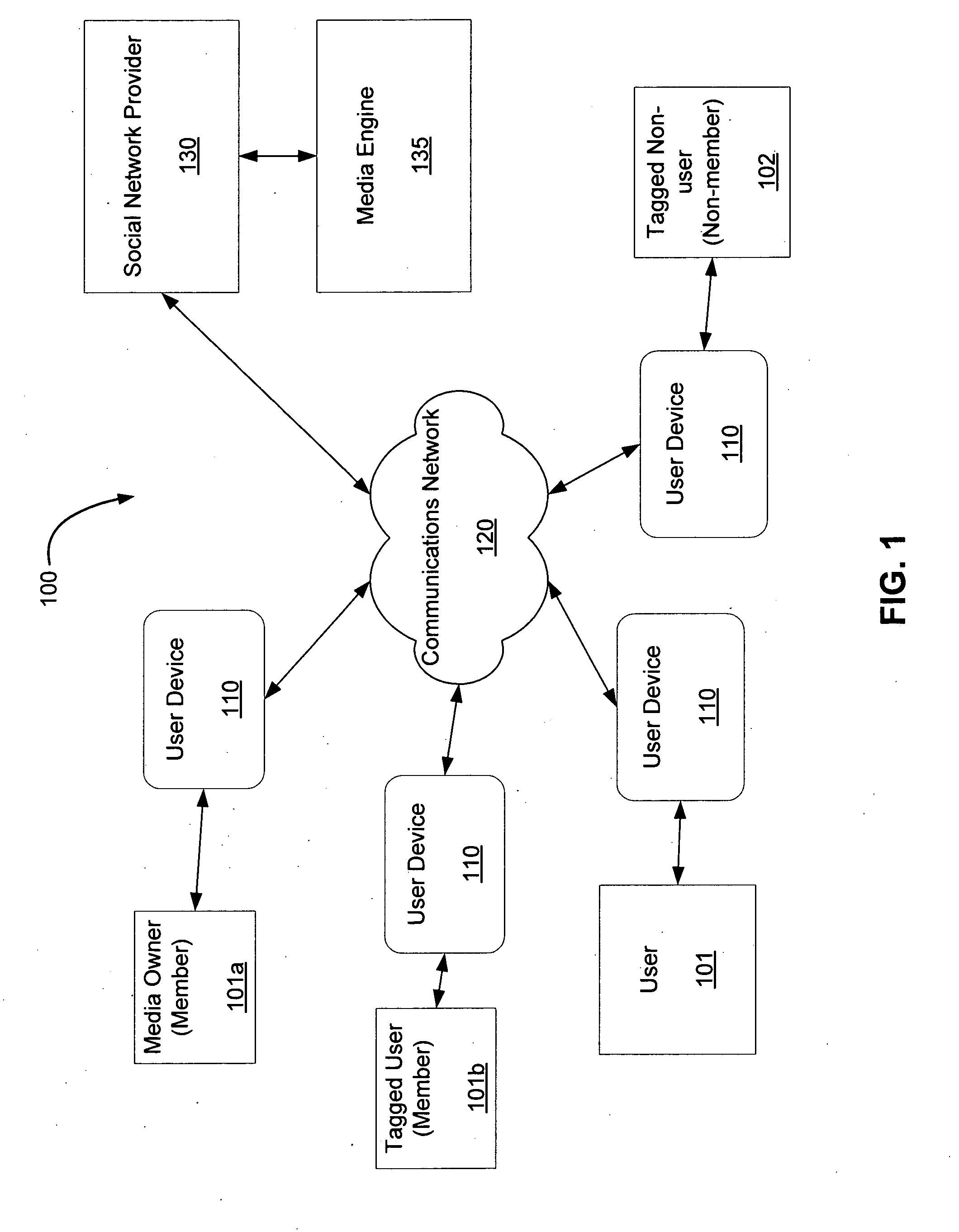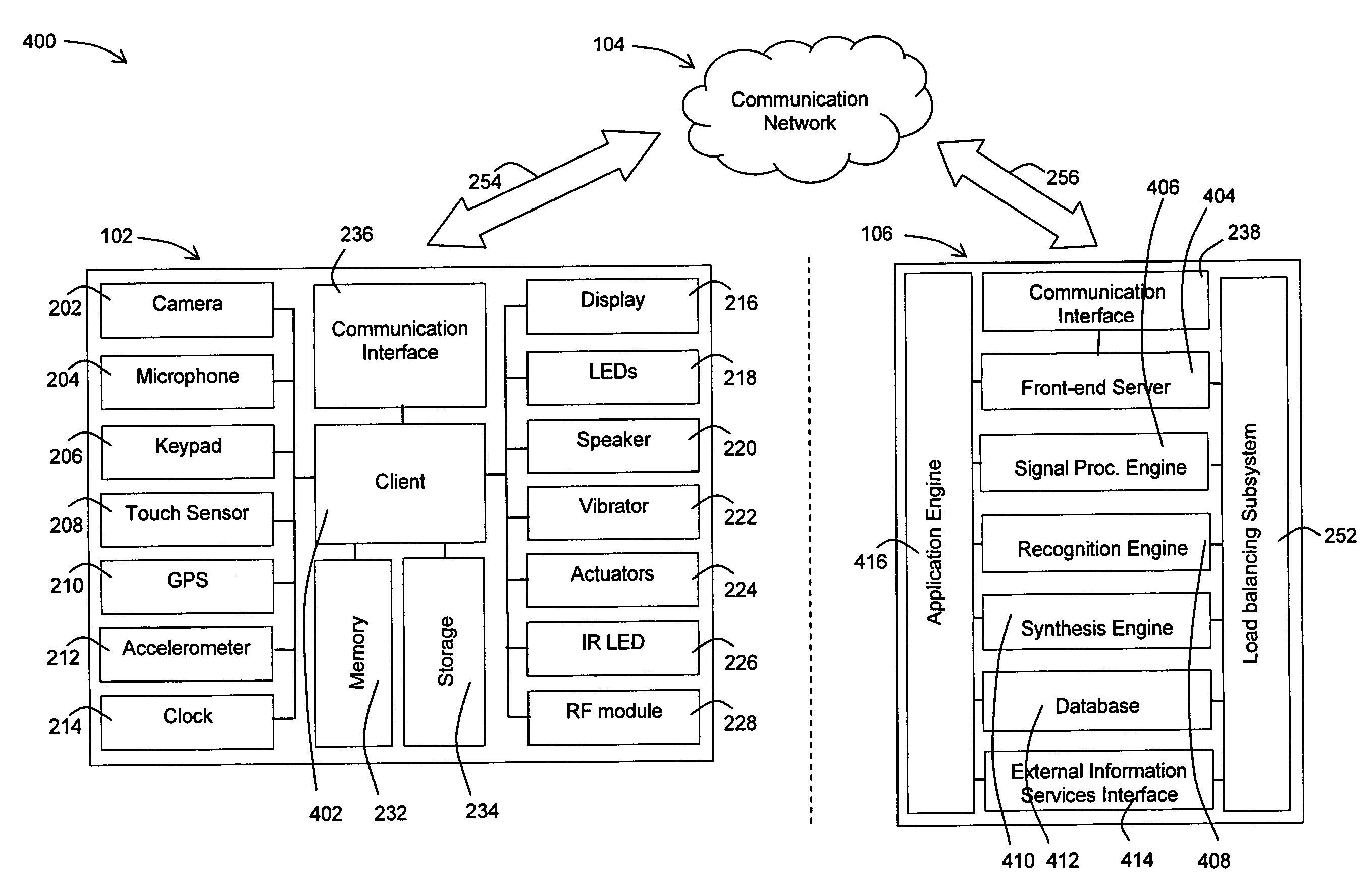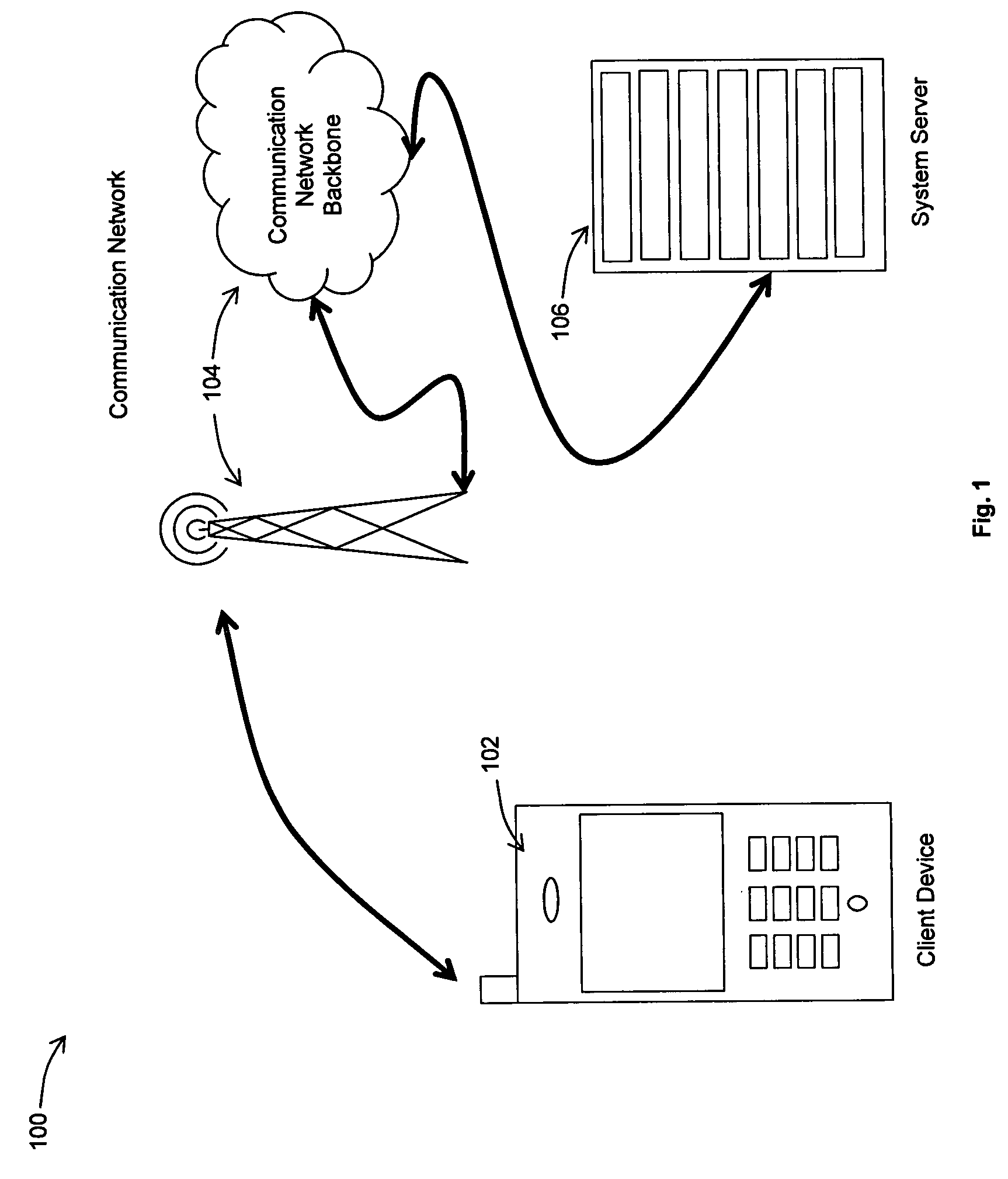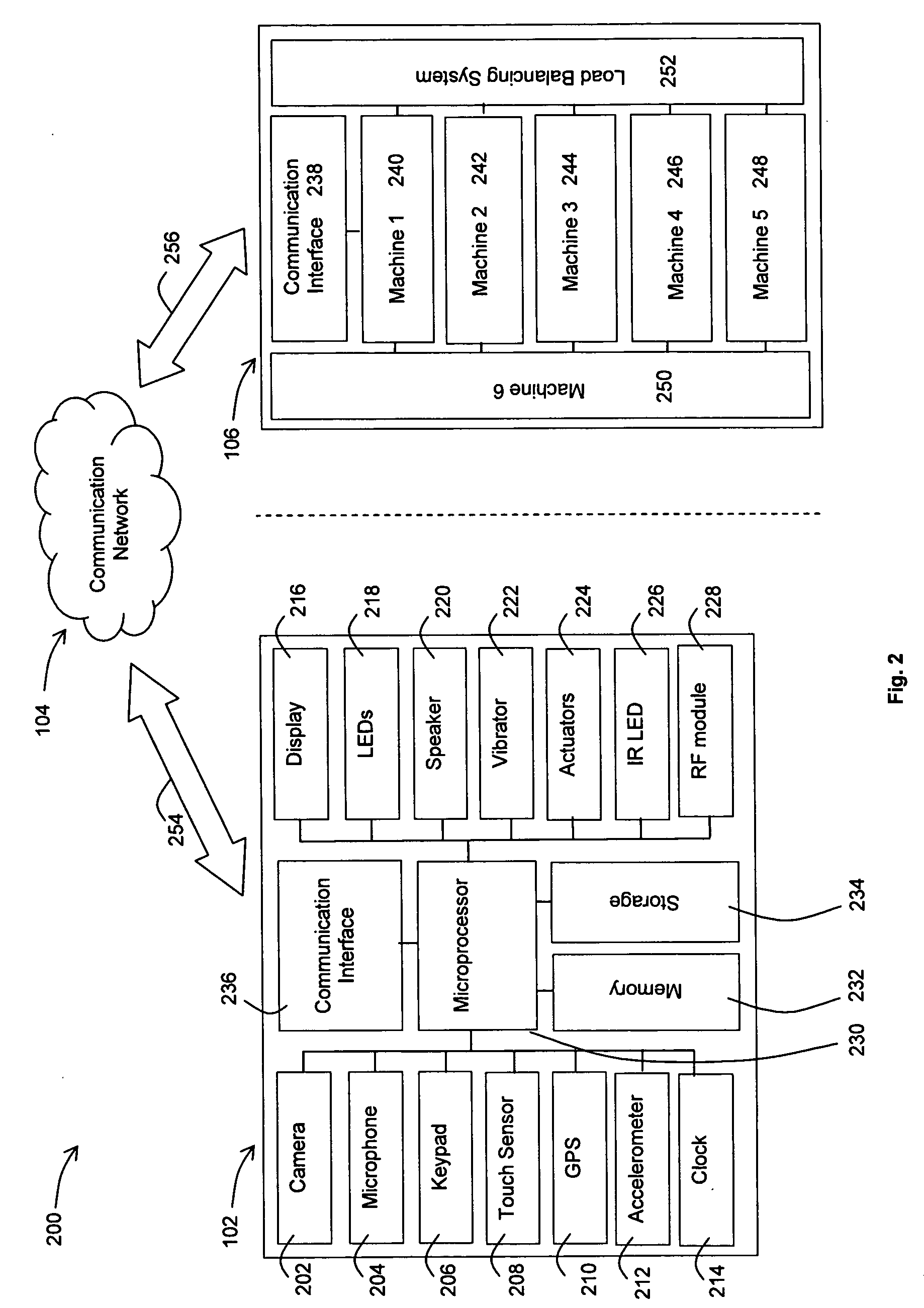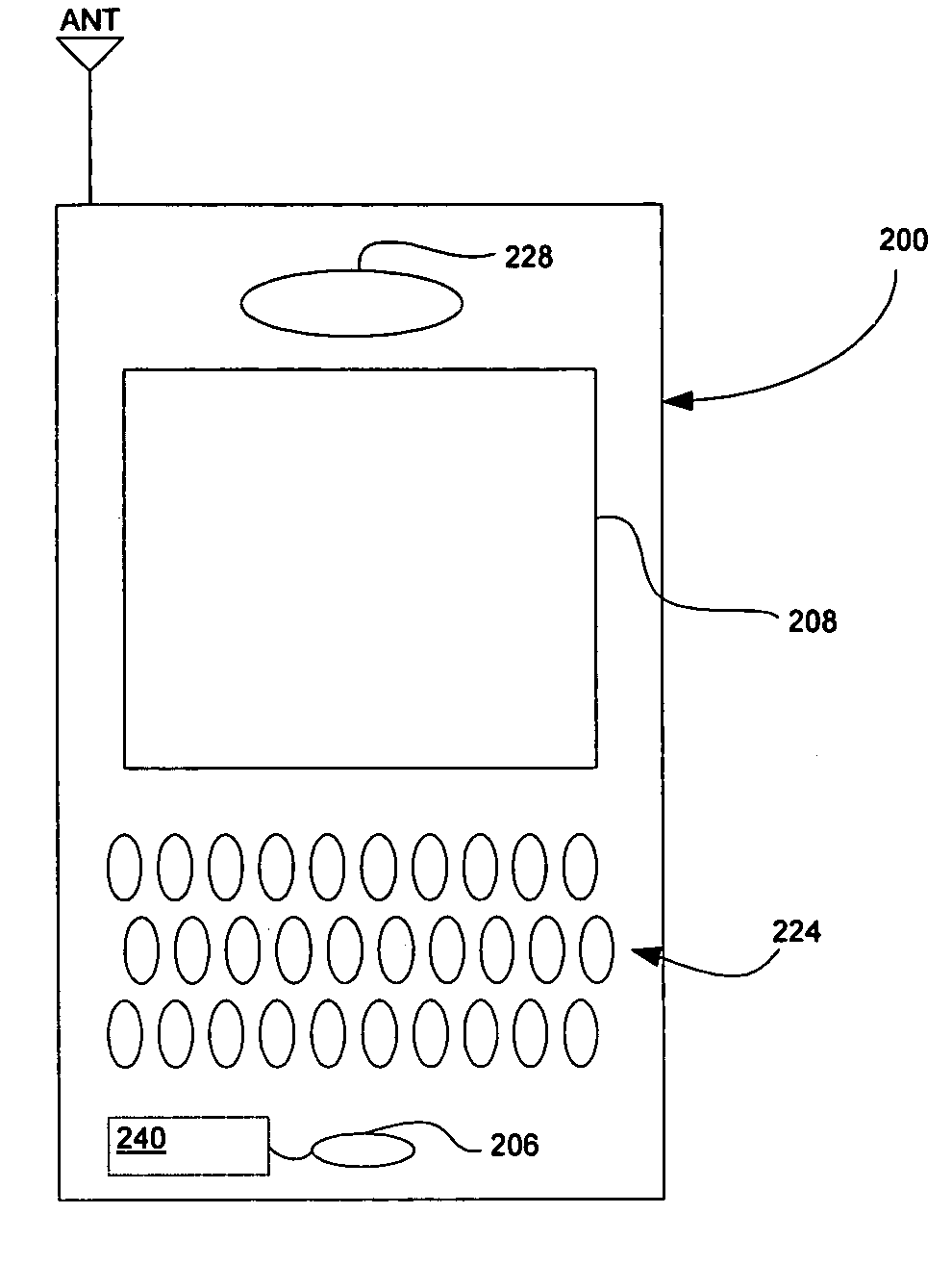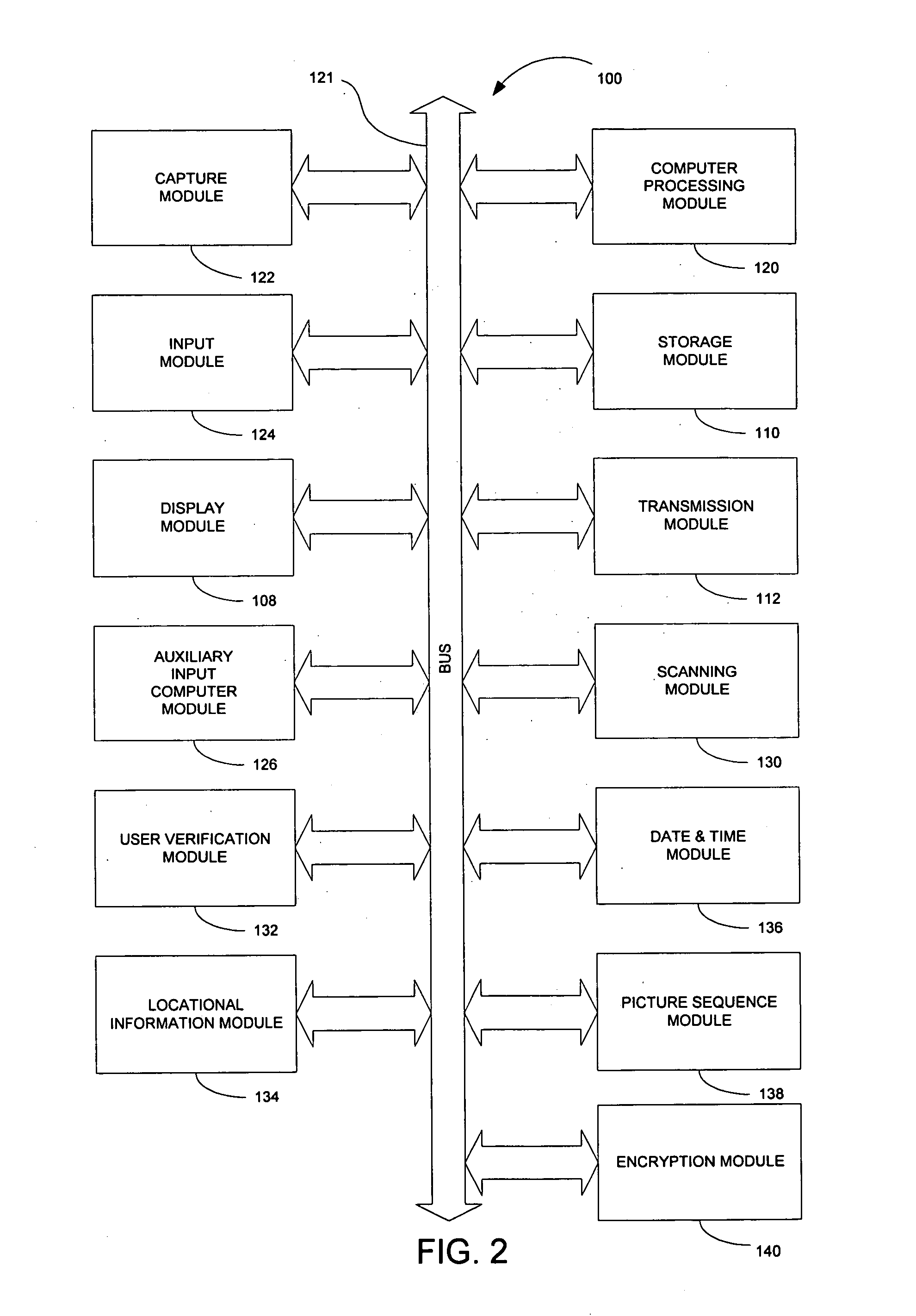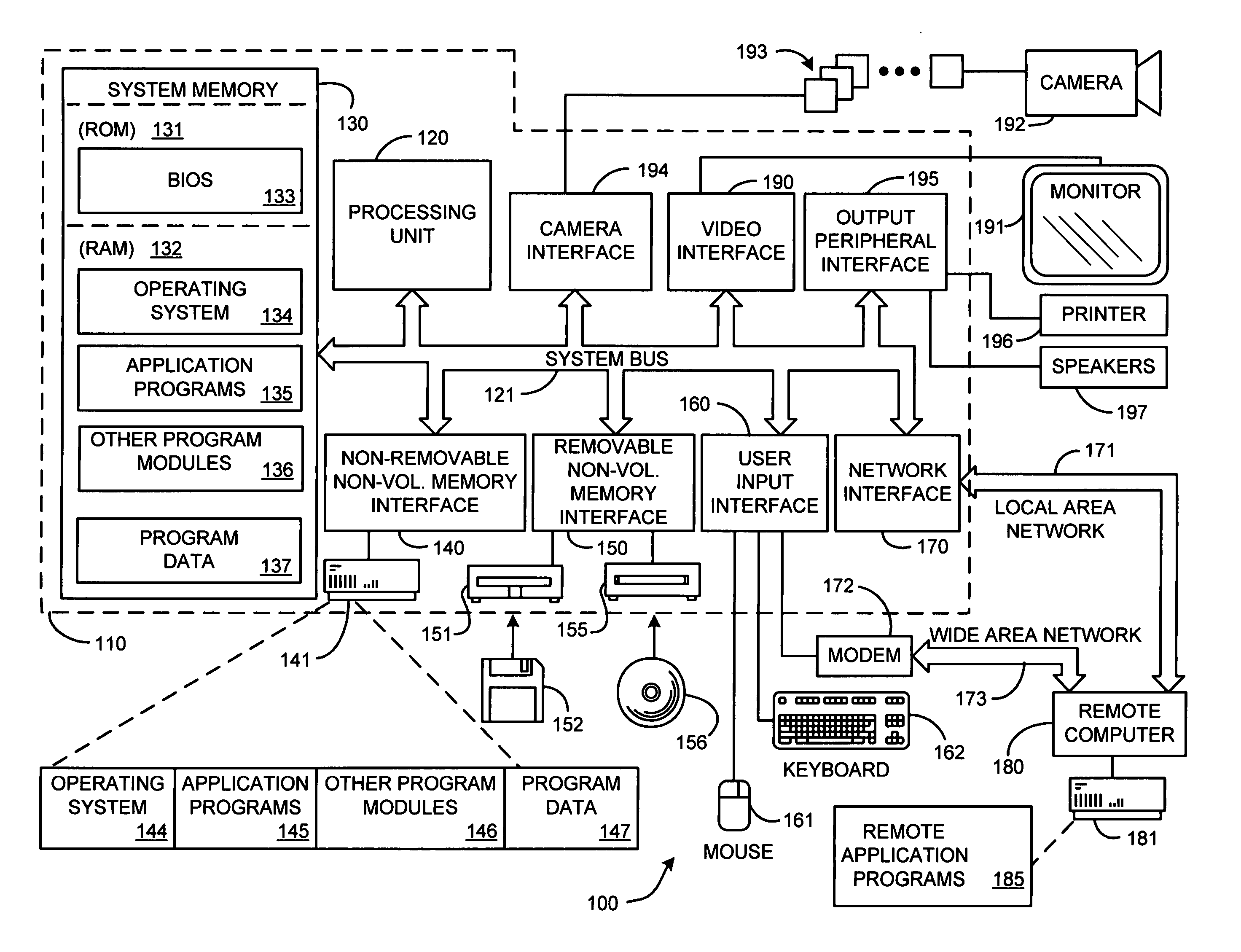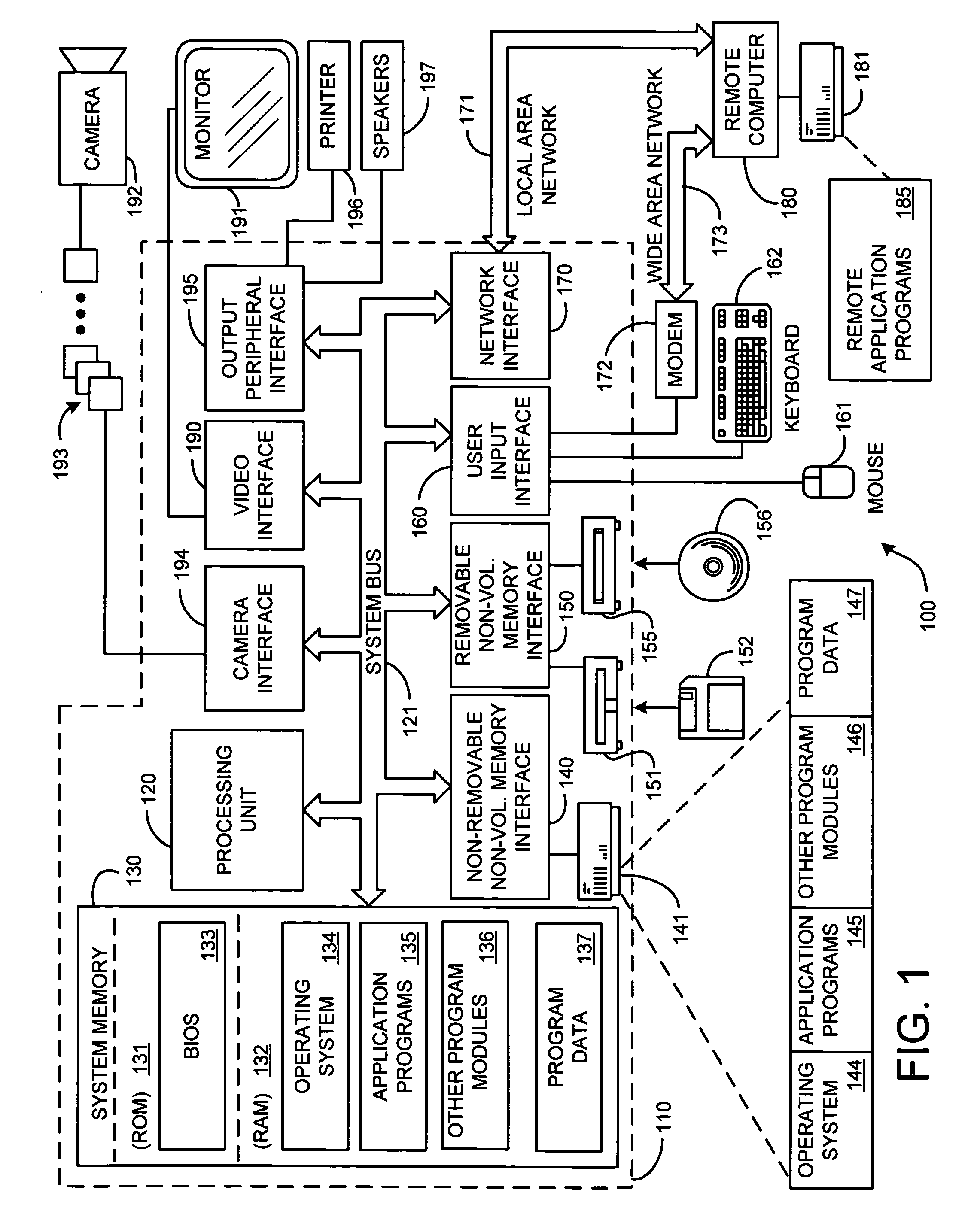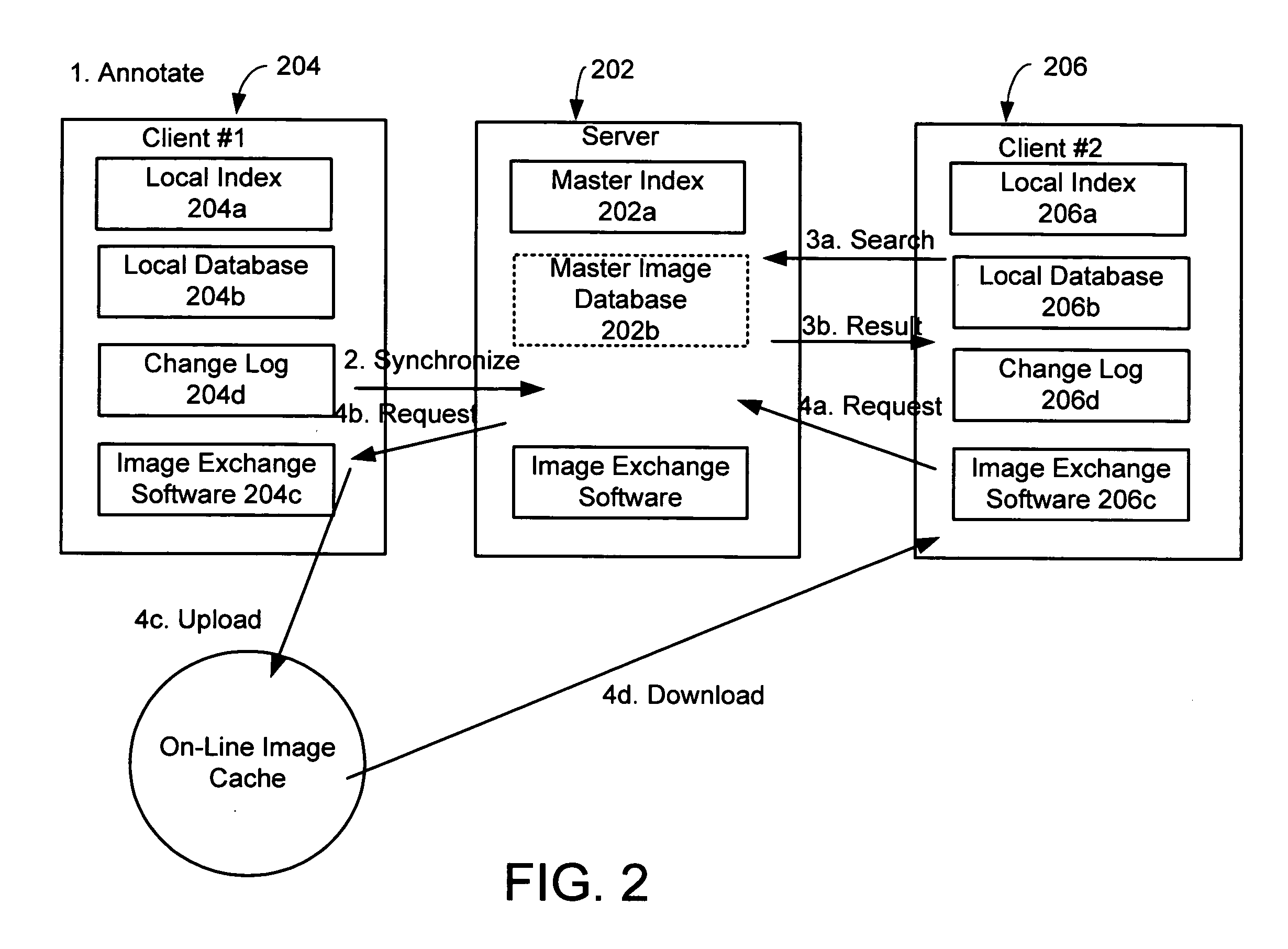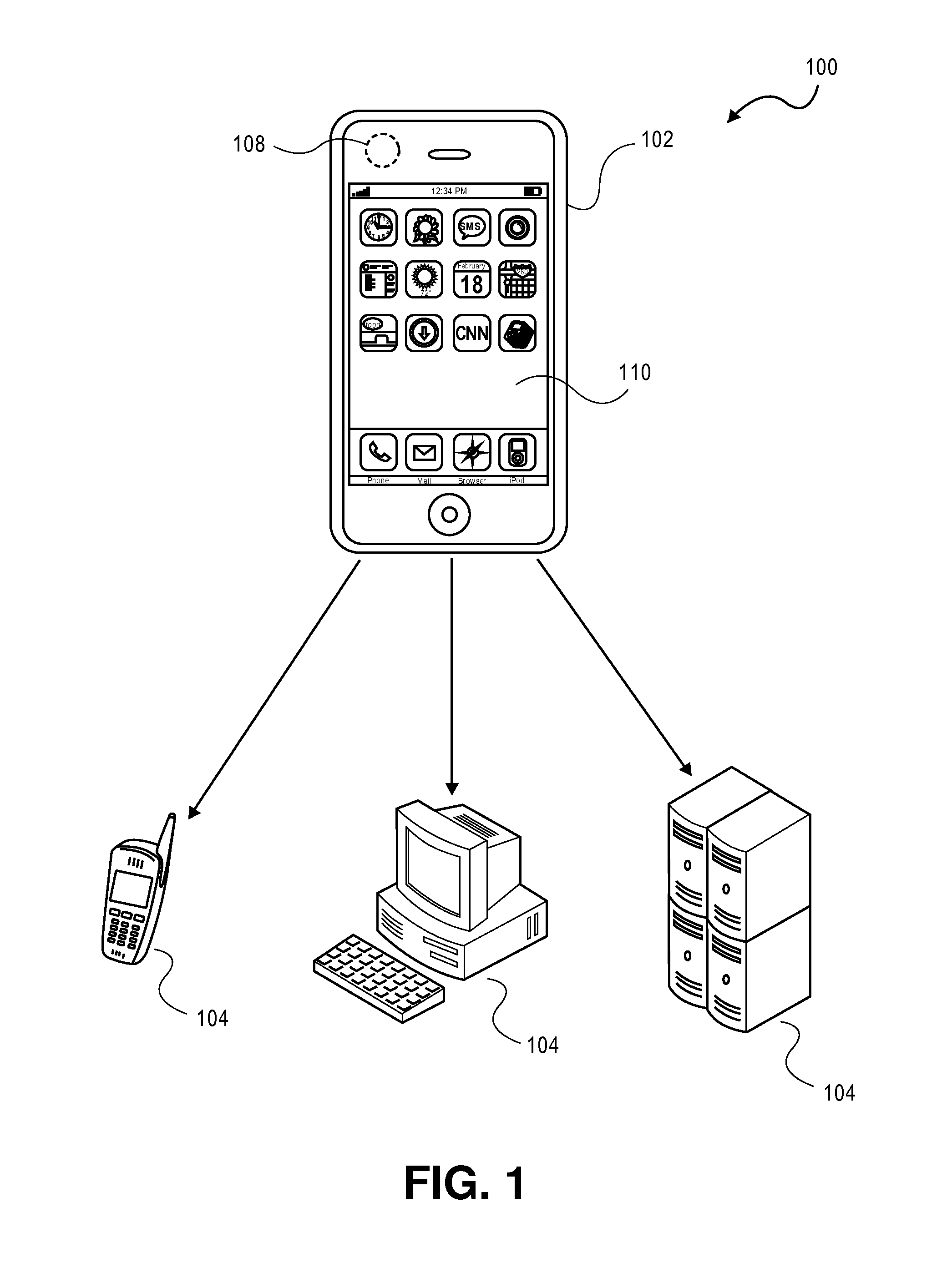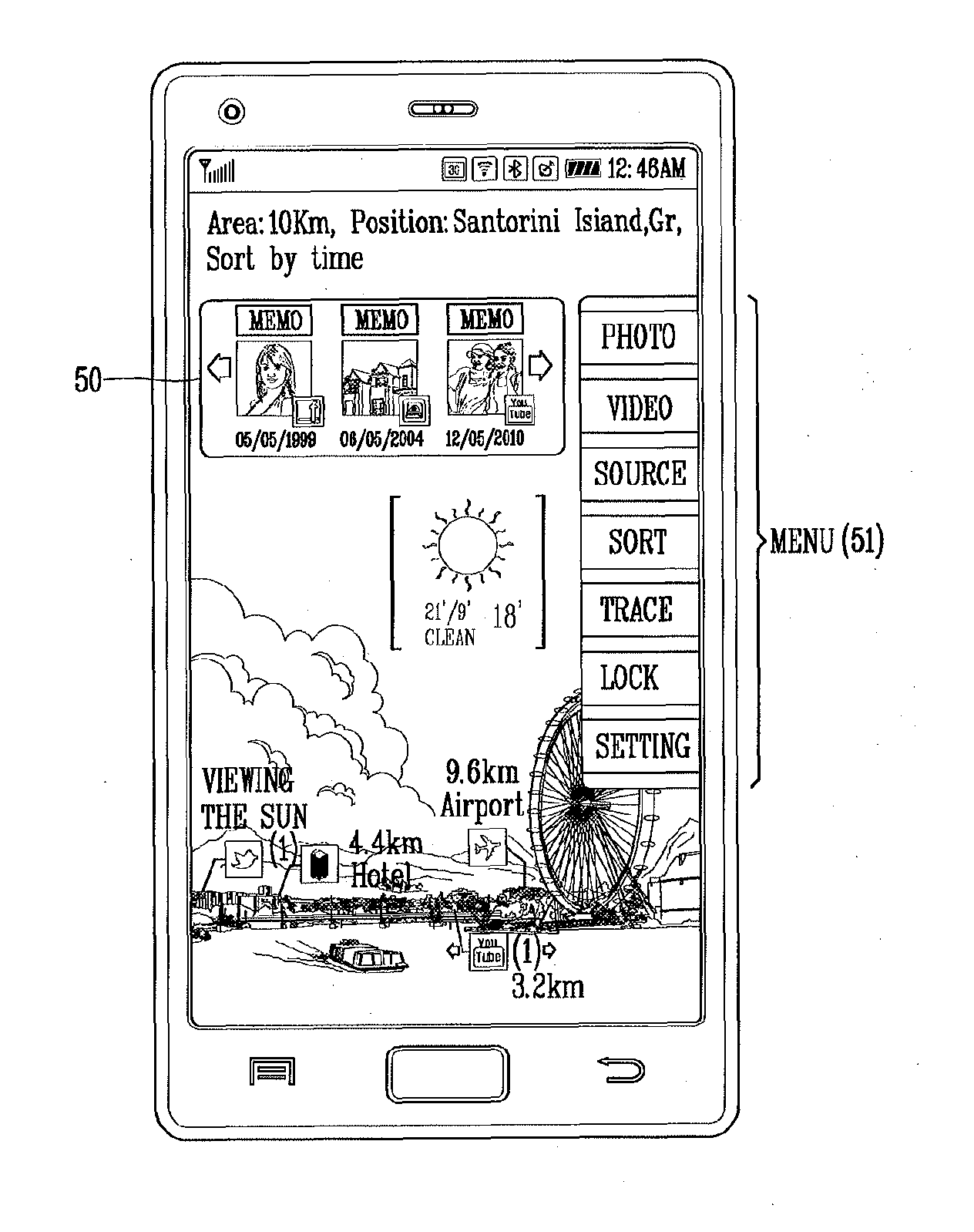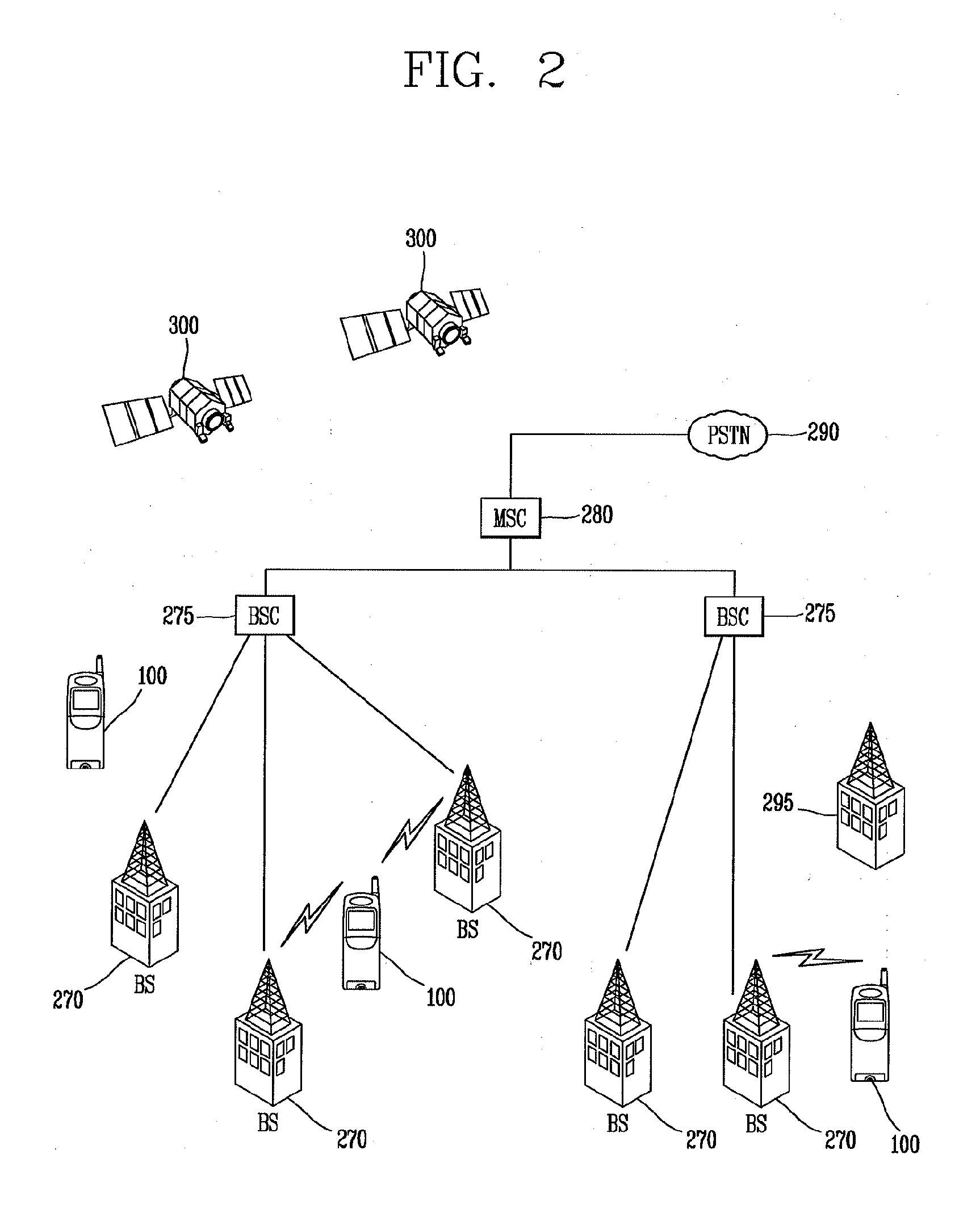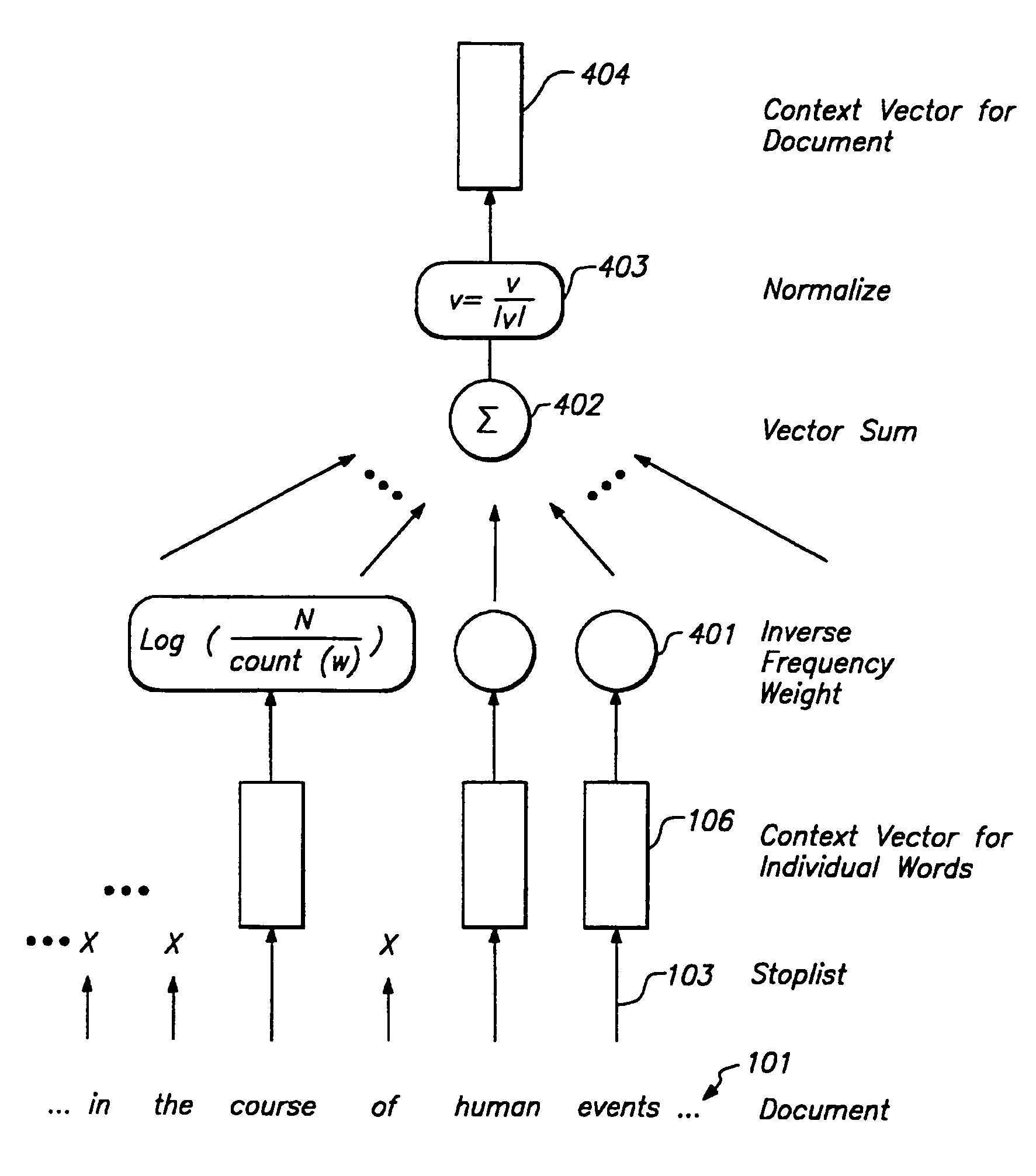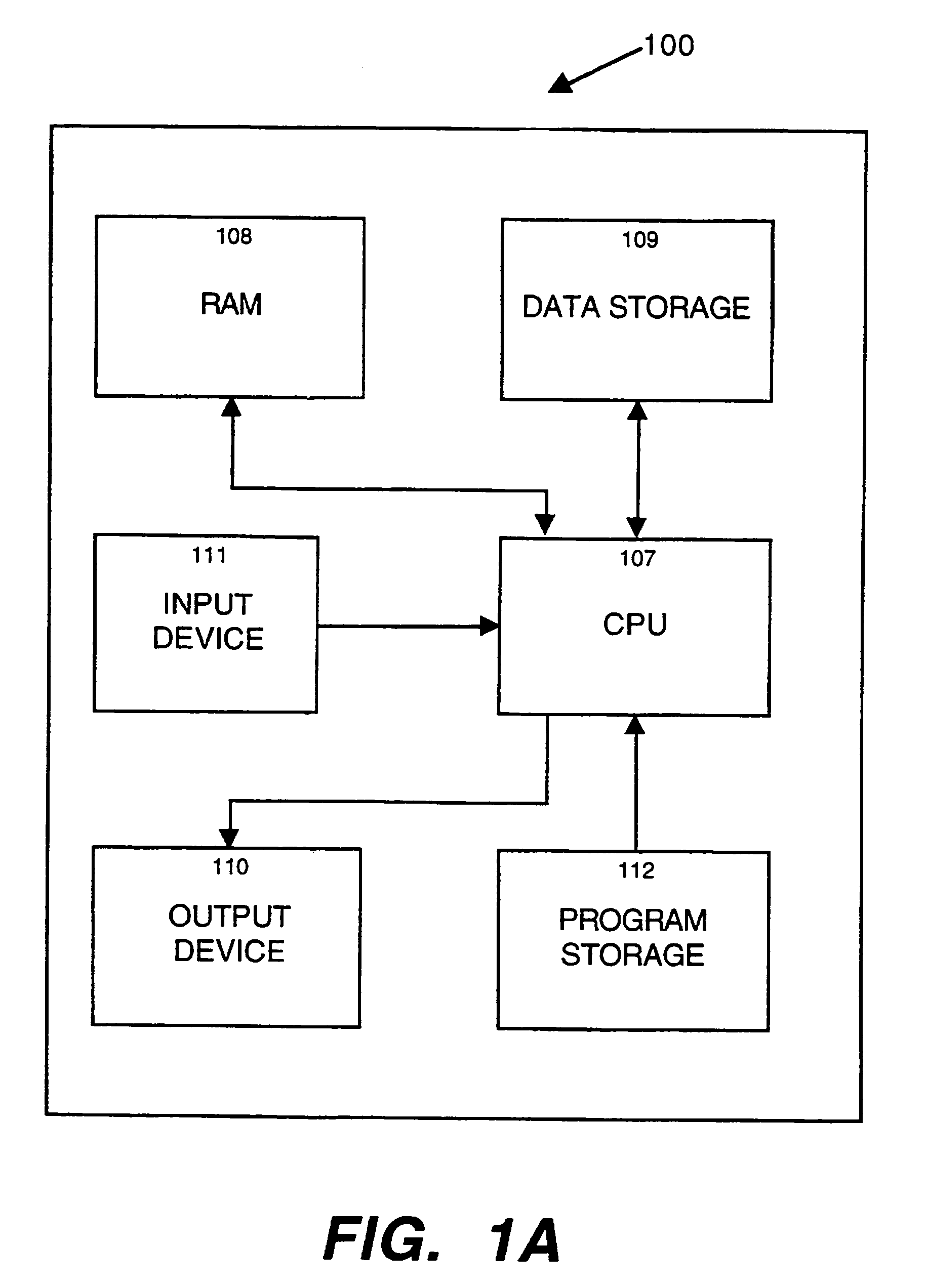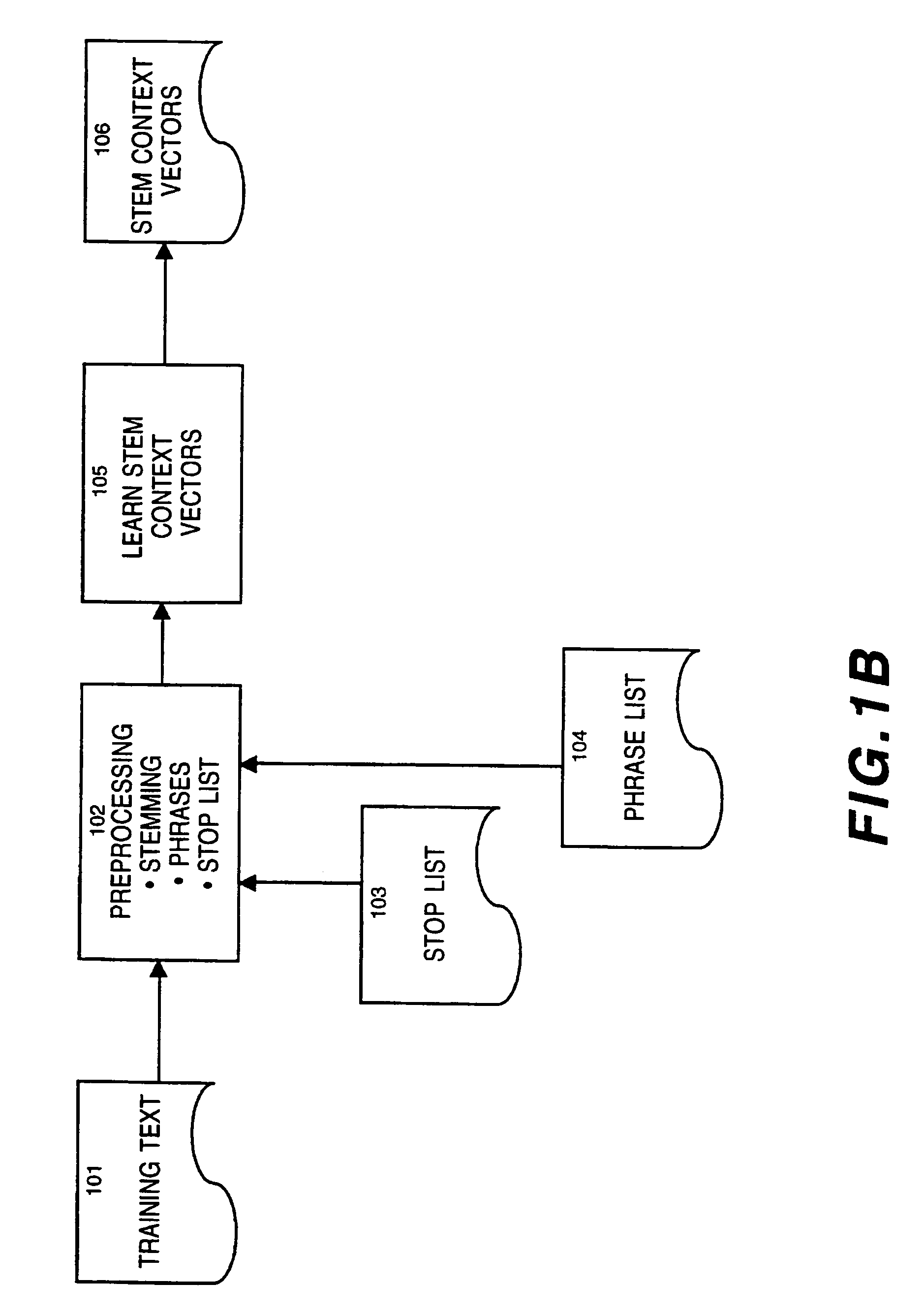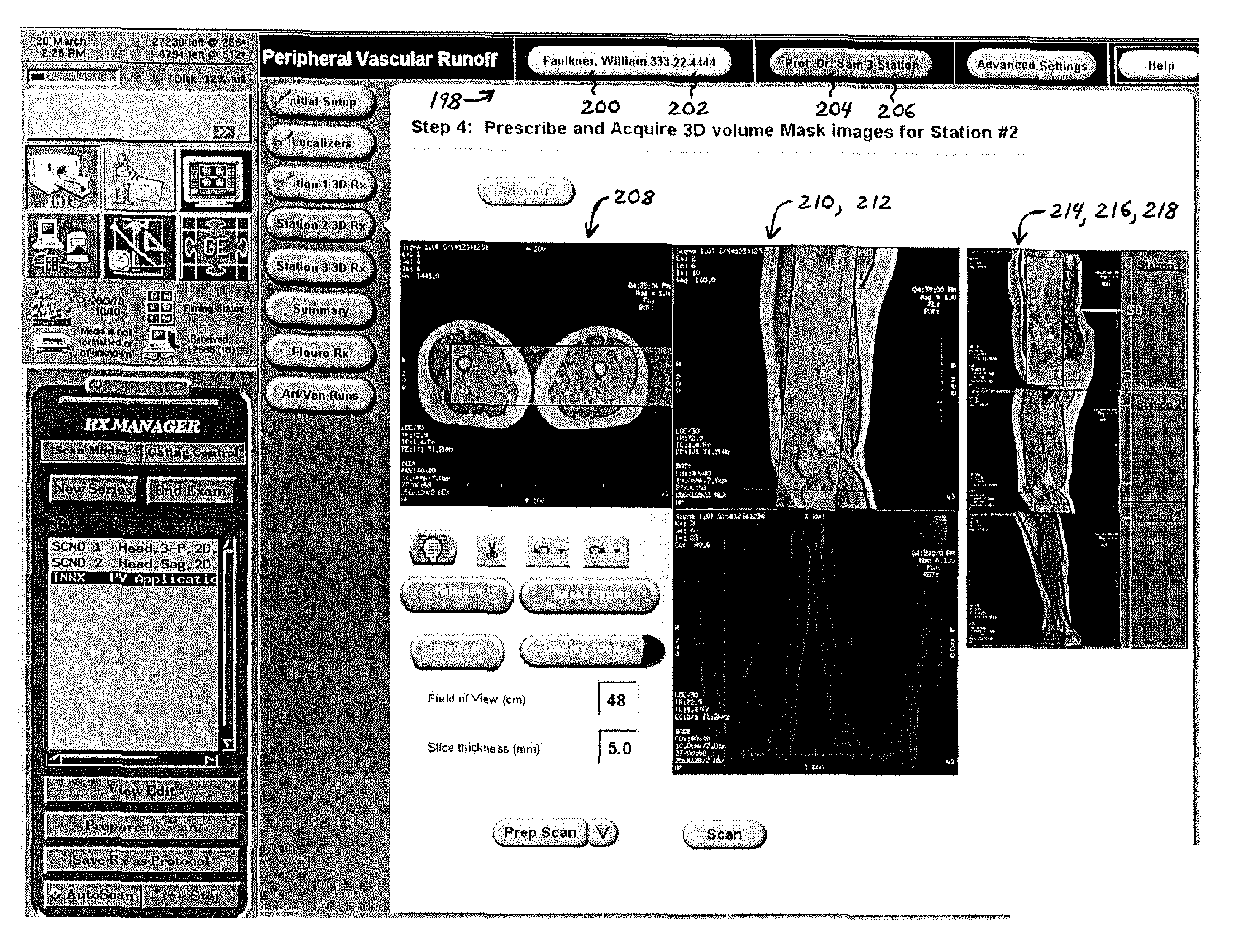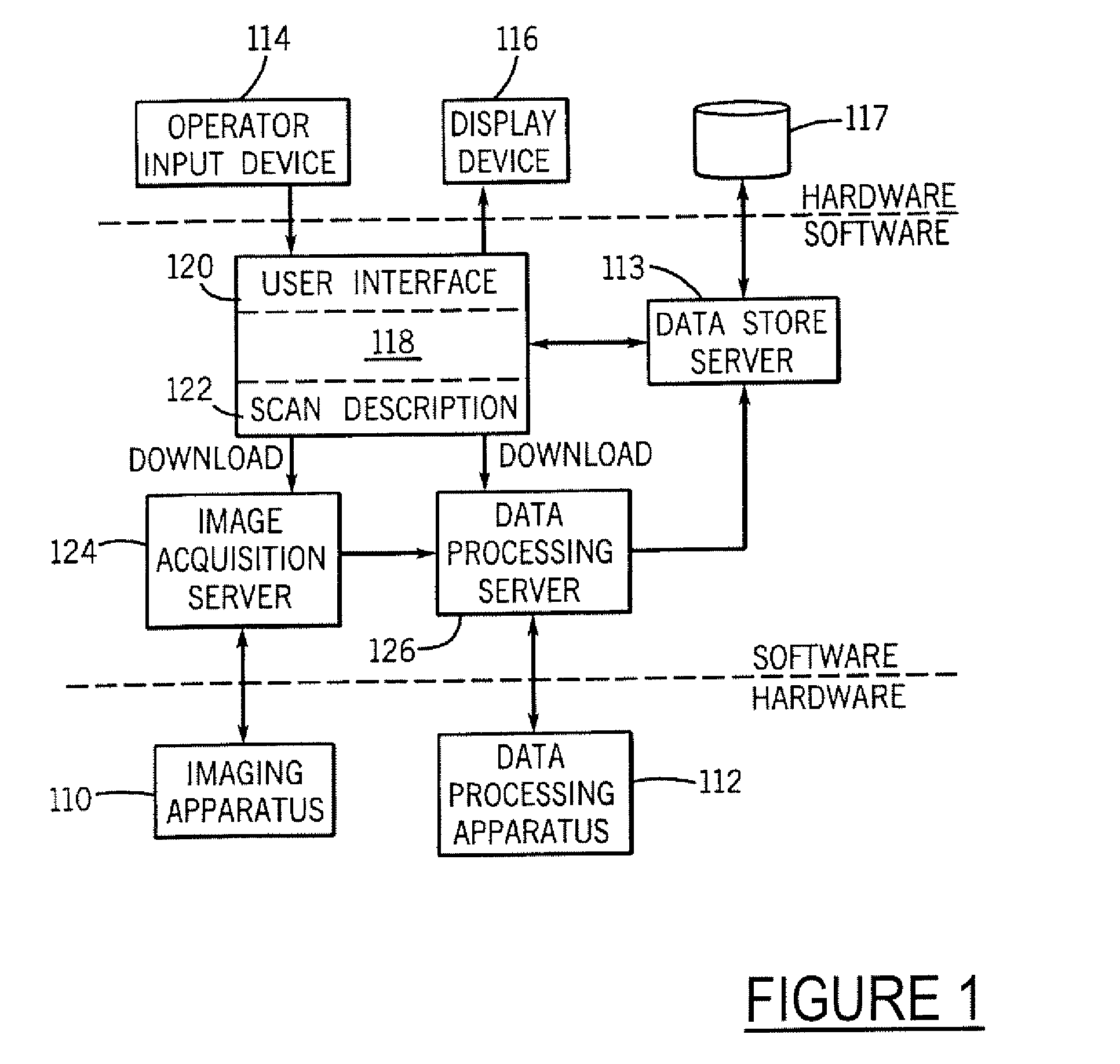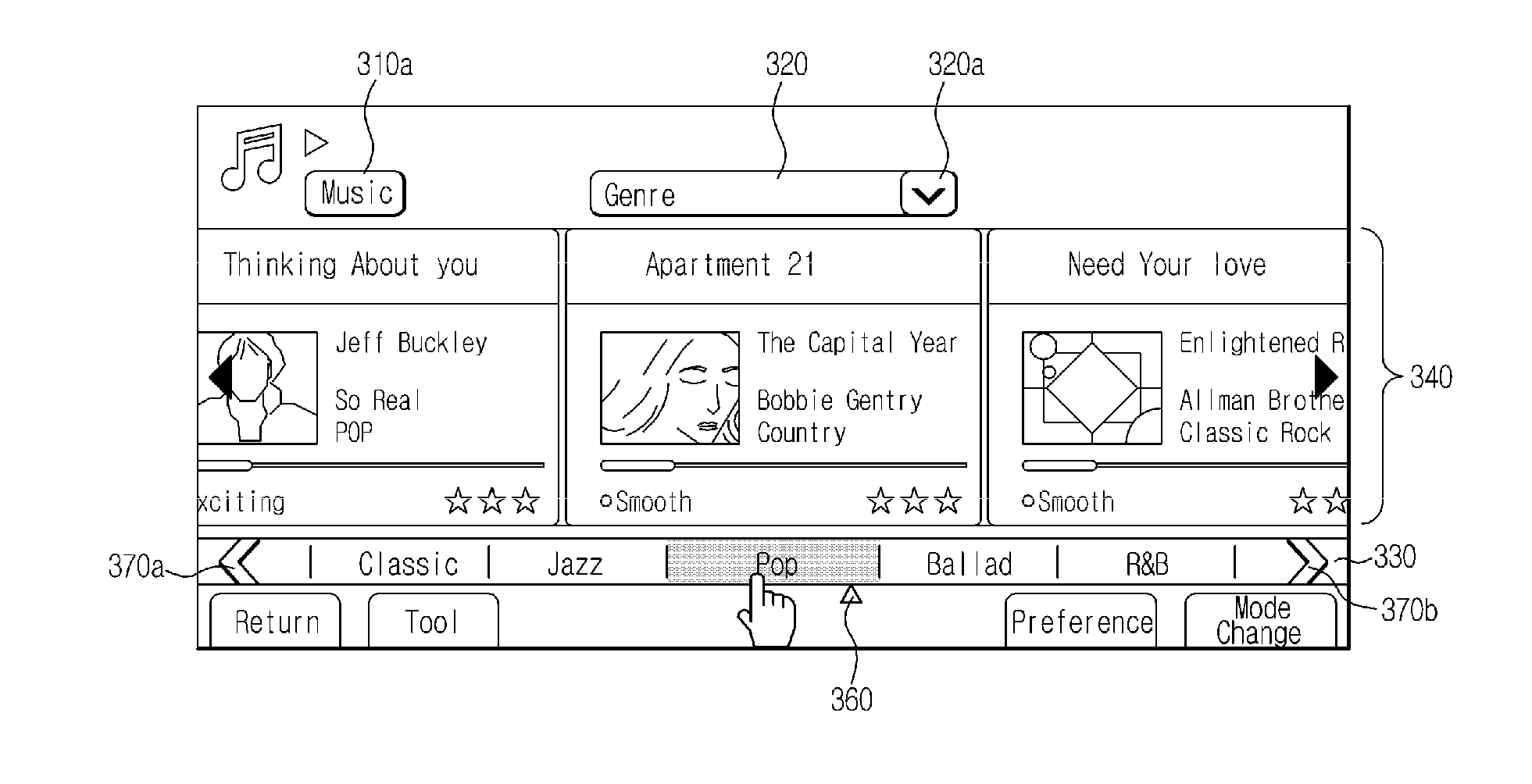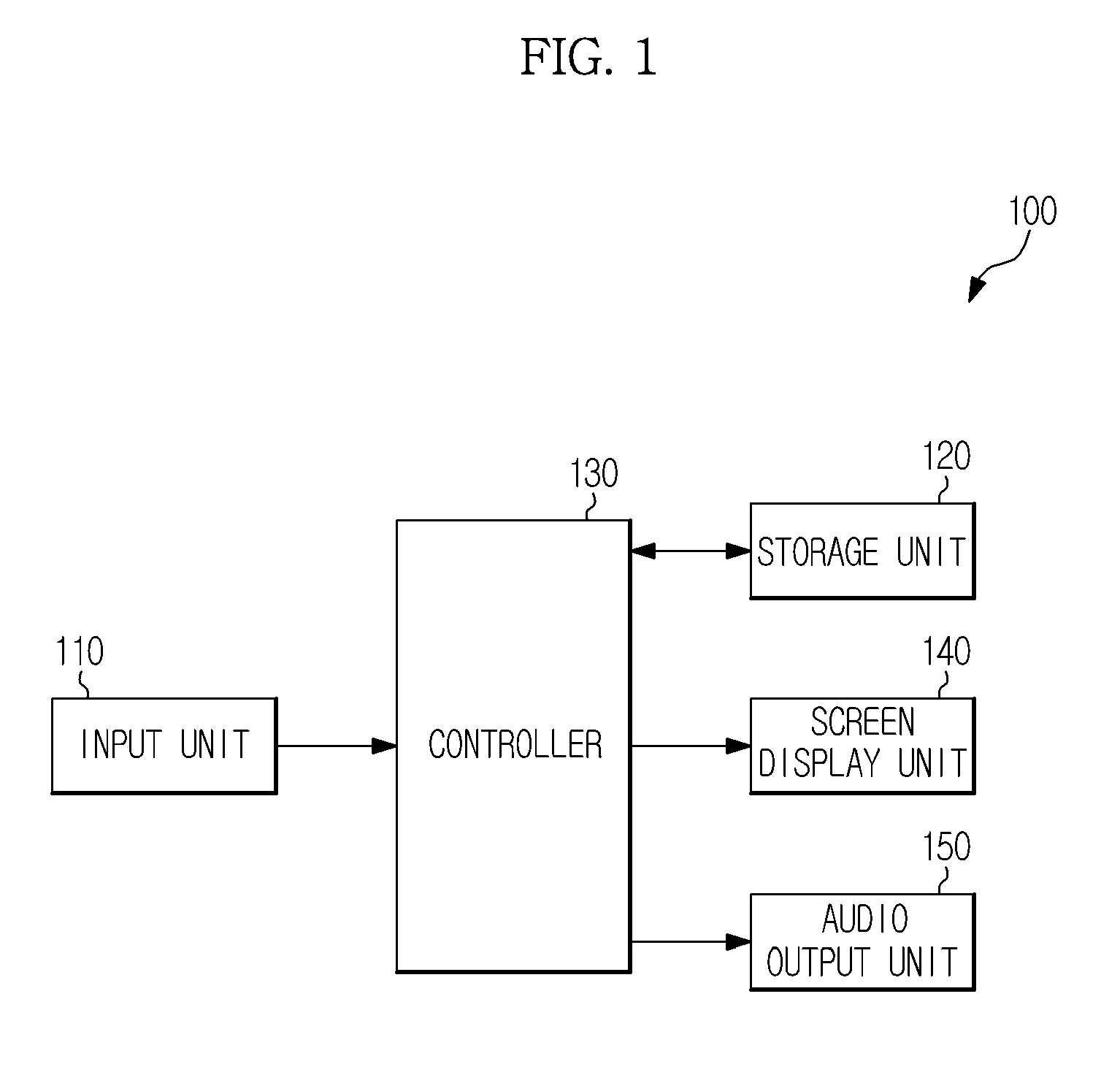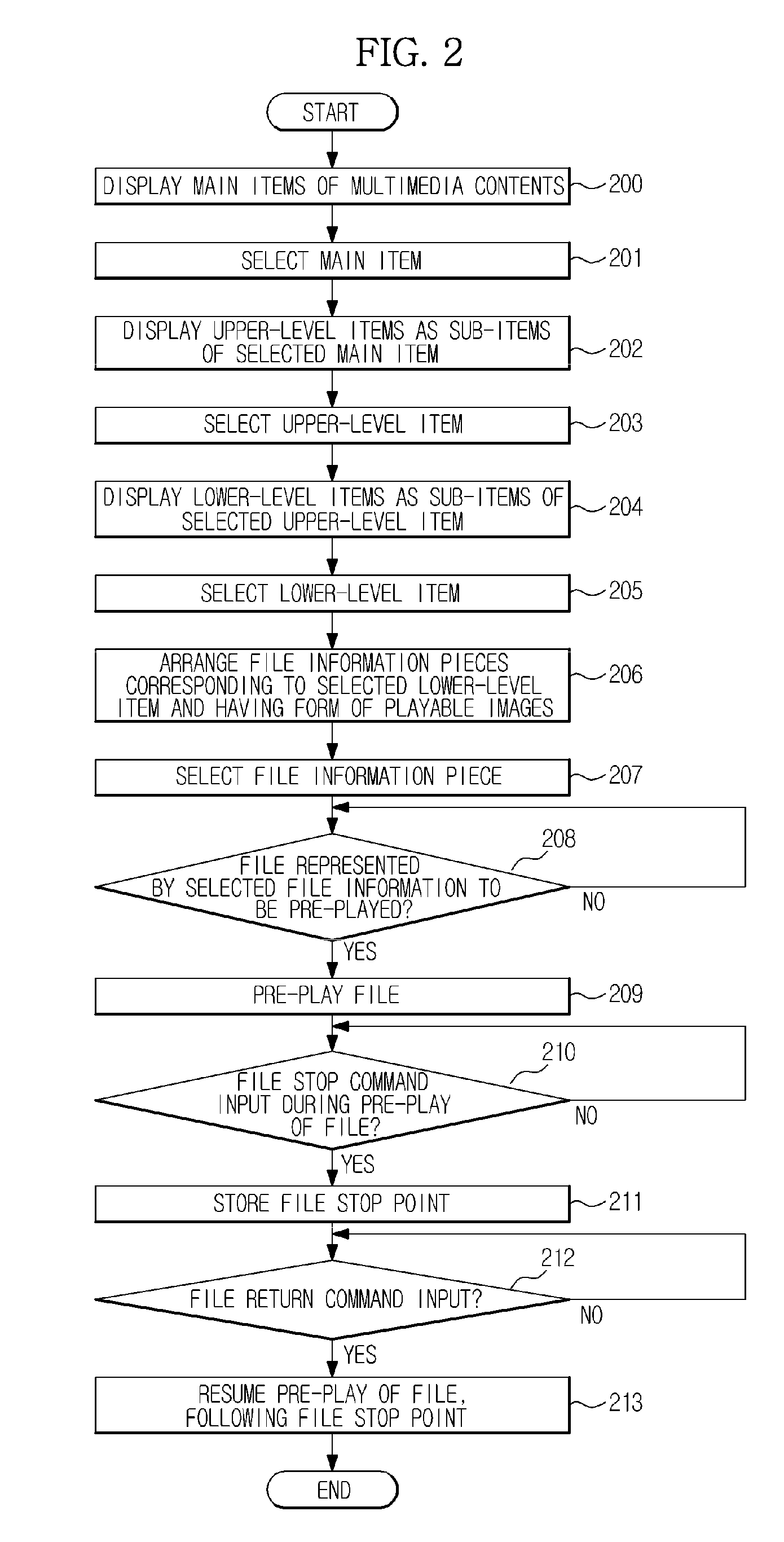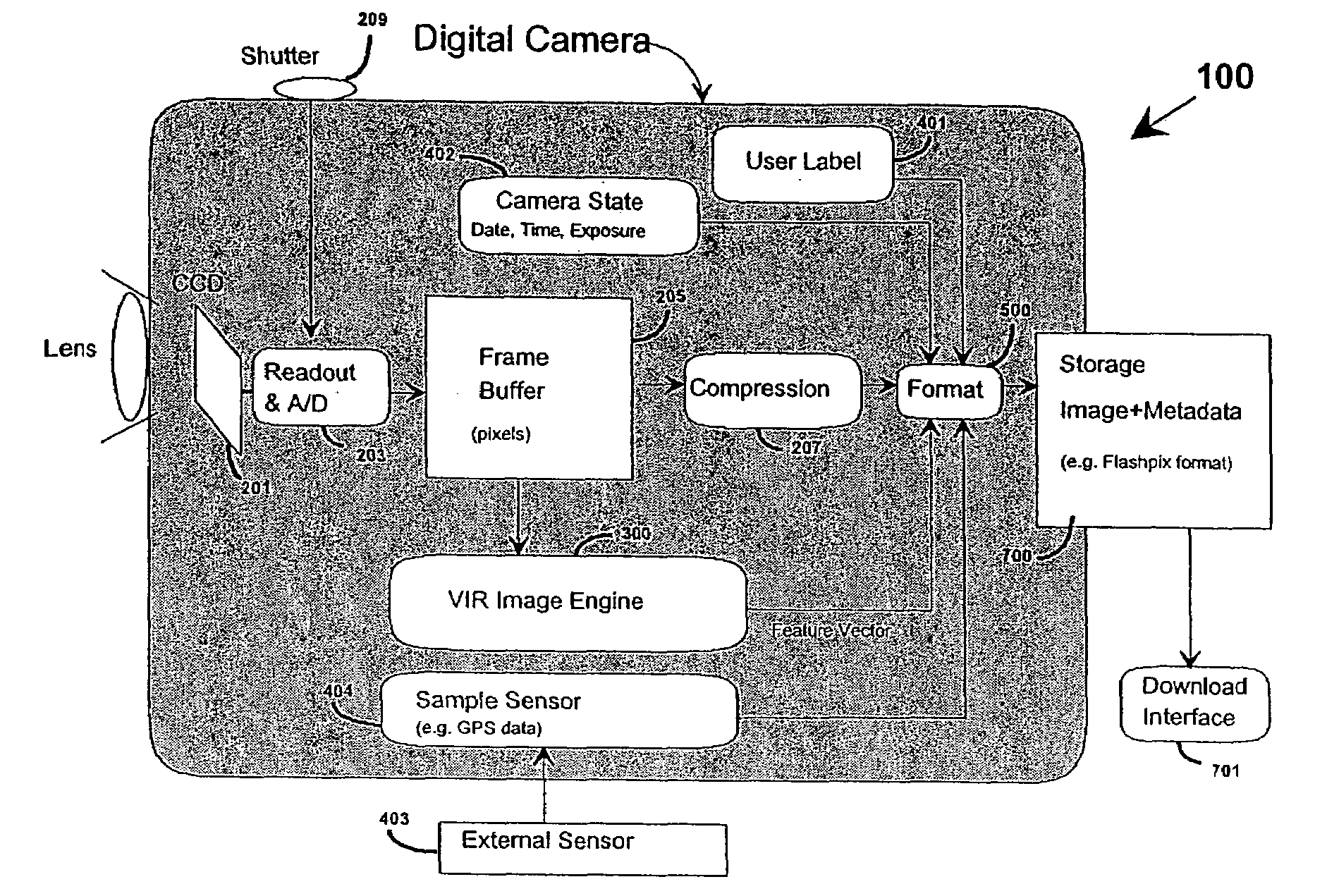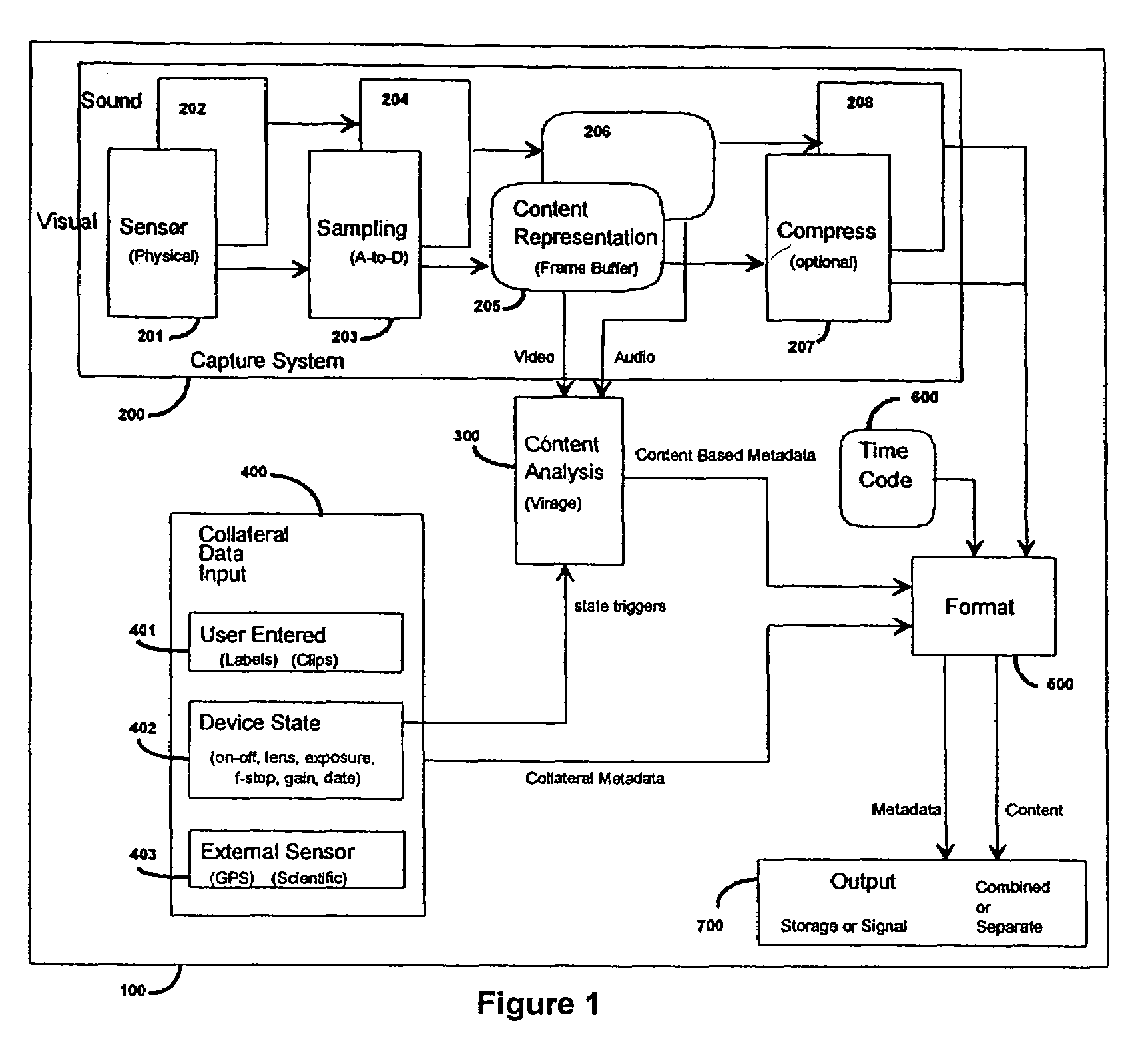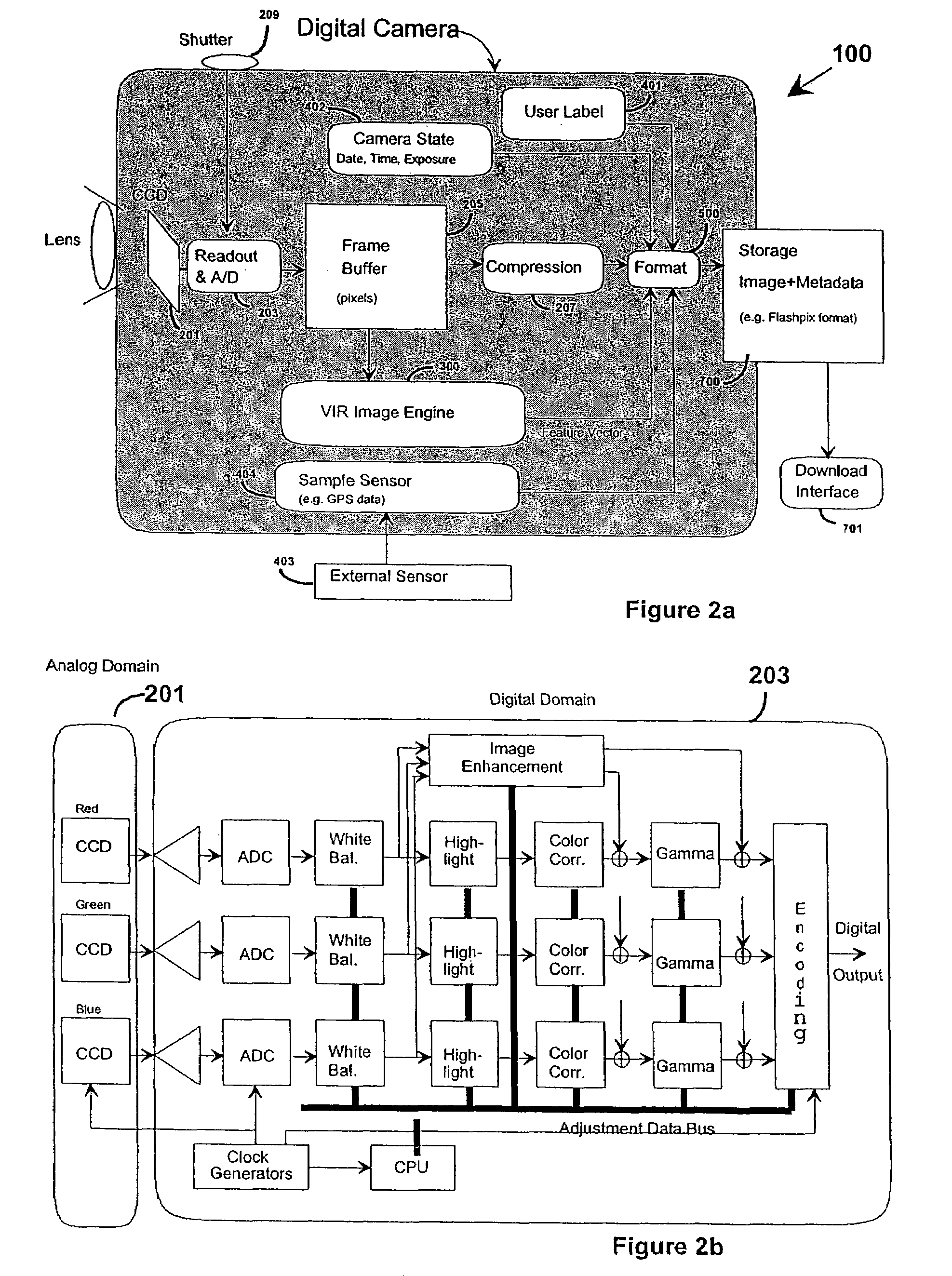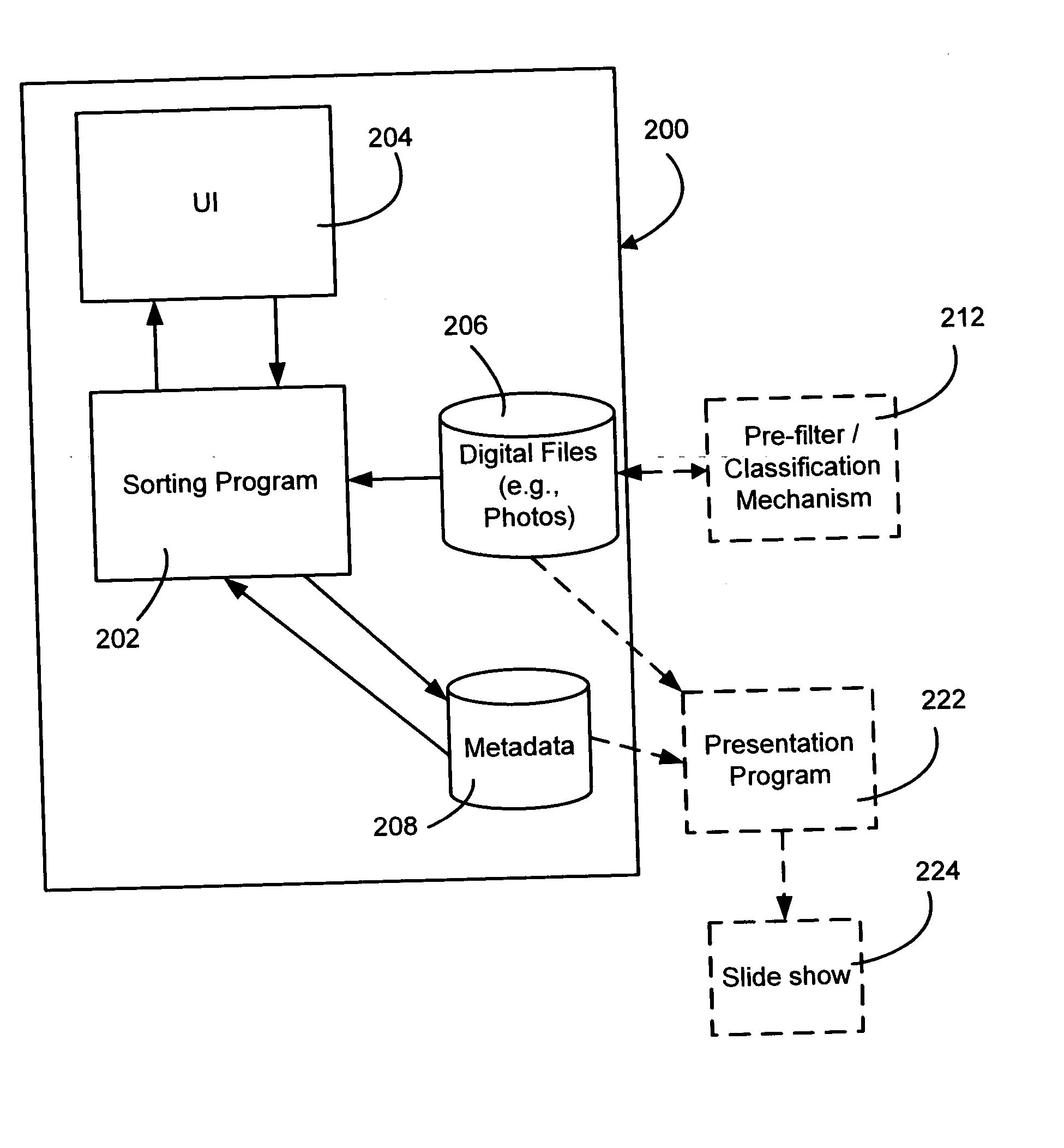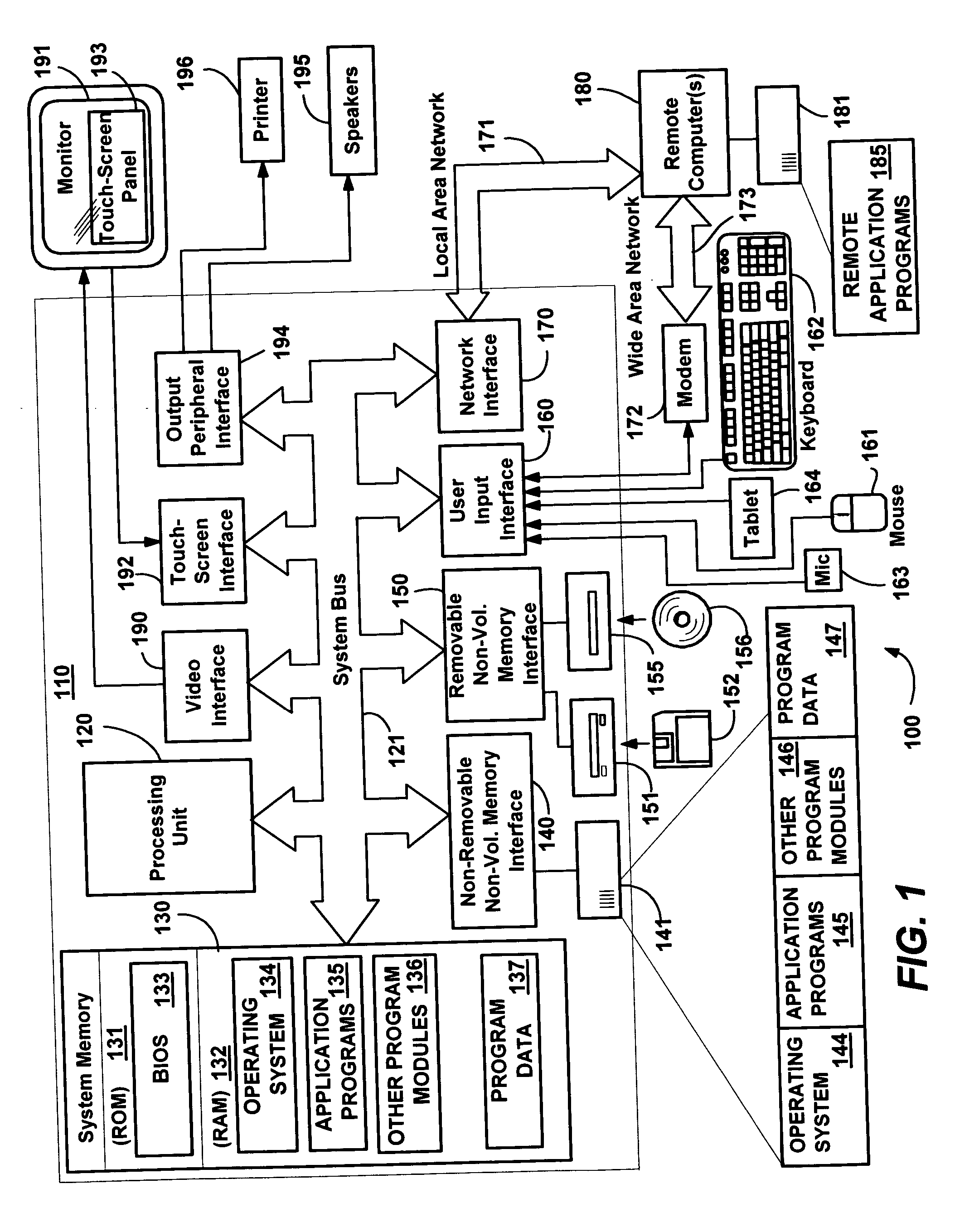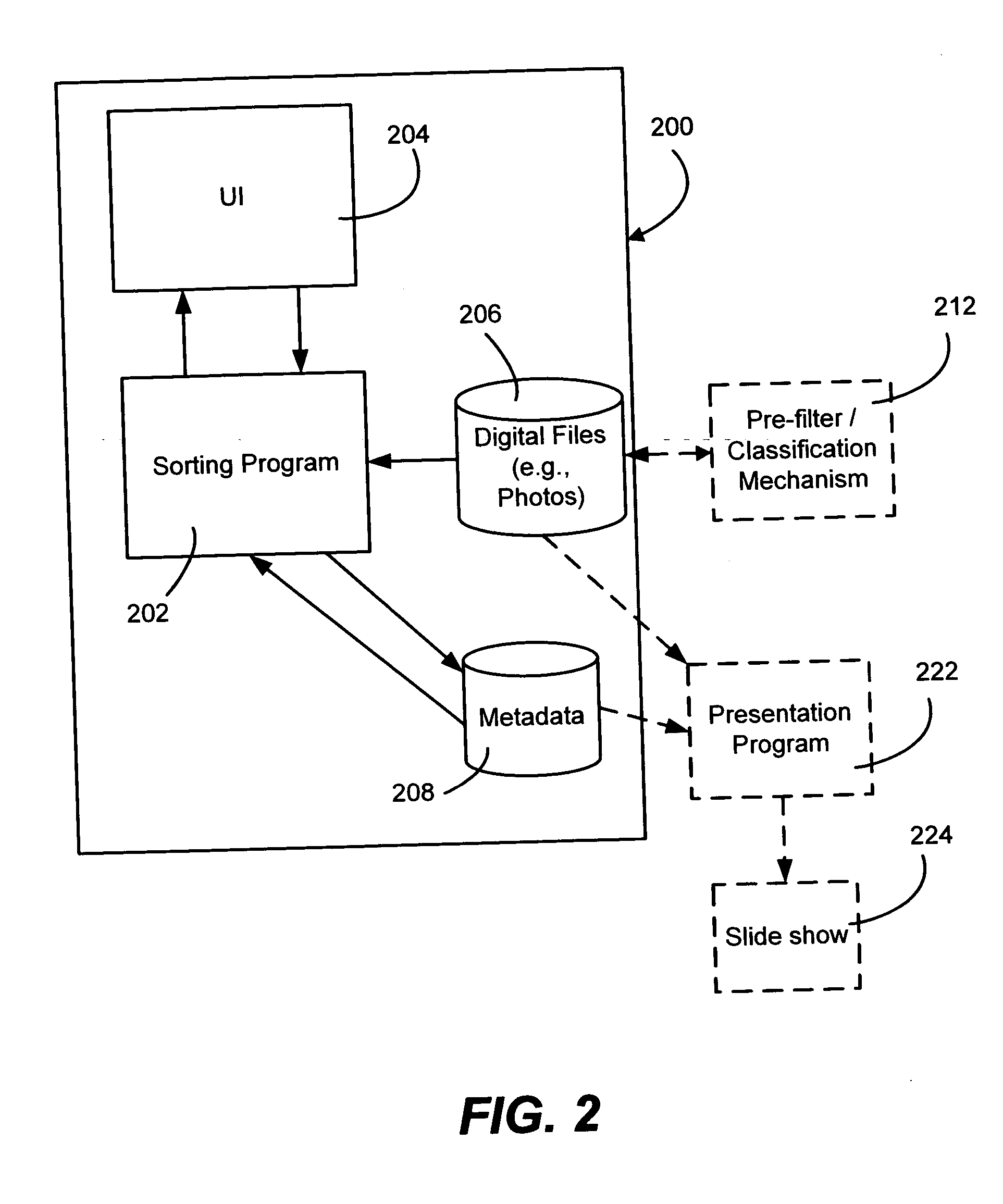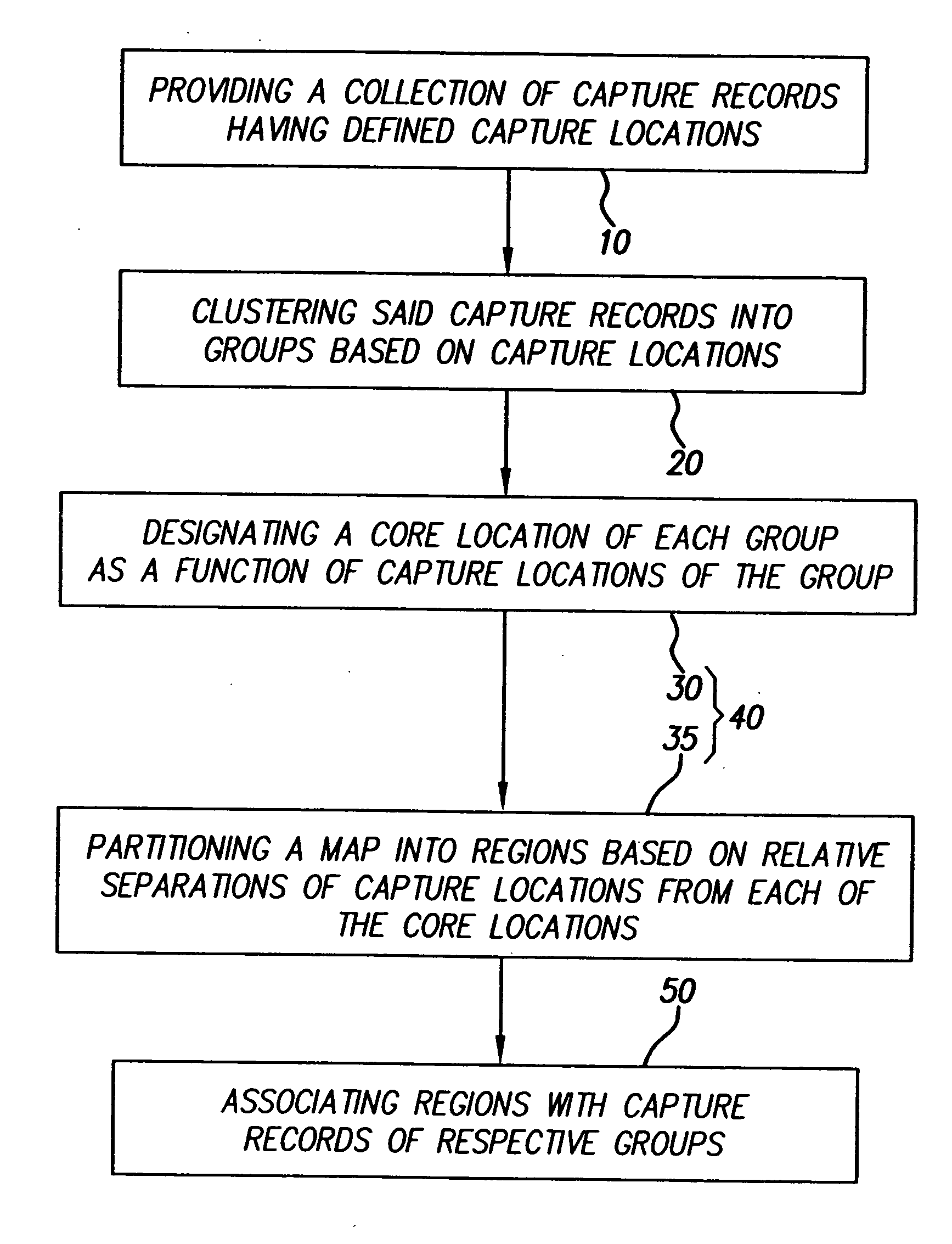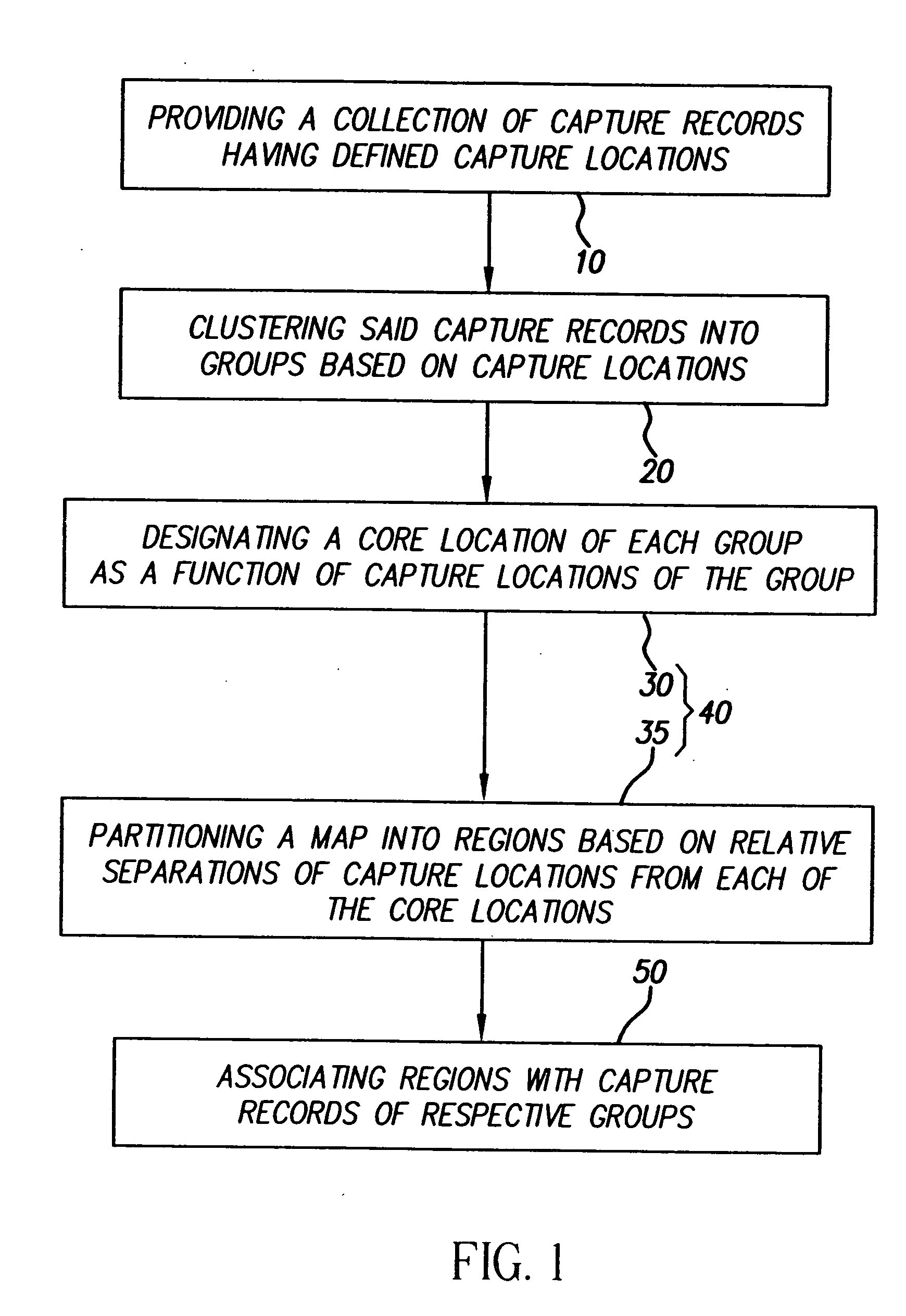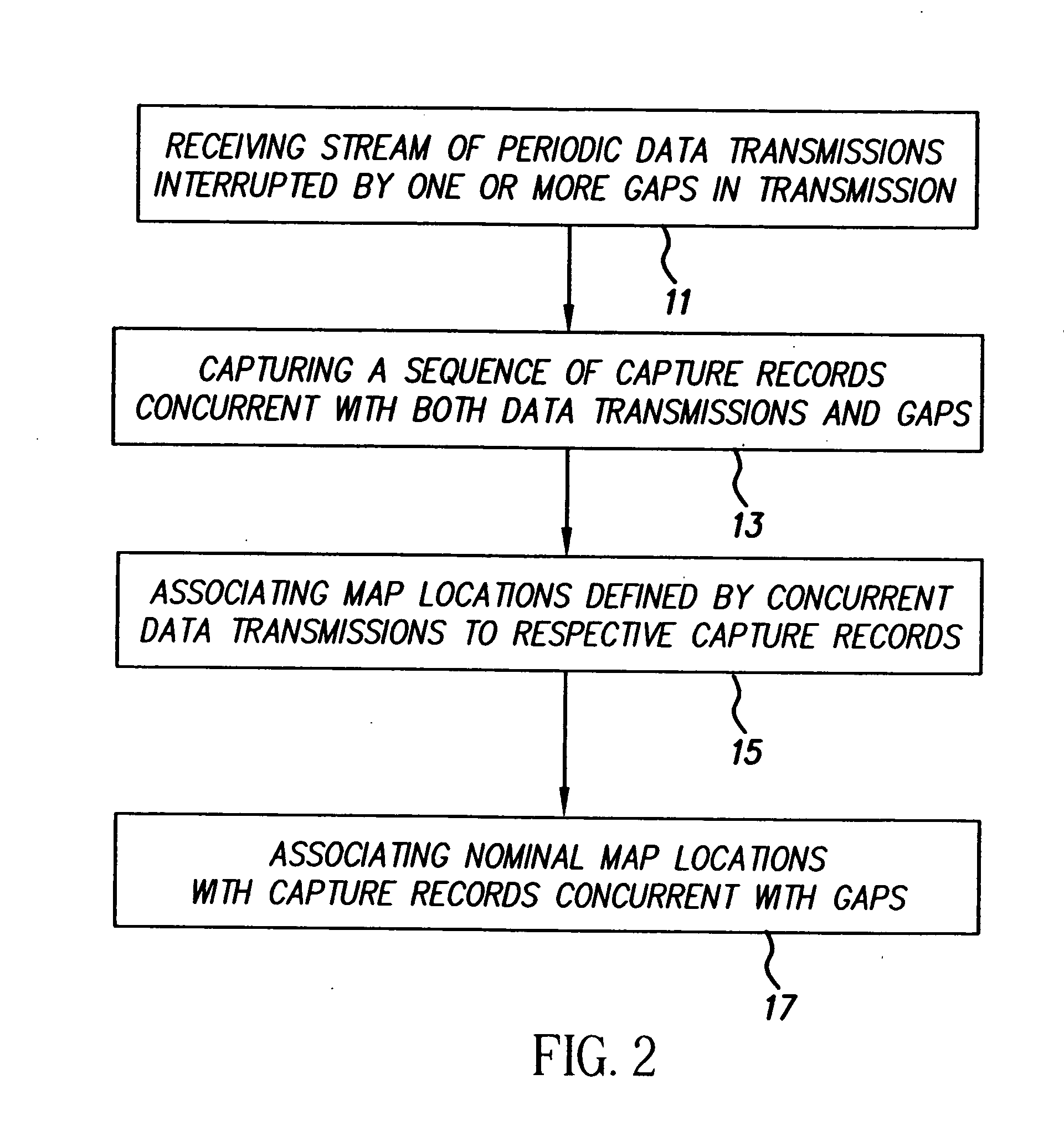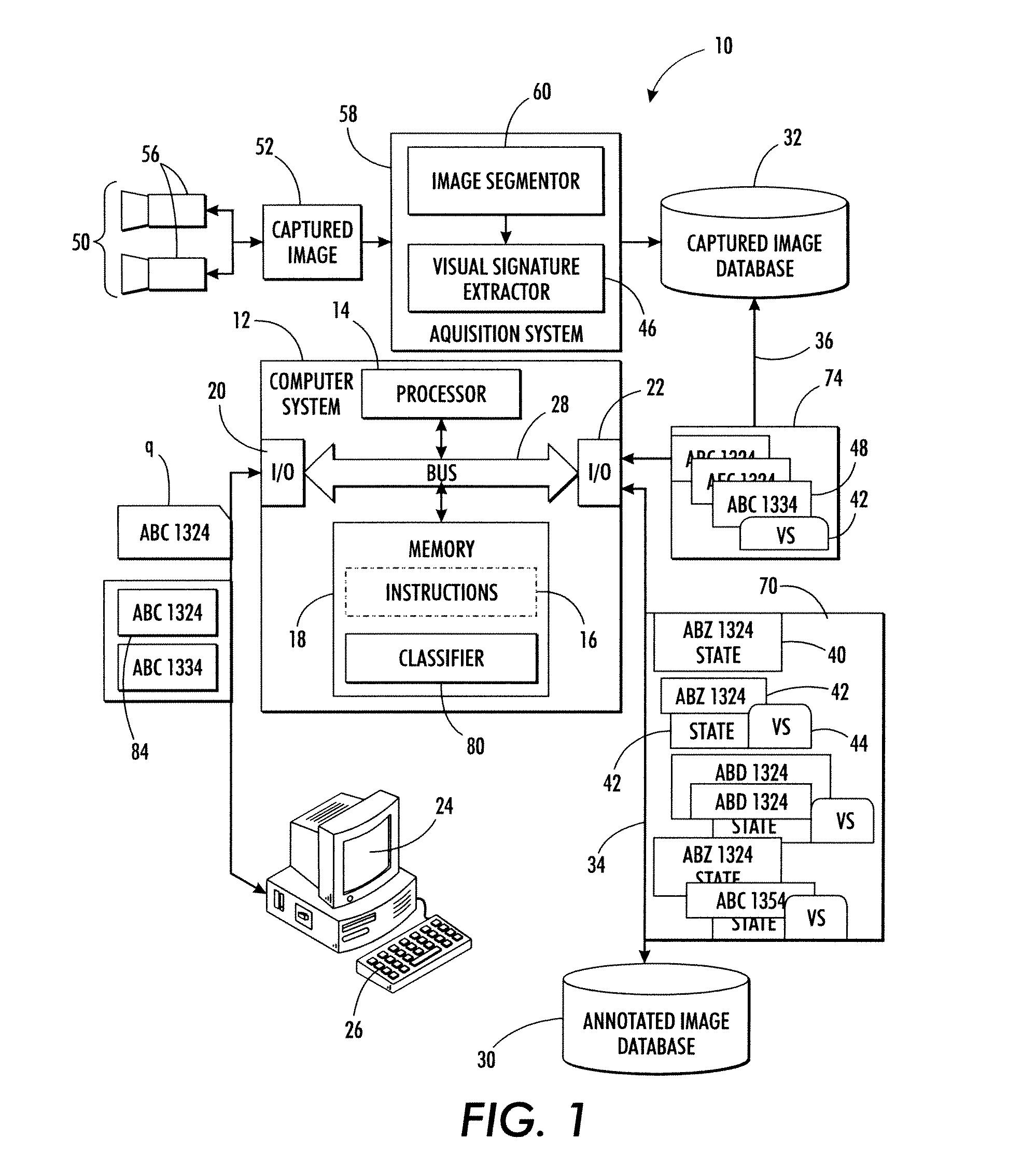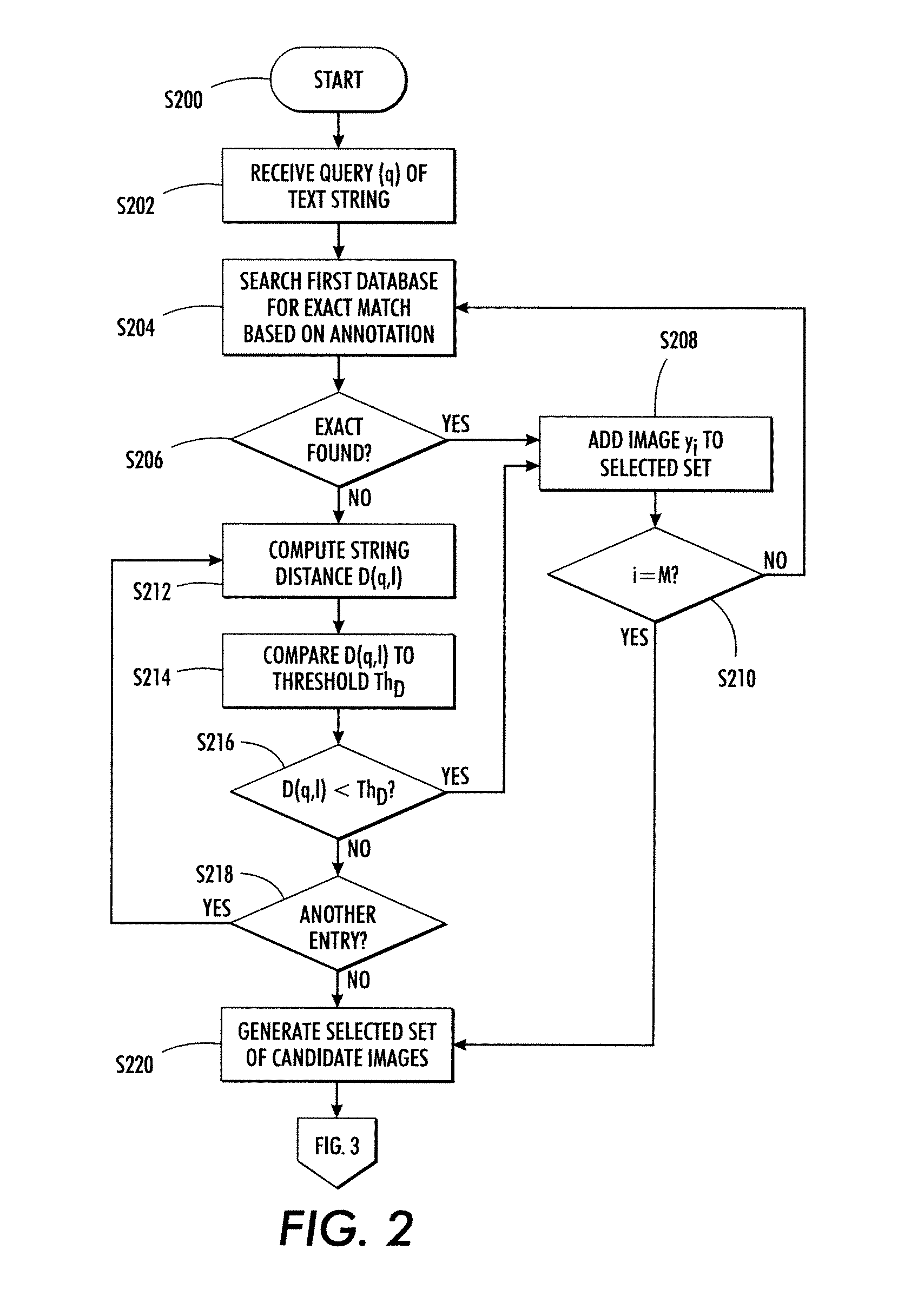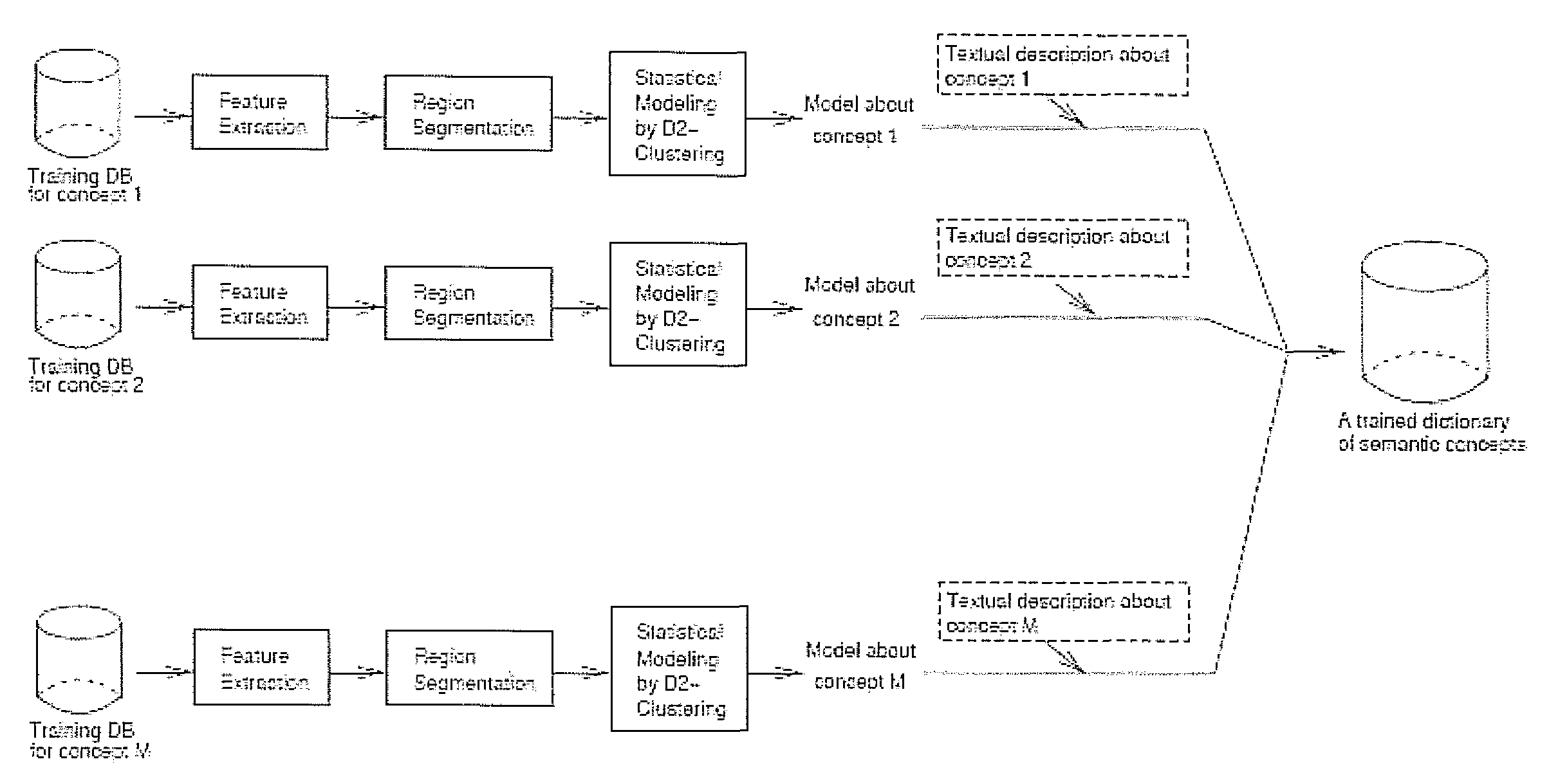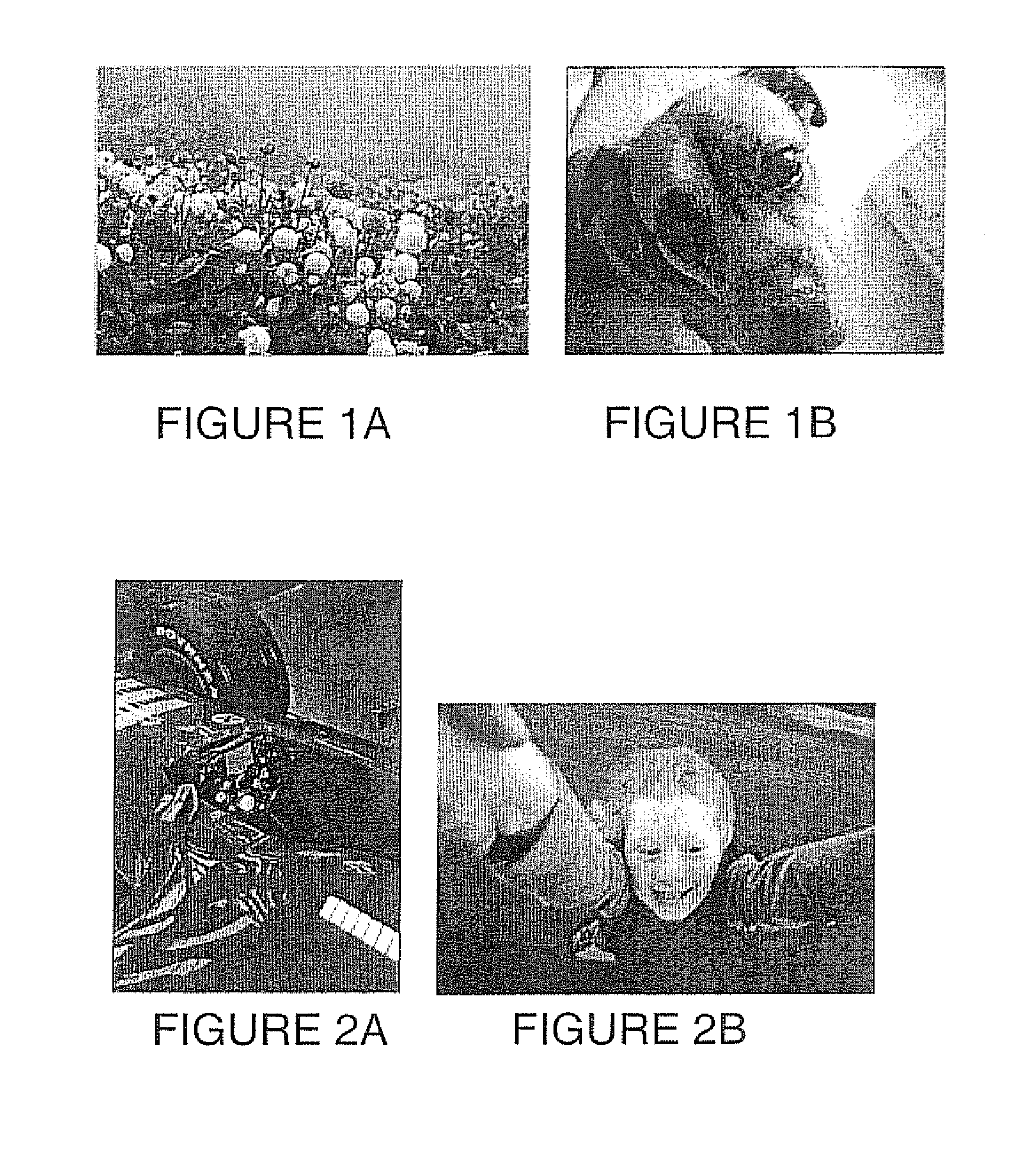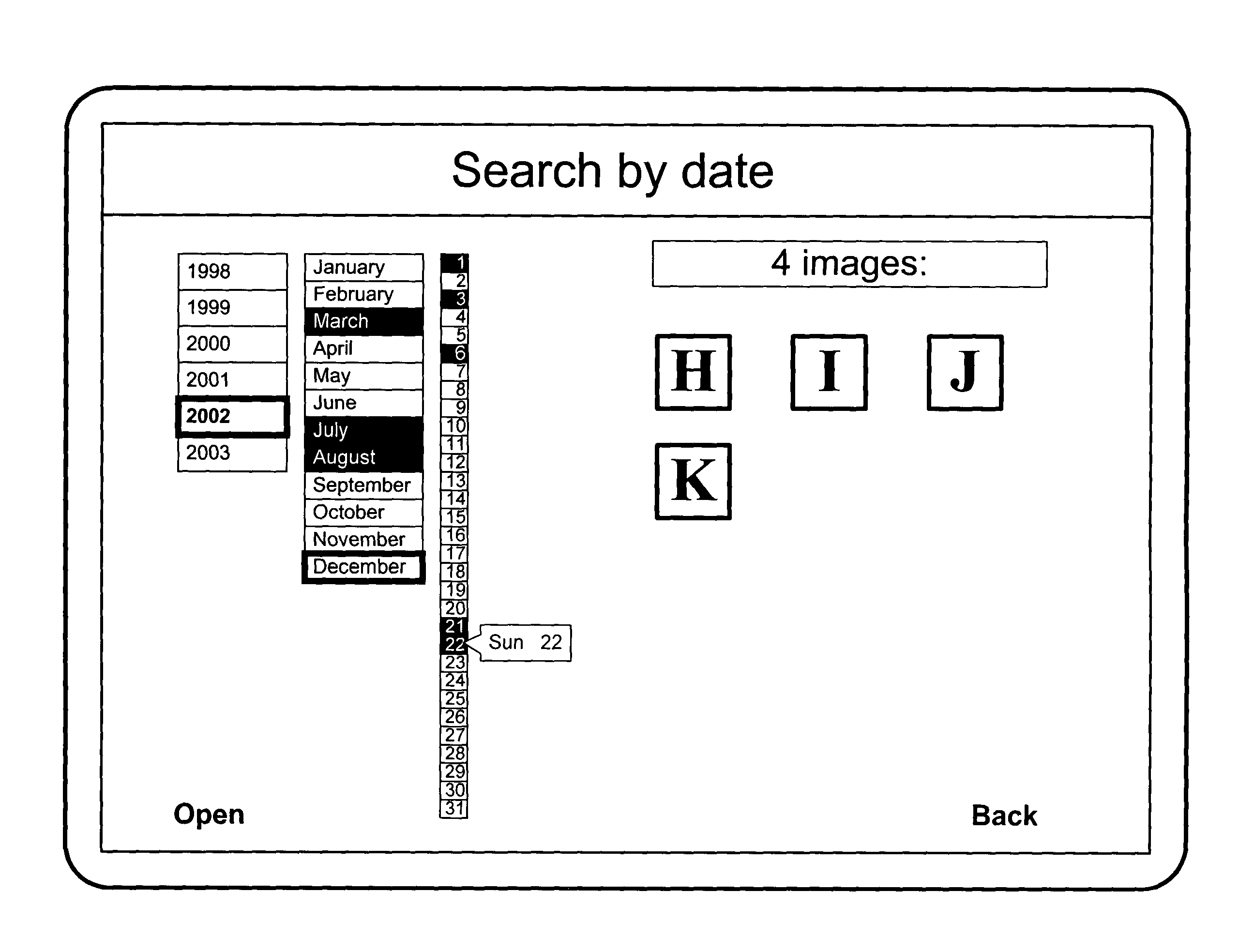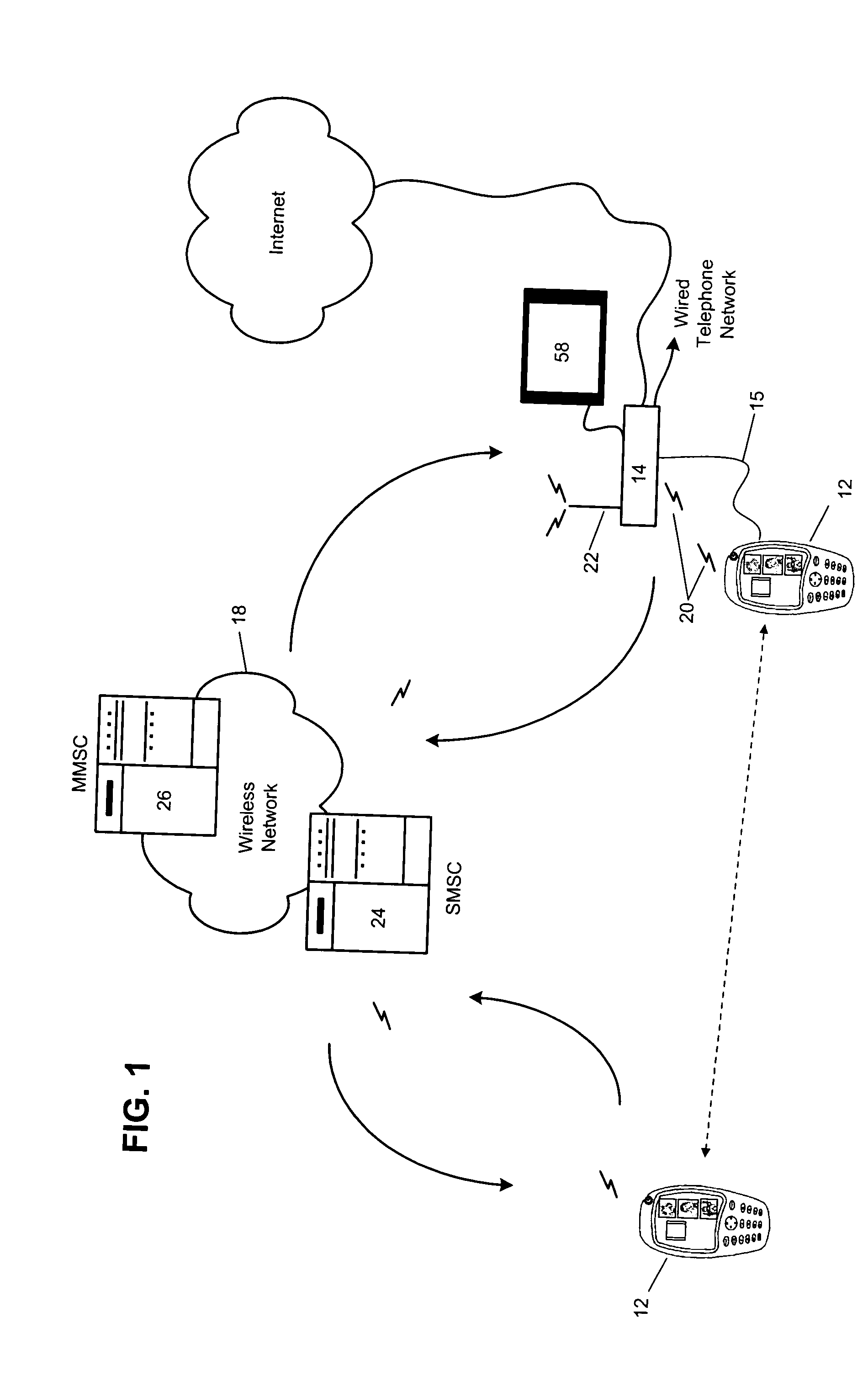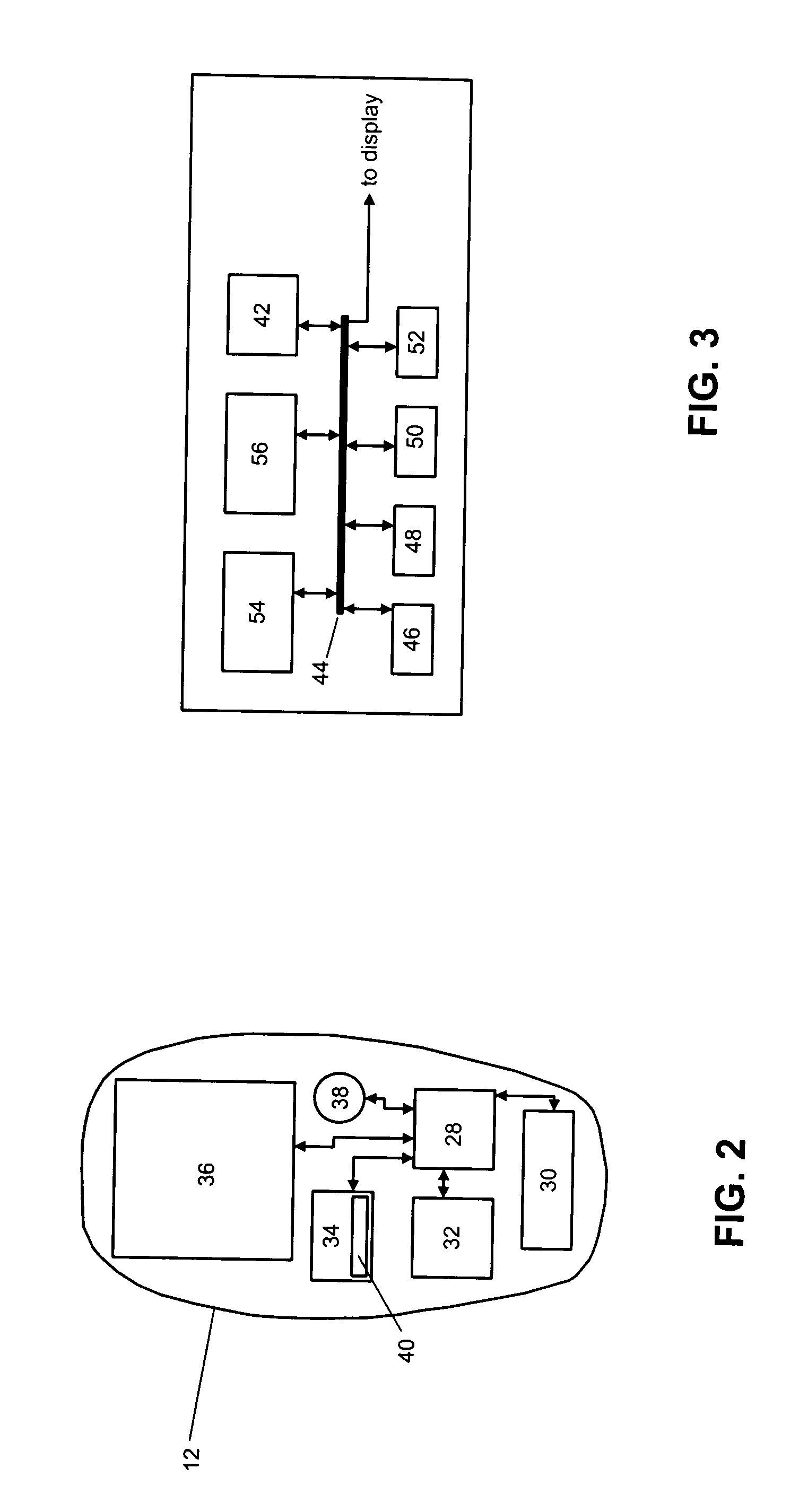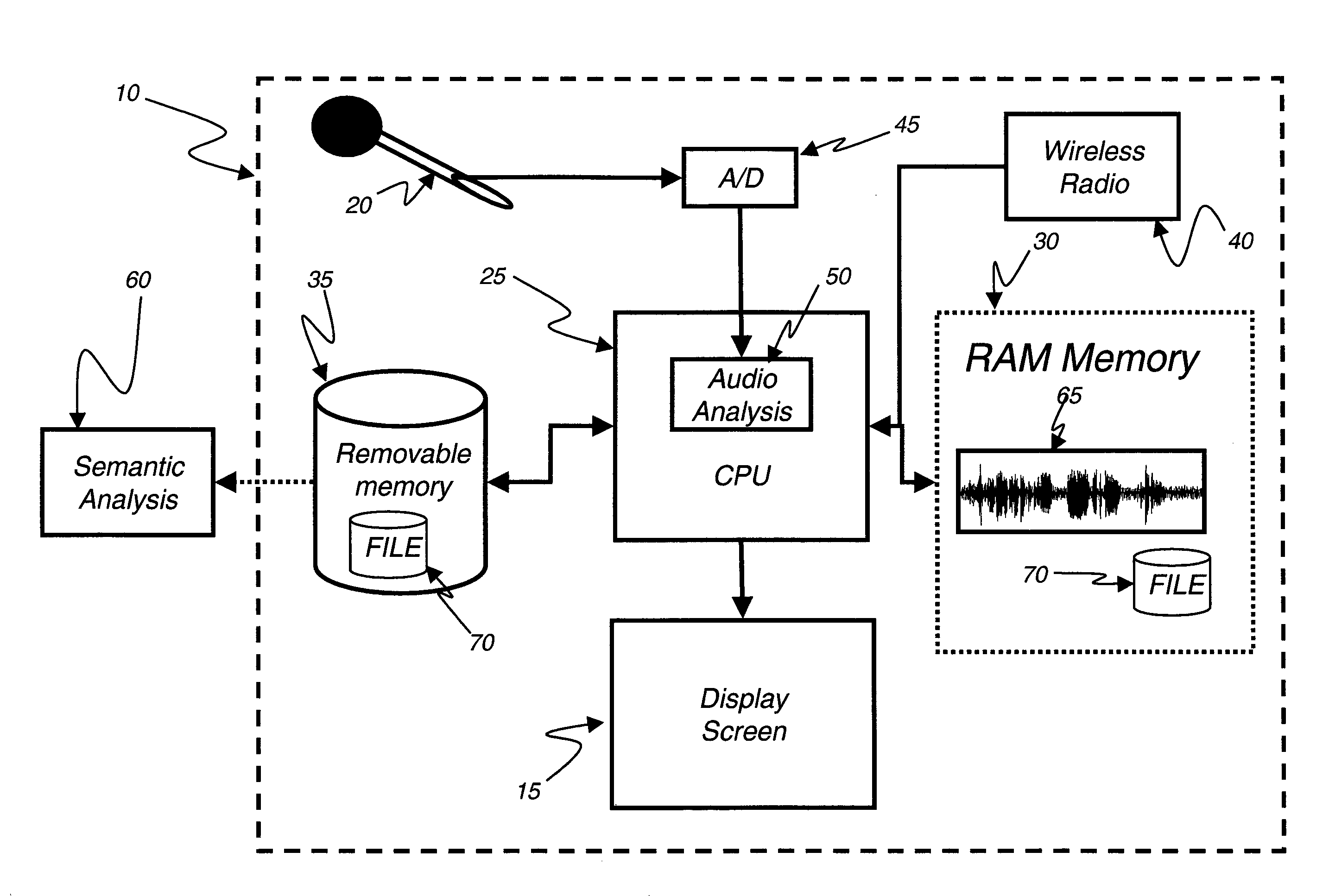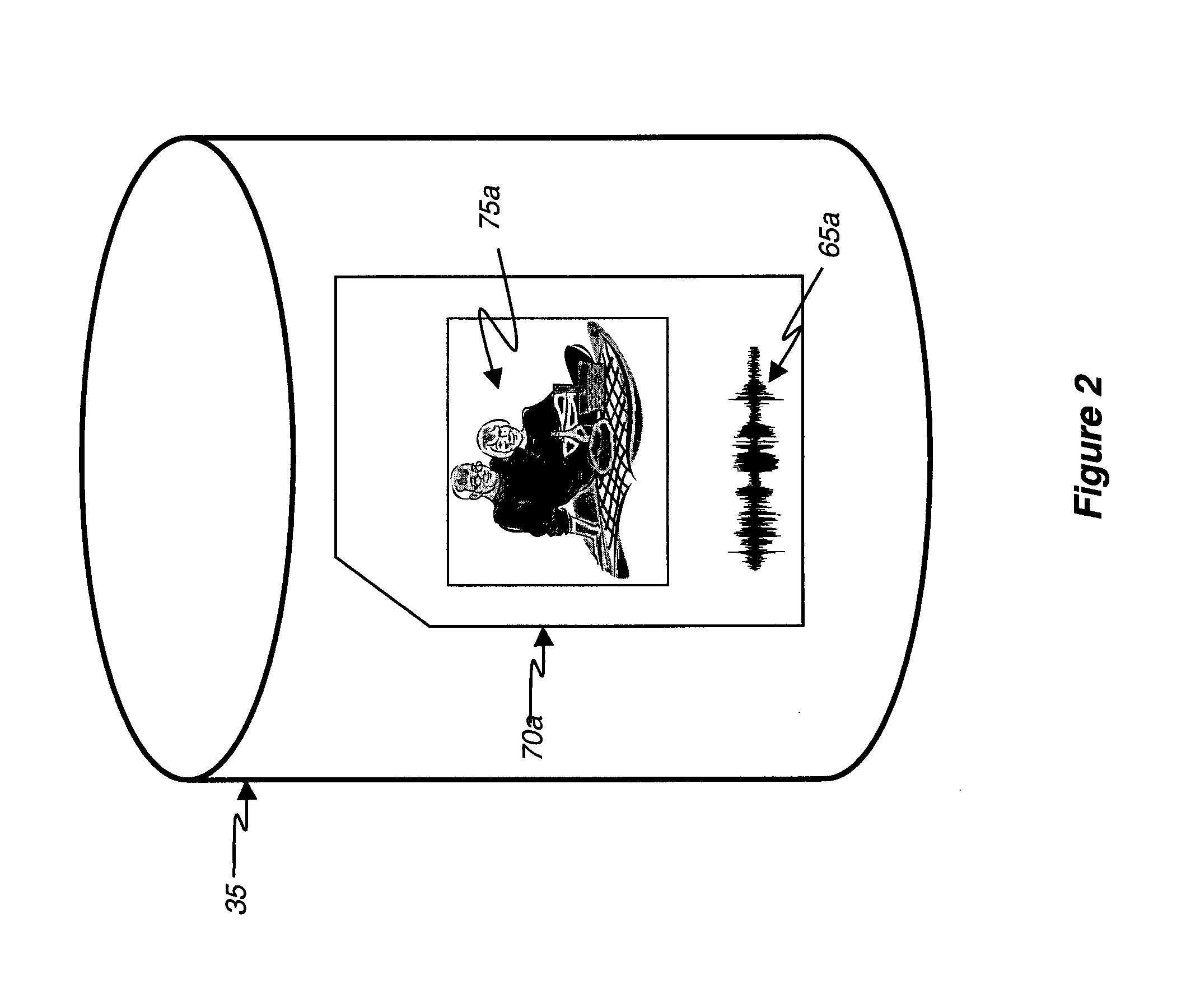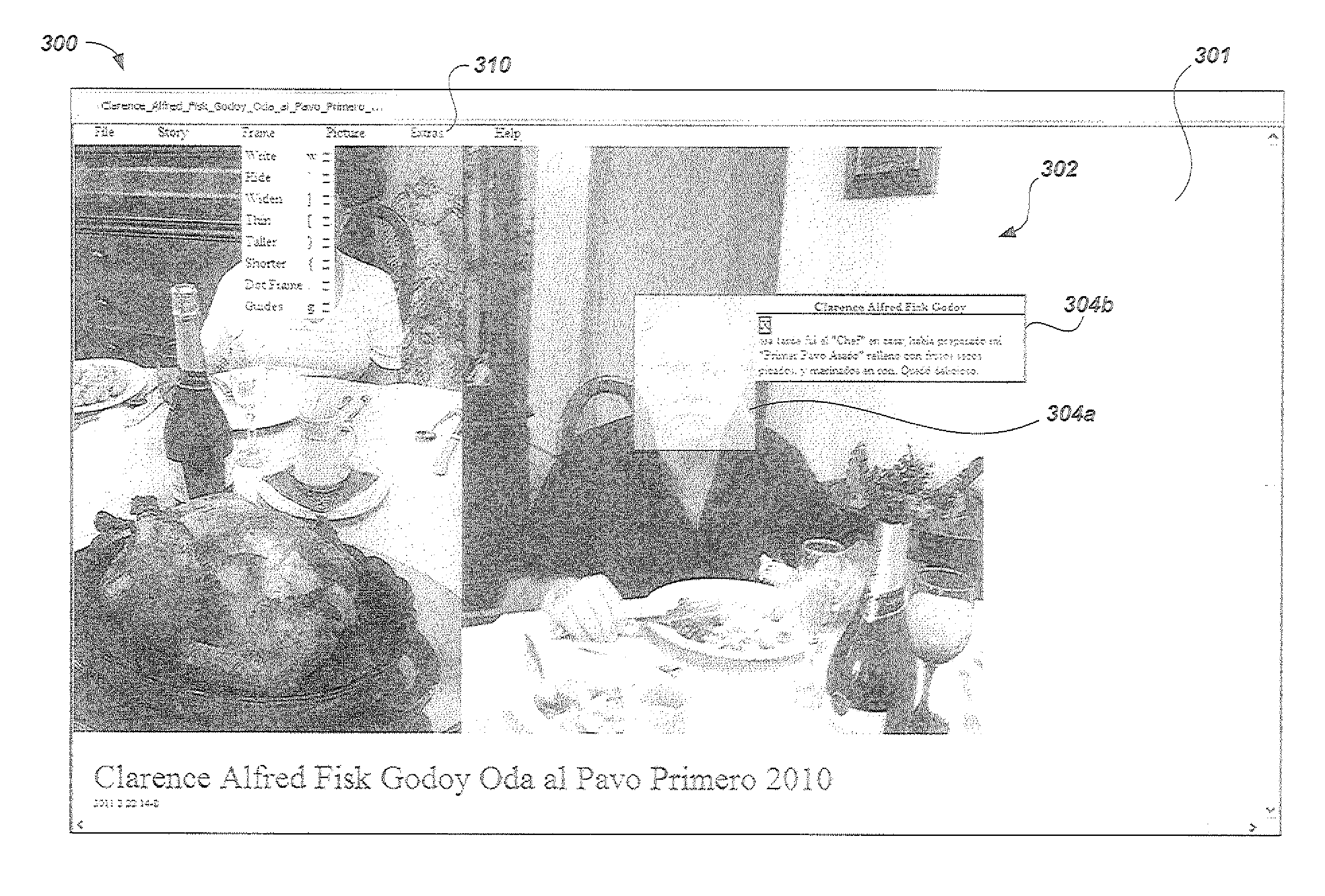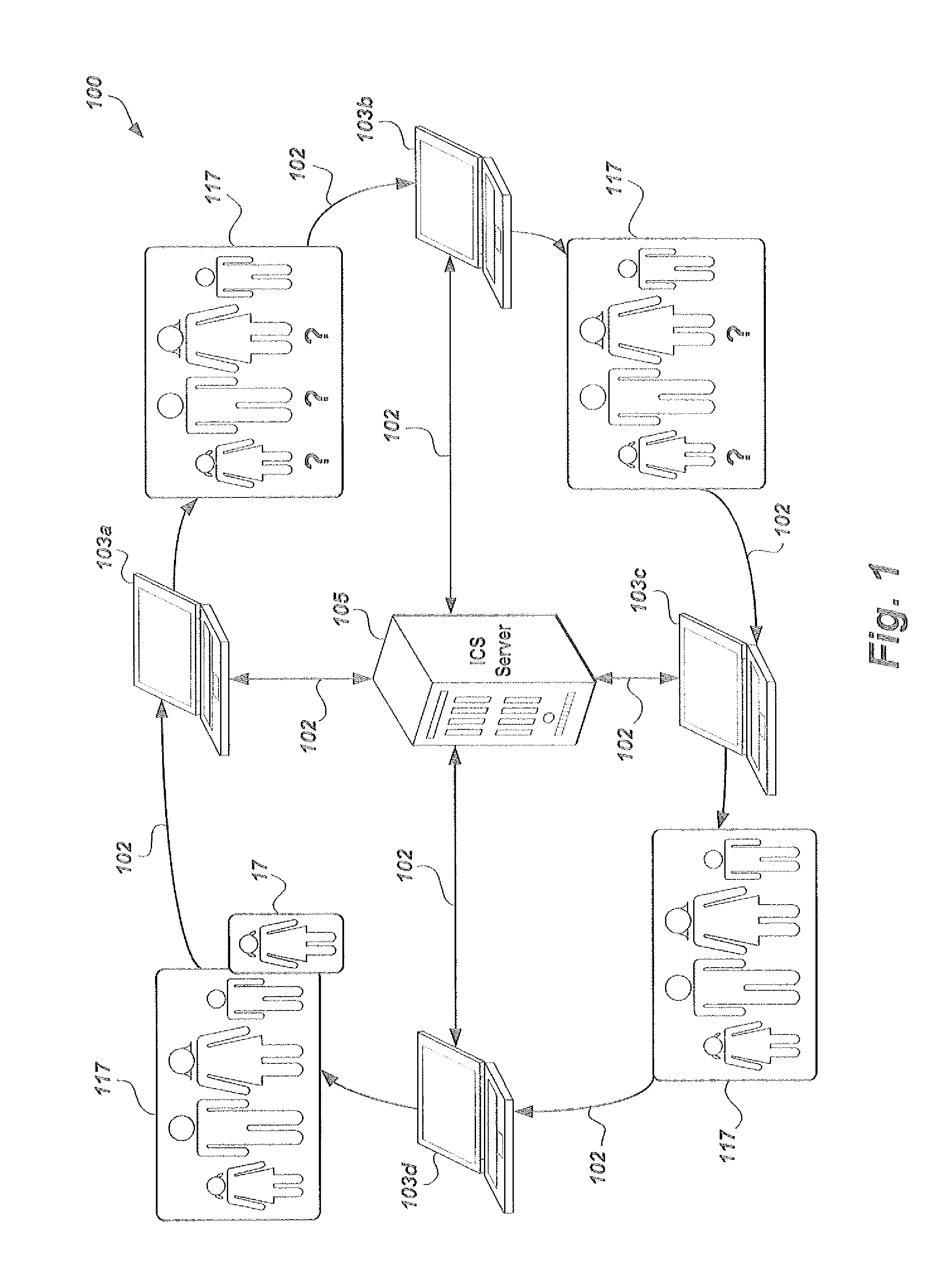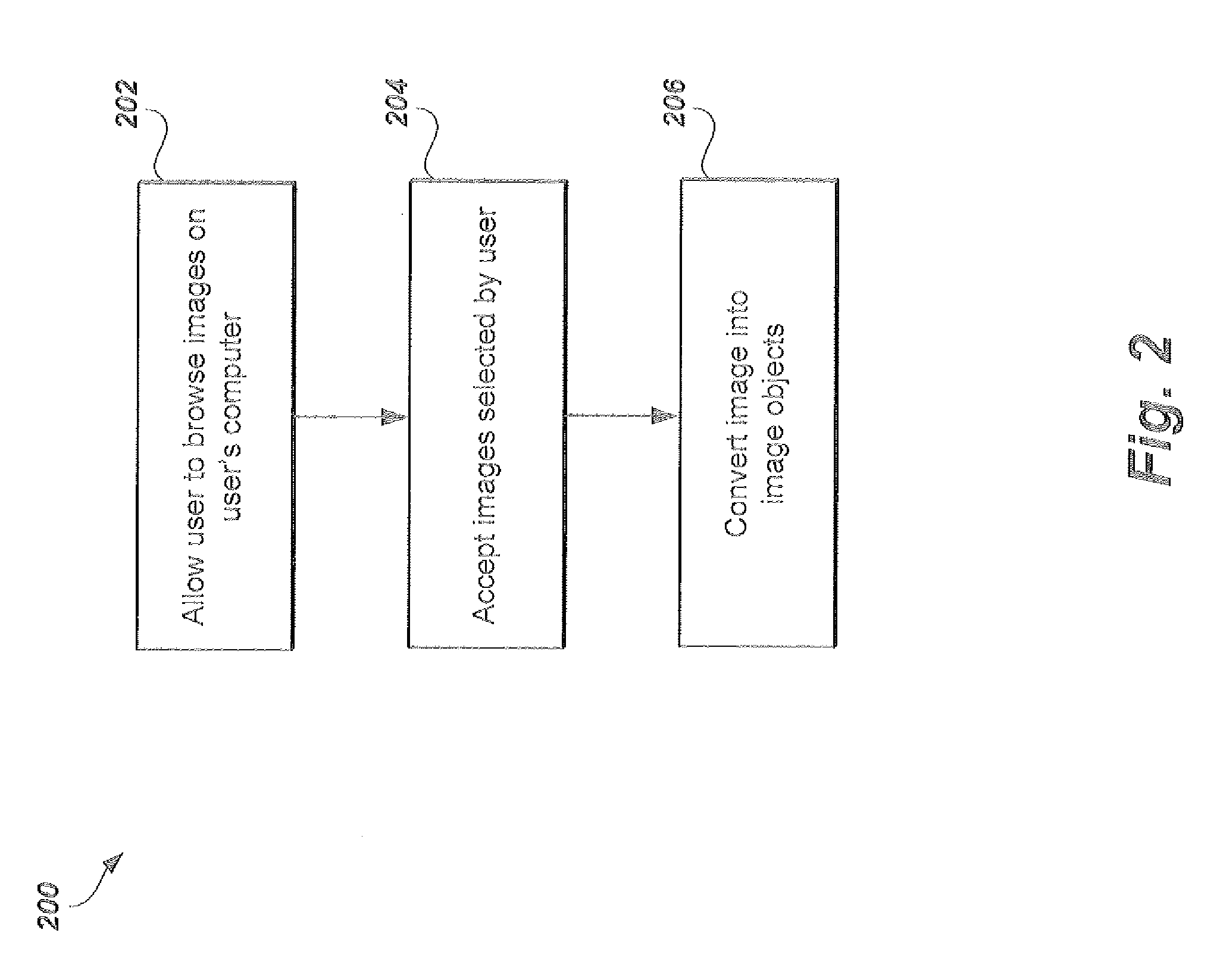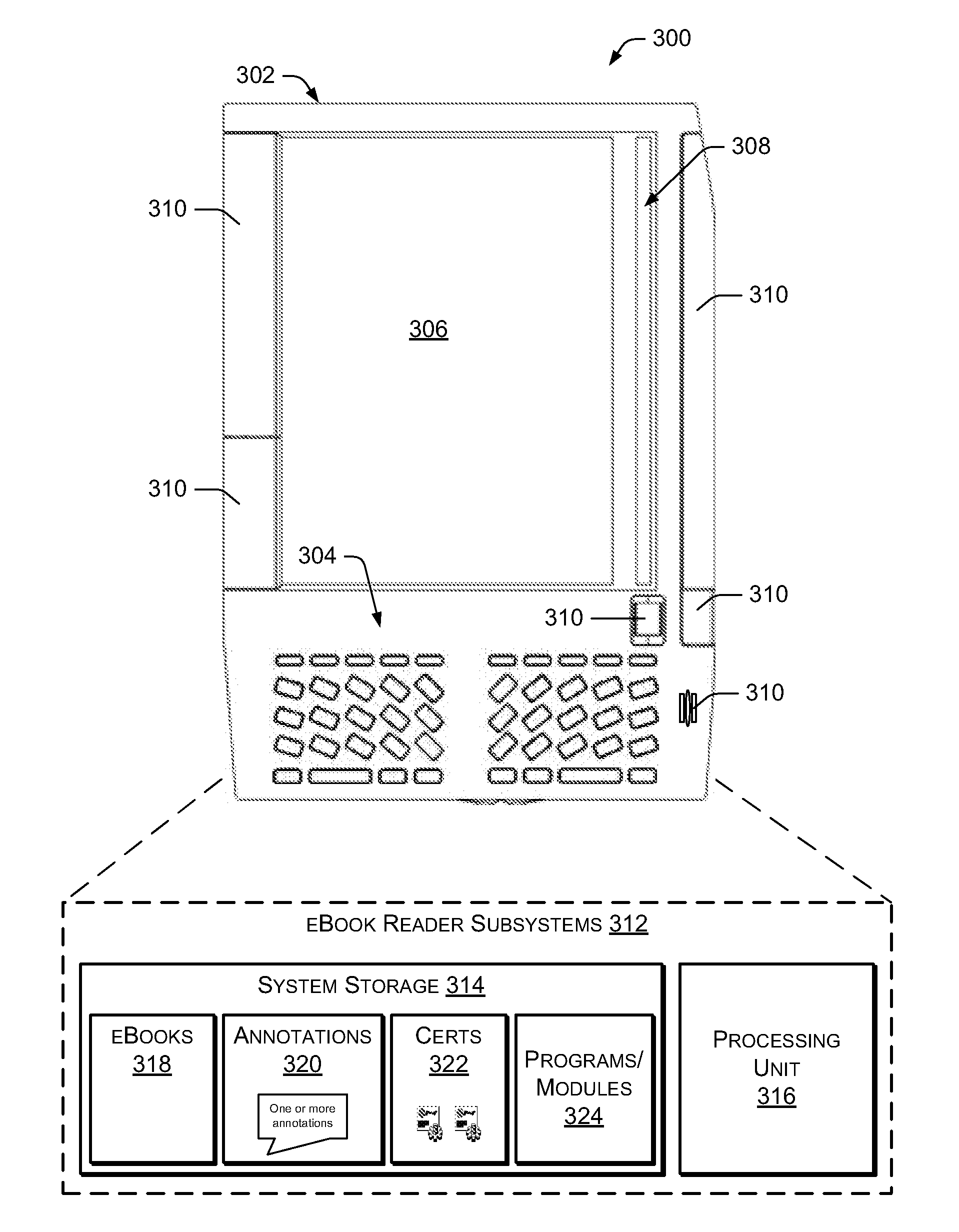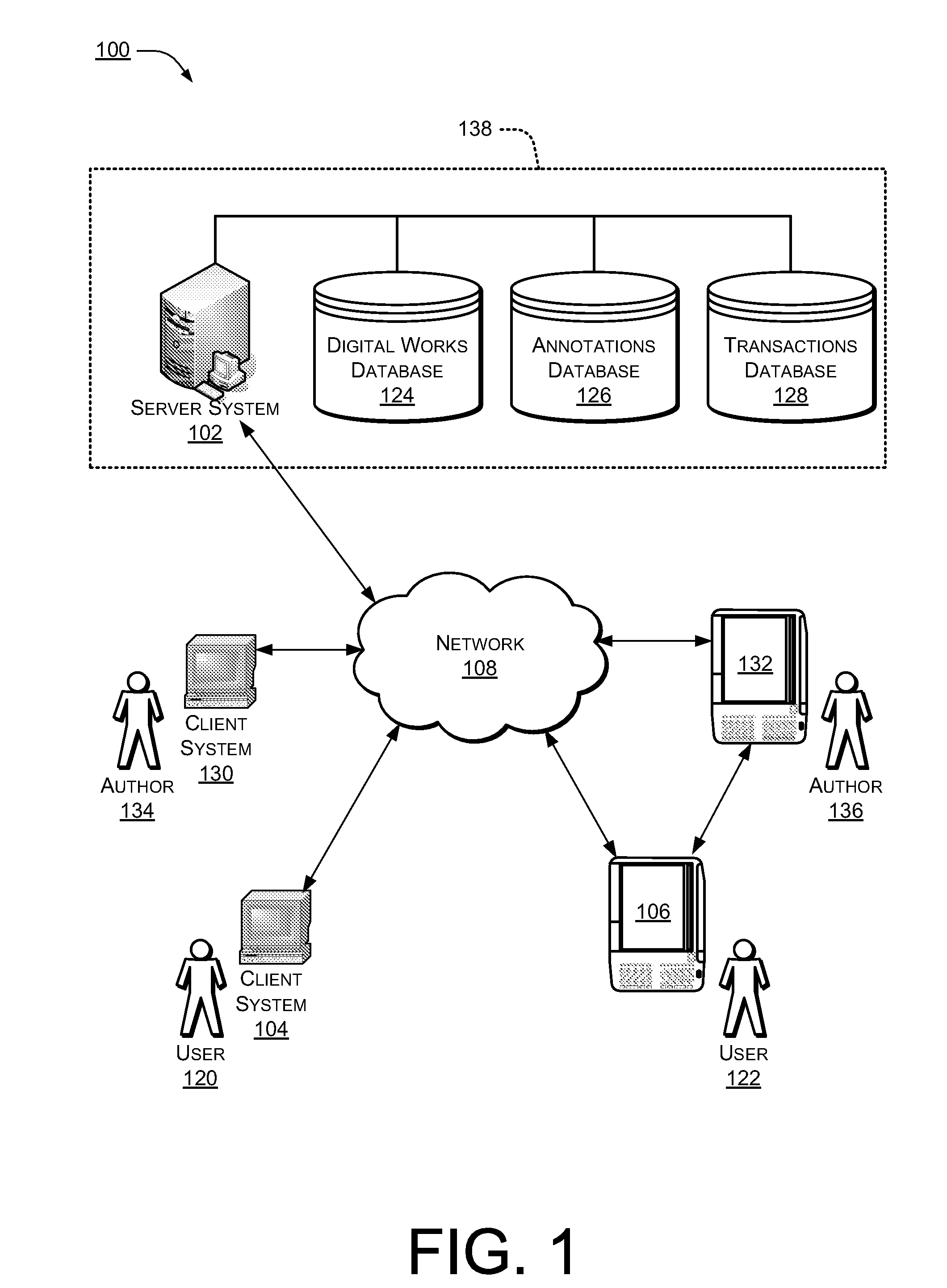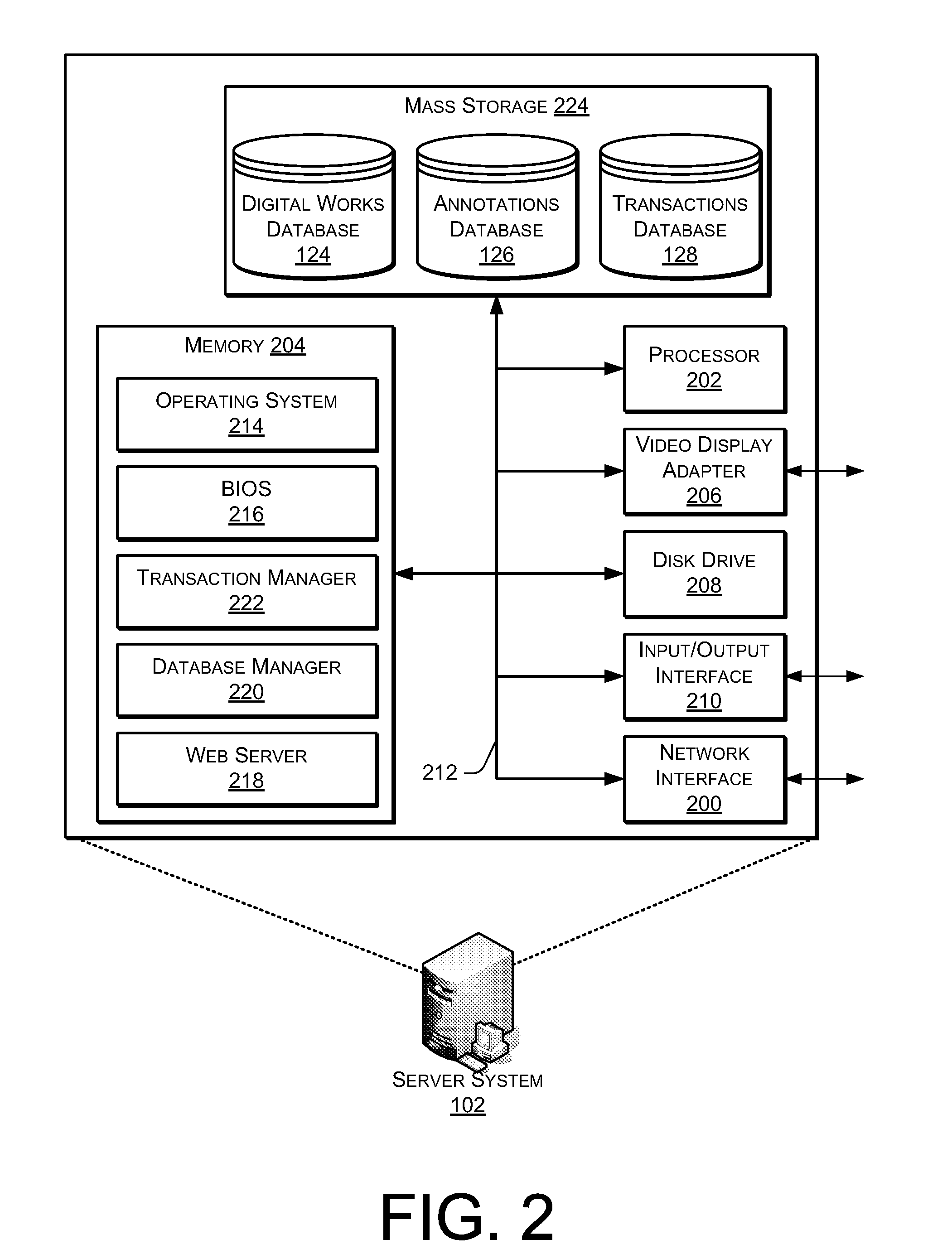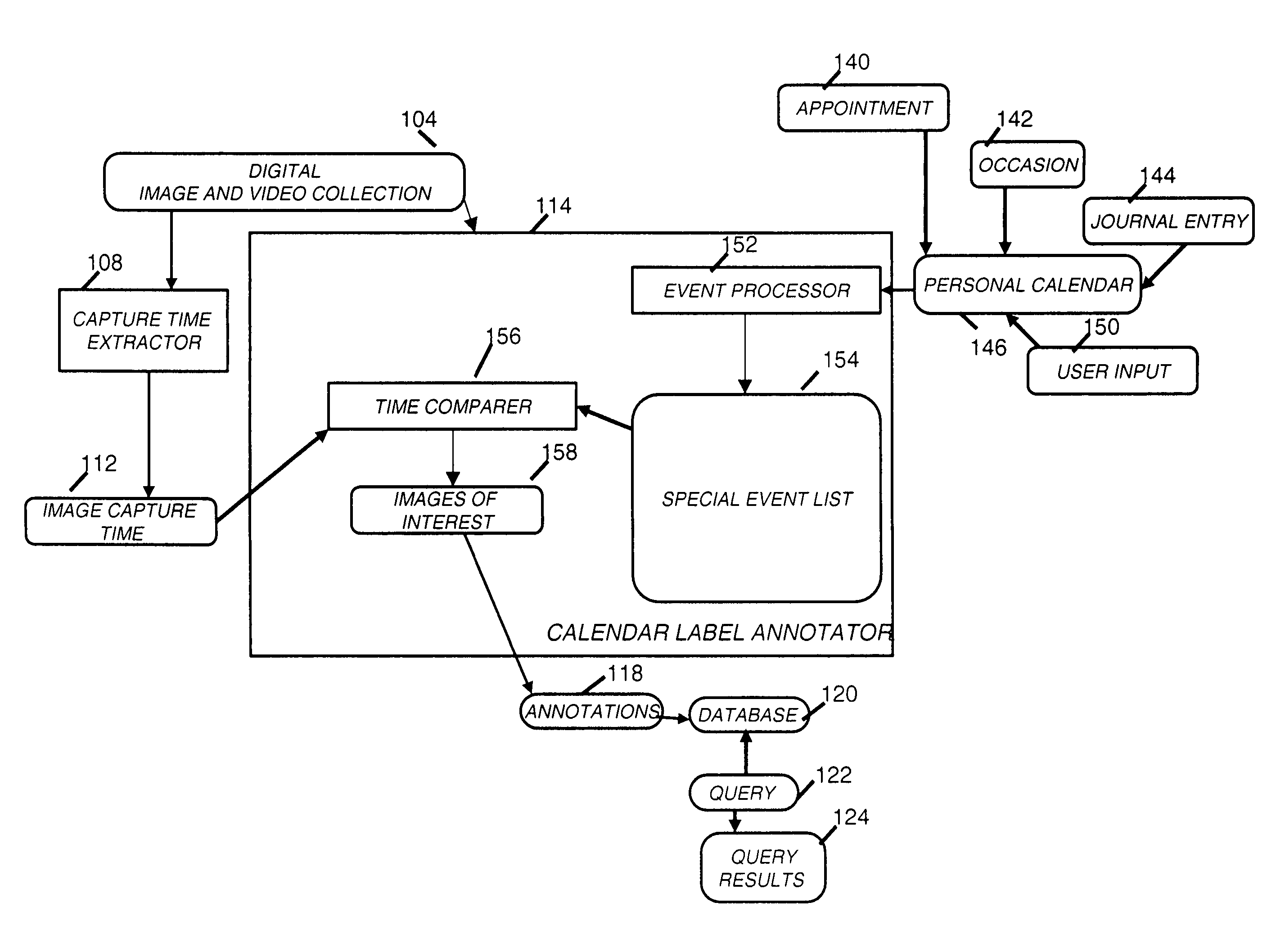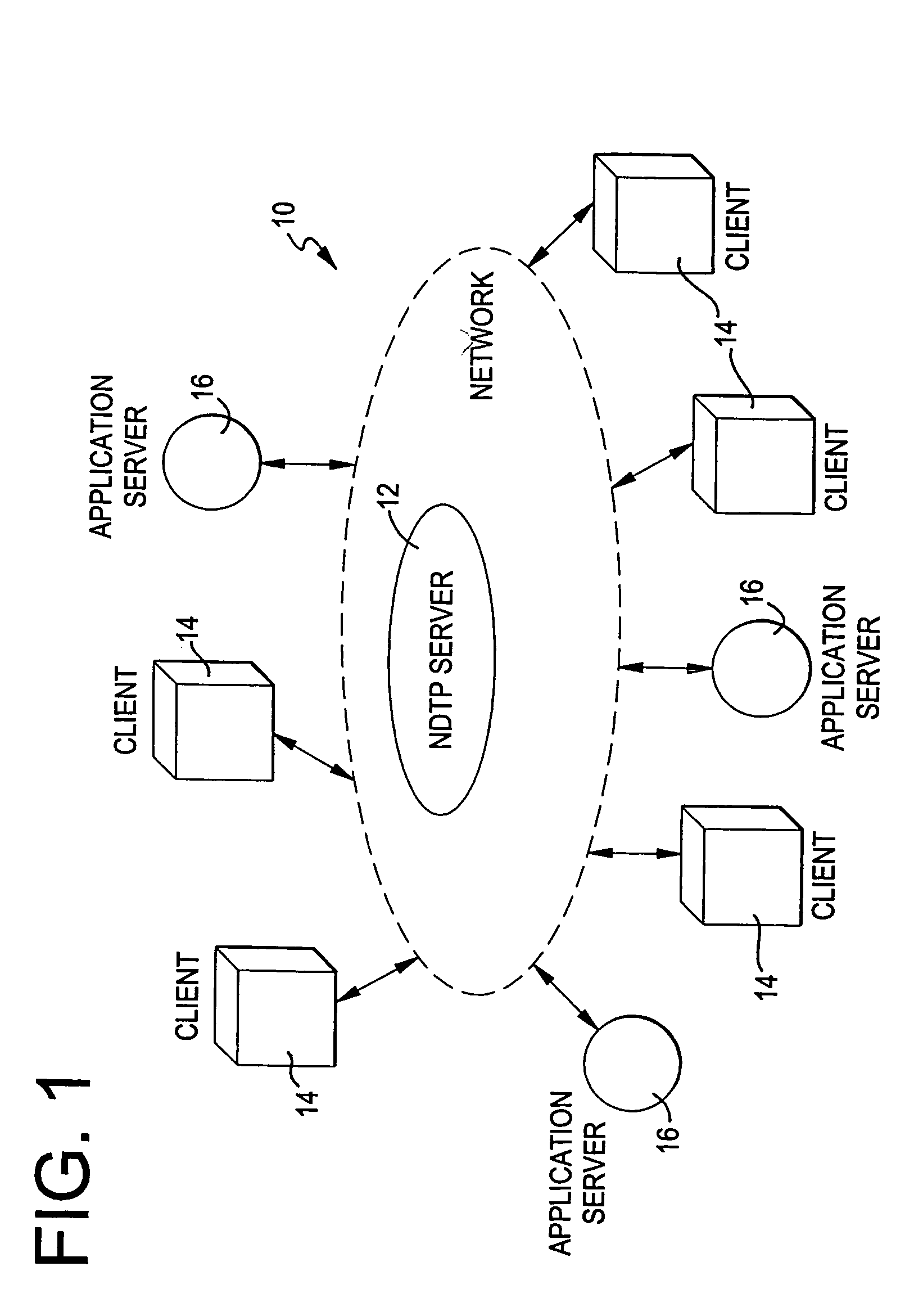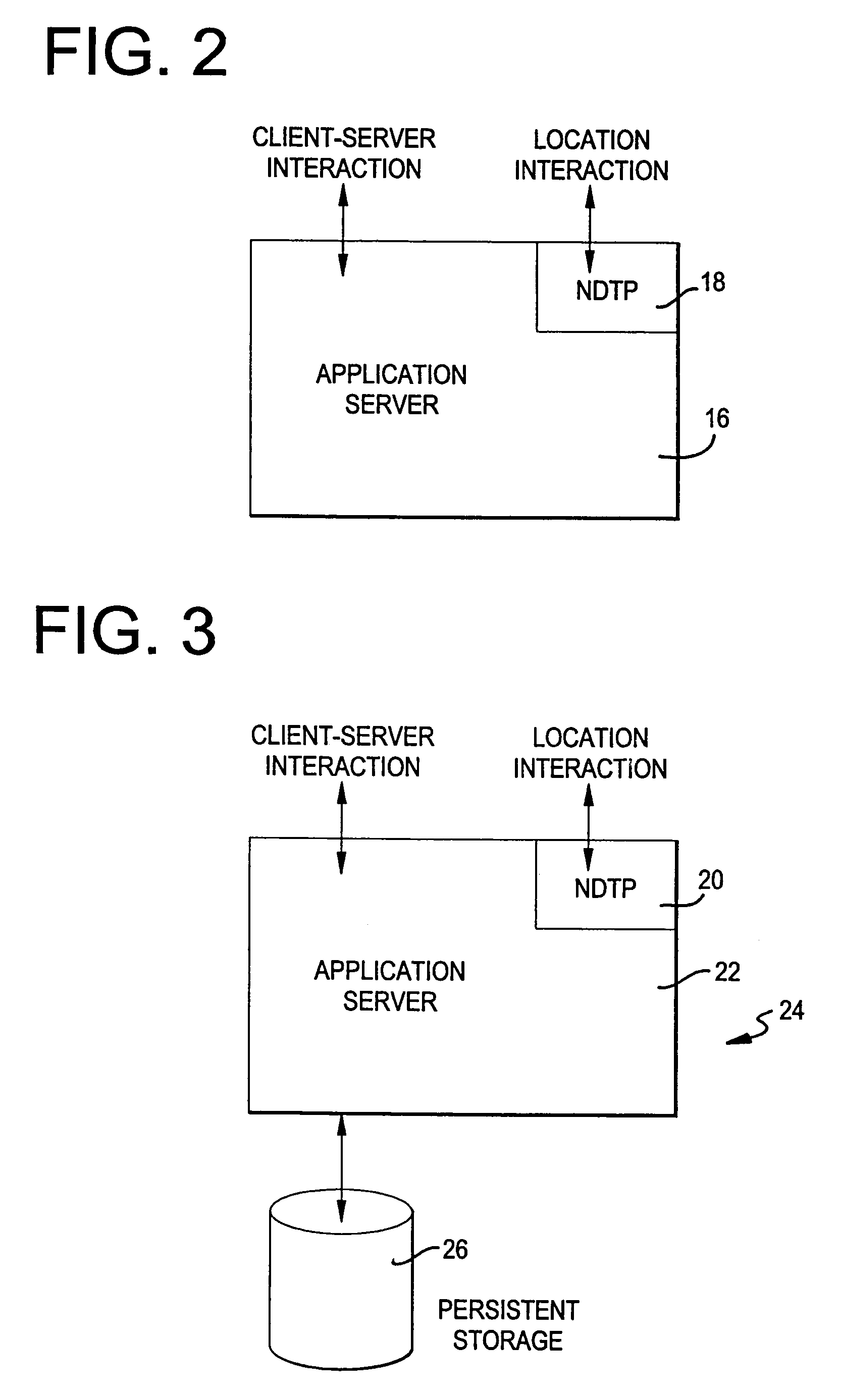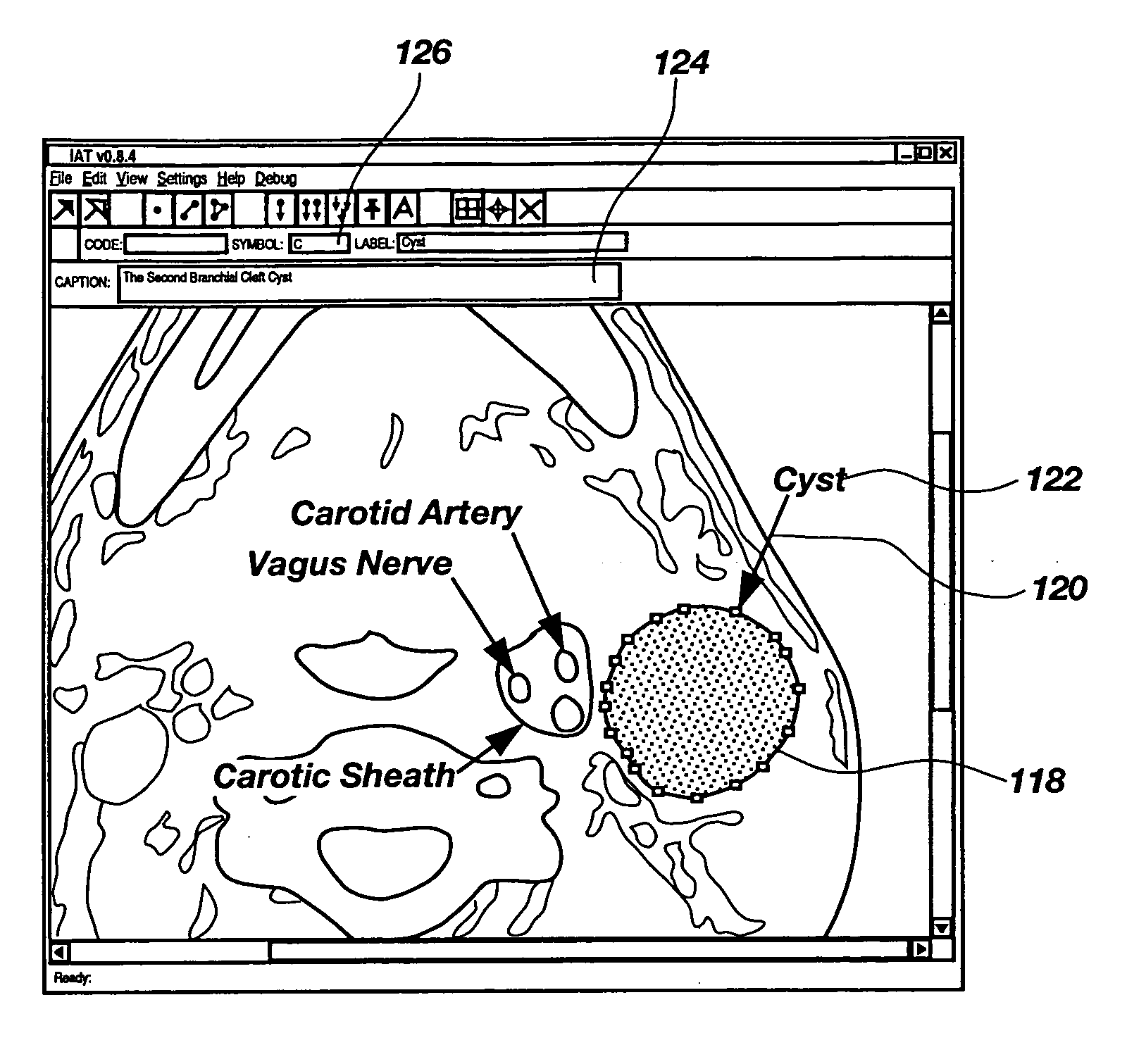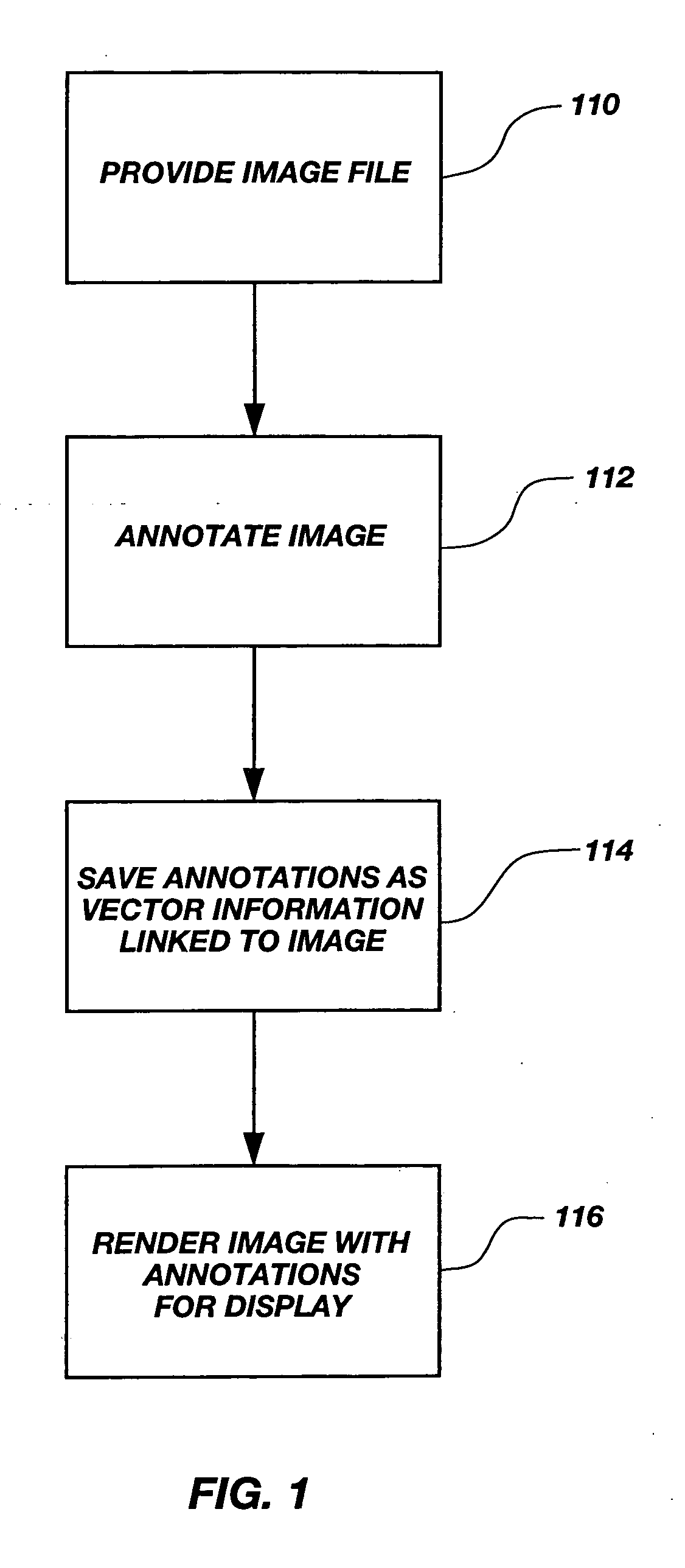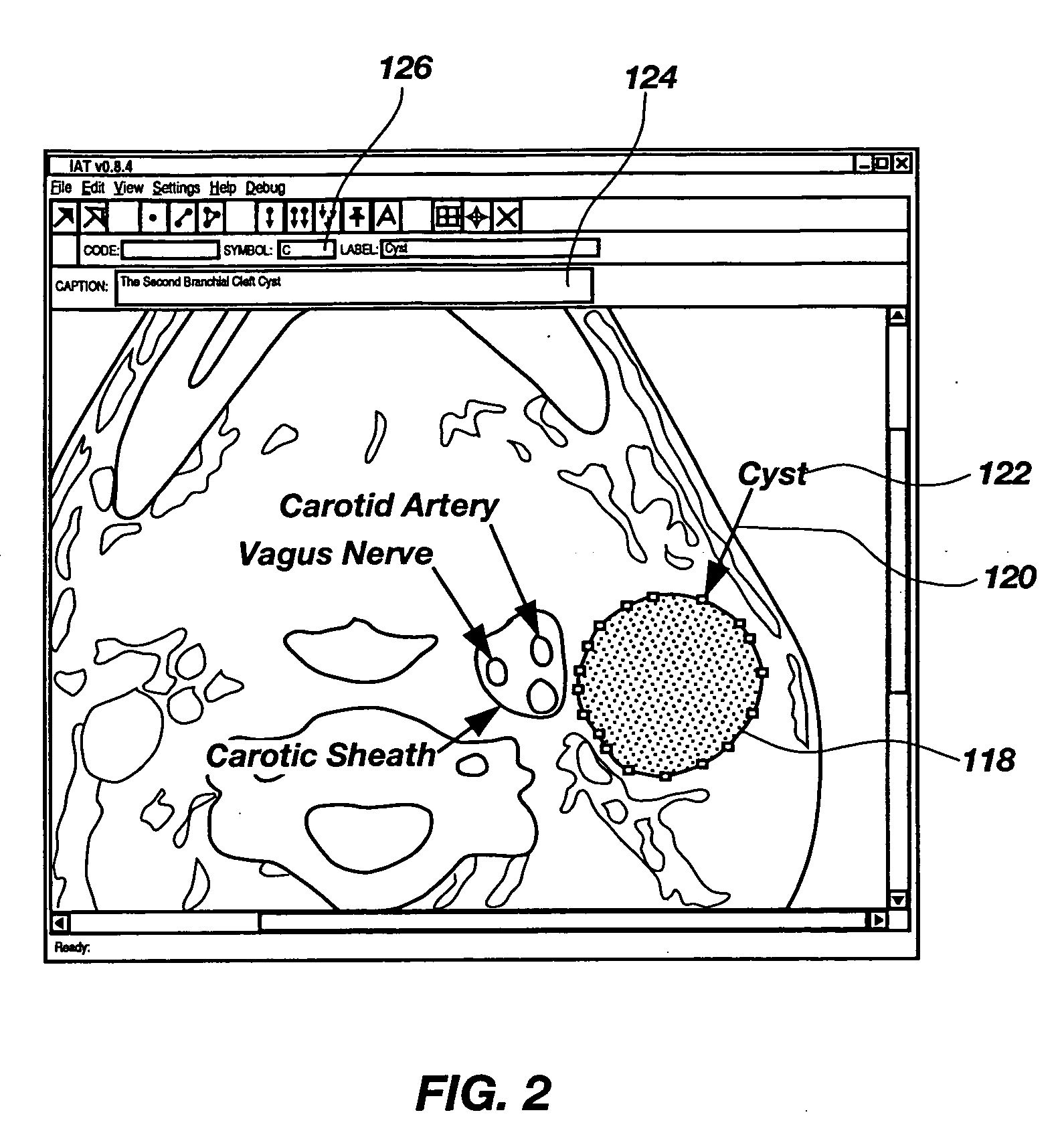Patents
Literature
Hiro is an intelligent assistant for R&D personnel, combined with Patent DNA, to facilitate innovative research.
4207results about "Metadata still image retrieval" patented technology
Efficacy Topic
Property
Owner
Technical Advancement
Application Domain
Technology Topic
Technology Field Word
Patent Country/Region
Patent Type
Patent Status
Application Year
Inventor
Tagging digital media
Owner:META PLATFORMS INC
Method, Device, Mobile Terminal, and Computer Program Product for a Point of Interest Based Scheme for Improving Mobile Visual Searching Functionalities
InactiveUS20080268876A1Easy accessImprove experienceSubstation equipmentRadio/inductive link selection arrangementsInformation resourceMobile vision
Owner:NOKIA TECHNOLOGLES OY
System and methods for querying digital image archives using recorded parameters
System and methods for querying digital image archives containing digital photographs and / or videos (collectively, "digital images"). The digital images are indexed in accordance with a plurality of recorded parameters including time, date and geographic location data (altitude and longitude), as well as image data such as lens focal length, auto focus distance, shutter speed, exposure duration, aperture setting, frame number, image quality, flash status and light meter readings, which are used for searching a database consisting of the digital images. These images are preferably generated by an image capturing system which is capable of measuring and recording a plurality of parameters with each captured digital image. The image retrieval system allows a querying user to search the image archive by formulating one or more of a plurality of query types which are based on the recorded parameters, and then retrieve and display those images having the specified parameters.
Owner:IBM CORP
System and method for applying inference information to digital camera metadata to identify digital picture content
InactiveUS20050104976A1Television system detailsColor television signals processingDigital picturesInformation searching
The present invention is directed to a system and method for correlating an image with information associated with the image comprising identifying image metadata for the image, wherein the image metadata includes information associated with conditions at the time of image capture, searching one or more information sources using parameters in the image metadata to collect inference information from the information sources, and displaying the inference information to a user.
Owner:HEWLETT PACKARD DEV CO LP
Systems and methods for performing a search based on a media content snapshot image
ActiveUS20110282906A1Improve accuracyImprove efficiencyDigital data processing detailsMetadata video data retrievalUser inputData mining
Systems and methods are provided for performing a search based on a snapshot image captured from media content presented to a user. The snapshot image contains features of the media content that the user wishes to target for the search. A search system recognizes features of the snapshot image and creates a search query based on the snapshot image. The search query is used to identify features of the snapshot image, and search results related to the identified features are presented to the user. Supplemental data or user input received with the snapshot image may be used in analyzing and identifying features of the snapshot image.
Owner:ROVI GUIDES INC
Rapid visual sorting of digital files and data
InactiveUS7437005B2Facilitates rapid and convenient categorization of digital dataData processing applicationsCharacter and pattern recognitionDigital dataData set
Owner:MICROSOFT TECH LICENSING LLC
Interestingness ranking of media objects
Media objects, such as images or soundtracks, may be ranked according to a new class of metrics known as “interestingness.” These rankings may be based at least in part on the quantity of user-entered metadata concerning the media object, the number of users who have assigned metadata to the media object, access patterns related to the media object, and / or a lapse of time related to the media object.
Owner:VERIZON PATENT & LICENSING INC
Methods and systems for brands social networks (BSN) platform
InactiveUS20110191417A1Provide benefitsFree movementMultiple digital computer combinationsMetadata still image retrievalCustomer relationship managementE-commerce
Methods and Systems for Global Online Brands Social Networks (BSN) Platform and Framework are disclosed for managing Users' Profiles, brands group lists, Brand user Friends, User created Brand Networks and related Members, Publications, Applications, Services and Communications and Collaborations among users. Further, it also manages brand owners' brand networks and members, and brand experts to enable and facilitate users for branded products and services related sales or e-commerce, marketing, promotion and support services, alternative products and services brands lists. BSN also provides Social Customers Relationship Management (SCRM) and Multi Brand Customers Services Life Cycle (MCSLC) Framework to facilitate brand owners and customers.
Owner:RATHOD YOGESH CHUNILAL
System and method for tagging digital media
Owner:META PLATFORMS INC
Method and system for providing information services relevant to visual imagery
A method and system for providing information services relevant to visual imagery is described, including performing an operation on a context constituent. Also described is generating a context to provide an information service relevant to visual imagery, including generating a context constituent, and forming the context by performing an operation, the context including the context constituent. Providing an information service is also described, including presenting the information service on a client user interface, displaying an attribute of the information service, and acquiring a user input and a sensor input.
Owner:TAHOE RES LTD
Device and method for embedding and retrieving information in digital images
InactiveUS20060114338A1Facilitate embedding informationTelevision system detailsColor television detailsUser verificationDigital imaging
A digital imaging device and method for embedding and retrieving of information in digital images are provided. The digital imaging device includes a capture module for capturing an image and creating a digital image file; a locational information module for determining a location of the device when capturing the image; and a processing module for associating the location information to the digital image file. The device further includes a user verification module for verifying an identity of a user of the device at a time of image capture and an encryption module for encrypting the digital image file and associated information. The method provides for securing information associated with the digital images and for verifying activities of a user.
Owner:ROTHSCHILD DIGITAL CONFIRMATION LLC
System and method for exchanging images
InactiveUS20060107297A1Easy to shareReduce labor intensityTelevision system detailsData processing applicationsShared environmentImage sharing
A system and method for providing a peer-to-peer photo-sharing environment. The system includes: manual and automatic photo annotation at the client; periodic client-server synchronization; an index of client photos on a central server or a photo database that is resident on the central server, which is updated by the client-server synchronization function; end-user search functionality to search the centralized index or photo database; and transmission of the relevant photos to the client via an on-line image cache. In one embodiment, one client's new photos are automatically displayed on another client's computer (e.g., via screen saver or another mechanism).
Owner:MICROSOFT TECH LICENSING LLC
Tagging Images in a Mobile Communications Device Using a Contacts List
ActiveUS20110249144A1Improve accuracyMore instanceTelevision system detailsDigital data processing detailsComputer graphics (images)Contact list
An improved image tagging system that tags images in a mobile handheld communications device, based on the user's contacts list stored therein. The image tagging system compares a face in a given picture (that the user has just taken using the built-in camera) to faces in the user's contacts list images. A matching contact is found in the contacts list. The picture is then tagged with information from the matching contact. The picture is tagged by inserting identification information into a header of the picture.
Owner:APPLE INC
Mobile terminal and photo searching method thereof
InactiveUS20130198176A1Digital data processing detailsMetadata still image retrievalPosition dependentAugmented reality
The present disclosure relates to a mobile terminal and a photo search method thereof capable of searching and displaying photos shared by the cloud and SNS systems in connection with a specific location on a camera view using augmented reality. To this end, according to the present disclosure, when a photo search function is selected on an augmented reality based camera view, photo information associated with at least one location on which the focus of the camera view is placed is searched from a network system to sort and display the searched photo information on the camera view, thereby allowing the user to conveniently search photos associated with old memories.
Owner:LG ELECTRONICS INC
Context vector generation and retrieval
InactiveUS7251637B1Reduce search timeRapid positioningDigital computer detailsBiological neural network modelsCo-occurrenceDocument preparation
A system and method for generating context vectors for use in storage and retrieval of documents and other information items. Context vectors represent conceptual relationships among information items by quantitative means. A neural network operates on a training corpus of records to develop relationship-based context vectors based on word proximity and co-importance using a technique of “windowed co-occurrence”. Relationships among context vectors are deterministic, so that a context vector set has one logical solution, although it may have a plurality of physical solutions. No human knowledge, thesaurus, synonym list, knowledge base, or conceptual hierarchy, is required. Summary vectors of records may be clustered to reduce searching time, by forming a tree of clustered nodes. Once the context vectors are determined, records may be retrieved using a query interface that allows a user to specify content terms, Boolean terms, and / or document feedback. The present invention further facilitates visualization of textual information by translating context vectors into visual and graphical representations. Thus, a user can explore visual representations of meaning, and can apply human visual pattern recognition skills to document searches.
Owner:FAIR ISAAC & CO INC
System and method for enabling a software developer to introduce informational attributes for selective inclusion within image headers for medical imaging apparatus applications
InactiveUS20050063575A1Character and pattern recognitionMedical imagesSoftware engineeringSoftware development
A system and method for enabling a developer to introduce informational attributes suitable for selective inclusion within image headers is disclosed herein. The image headers, along with their selectively included informational attributes, are displayable on a monitor screen together with associated digital images produced by an imaging apparatus. The image headers are also selectively storable in a database together with the pixel data of the associated digital images. The system includes an interactive workstation computer system having memory-stored software applications for operating the imaging apparatus, a memory-stored updatable table of defined informational attributes suited for selective inclusion within image headers, an interactive computer for generating software files of image header definitions from the table of defined informational attributes, and a means to transport the software files of image header definitions to the interactive workstation computer system.
Owner:GE MEDICAL SYST GLOBAL TECH CO LLC
User interface for displaying and playing multimedia contents, apparatus comprising the same, and control method thereof
InactiveUS20090132921A1Easily recognize informationEasy retrievalMetadata audio data retrievalMultimedia data browsing/visualisationUser interfaceMedia content
A user interface for displaying and playing multimedia contents is capable of allowing the user to easily recognize information about multimedia contents at a glance, and allowing the user to more easily retrieve desired information, through an image pre-play function. An apparatus includes the user interface, and a control method for the apparatus are includes displaying a sorting item of a multimedia content, and arranging file information included in the sorting item and having the form of a playable image.
Owner:SAMSUNG ELECTRONICS CO LTD
Embedded metadata engines in digital capture devices
InactiveUS7403224B2Improving access and utilizationLow costTelevision system detailsColor television signals processingDigital videoDigital content
A digital capture system, such as a digital still camera or digital video recorder, has an embedded real-time content-based analysis function in the capture device to extract metadata from the digital signals. In one embodiment, metadata (descriptive information about the digital content) is formatted and stored separately from the content. In another embodiment, the metadata may be formatted and combined with the digital content in a container format such as MPEG-7, QuickTime, or FlashPix.
Owner:MICRO FOCUS LLC
Rapid visual sorting of digital files and data
InactiveUS20050192924A1Facilitates rapidFacilitates convenient categorizationData processing applicationsDigital data processing detailsDigital dataData set
Described is a system and method including a user interface to manage sets of digital data (e.g., files) such as digital photographs or email messages. The system and method comprise a rapid sort mechanism and an underlying support mechanism that associates metadata with each set of digital data, including annotation metadata obtained from the sort mechanism. As the user scrolls through images that represent the sets of digital data and categorizes them, metadata as to its particular categorization or lack of categorization is implicitly obtained and associated with each set of digital data. Grouping of sets of digital data into clusters is also provided, with a visual indication as to which cluster a set of digital data belongs. With respect to digital photography, the system and method makes annotating and classifying digital photographs significantly easier and faster than contemporary photograph management mechanisms.
Owner:MICROSOFT TECH LICENSING LLC
Location based image classification with map segmentation
ActiveUS20070115373A1Television system detailsCharacter and pattern recognitionMap LocationData transmission
In methods and systems for classifying capture records, such as images. A collection of capture records is provided. Each capture record has metadata defining a map location. This metadata can be earlier determined from a stream of data transmissions, even if there are gaps in transmission. The provided capture records are clustered into groups based on capture locations. A map, inclusive of the capture locations, is segmented into a plurality of regions based on relative positions of the capture locations associated with each group. The regions are associated with the capture records of respective groups.
Owner:APPLE INC
Text-based searching of image data
ActiveUS20130060786A1Digital data processing detailsMetadata still image retrievalData miningVisual perception
A method and system are disclosed for conducting text-based searches of images using a visual signature associated with each image. A measure of string similarity between a query and an annotation associated with each entry in a first database is computed, and based upon the computed string similarity measures, a set of entries from the first database is selected. Each entry of the first database also includes an associated visual signature. At least one entry is then retrieved from a second database based upon a measure of visual similarity between a visual signature of each of the entries in the second database and the visual signatures of the entries in the selected set. Information corresponding to the retrieved entries from the second database is then generated.
Owner:CONDUENT BUSINESS SERVICES LLC
Real-time computerized annotation of pictures
ActiveUS7941009B2Efficient constructionDistance minimizationDigital data processing detailsCharacter and pattern recognitionCluster algorithmTechnical standard
A computerized annotation method achieves real-time operation and better optimization properties while preserving the architectural advantages of the generative modeling approach. A novel clustering algorithm for objects is represented by discrete distributions, or bags of weighted vectors, thereby minimizing the total within cluster distance, a criterion used by the k-means algorithm. A new mixture modeling method, the hypothetical local mapping (HLM) method, is used to efficiently build a probability measure on the space of discrete distributions. Thus, in accord with the invention every image is characterized by a statistical distribution. The profiling model specifies a probability law for distributions directly.
Owner:PENN STATE RES FOUND
Organization and maintenance of images using metadata
ActiveUS20050050043A1Metadata still image retrievalSpecial data processing applicationsComputer graphics (images)Classification scheme
Data for electronic images is stored in a server. Metadata is assigned to each image file and categorizes each image according to one or more schemes. Possible metadata schemes include image date, one or more image subjects, and image location. The image files may then be searched based on the assigned metadata. Images may be stored in a database that includes at least one virtual folder corresponding to each metadata scheme, with each image having at least one entry in each folder. Each folder may further have subfolders that correspond to sub-categories of a categorization scheme. Each image may then have an entry in each subfolder which describes a part of the image metadata. A date search interface allows a user to select a year of interest, then a month, and then a day. A location search interface allows a user to select a subregion of a displayed region.
Owner:III HLDG 3
Recording audio metadata for stored images
InactiveUS20090150147A1Improve understandingImprove viewing experienceRecord information storageUsing detectable carrier informationDisplay deviceAudio signal flow
A method of processing audio signals recorded during display of image data from a media file on a display device to produce semantic understanding data and associating such data with the original media file, includes: separating a desired audio signal from the aggregate mixture of audio signals; analyzing the separated signal for purposes of gaining semantic understanding; and associating the semantic information obtained from the audio signals recorded during image display with the original media file.
Owner:MONUMENT PEAK VENTURES LLC
Digital photo organizing and tagging method
InactiveUS20110307491A1Digital data processing detailsStill image data indexingDocumentation procedureThe Internet
The digital photo organizing and tagging method includes software and a database that organizes digitized versions of dispersed collections of images such as photographs, pictures and other graphical objects from a variety of sources. The method facilitates describing, resizing, indexing, and sorting the different aspects contained in images. Features include documentation, e-mail, updating, version control, inclusion of video, embellishment, sound, animation, text to speech and, dynamic search. An Internet application facilitates annotation, organization, researching and sharing images and corresponding information collected at different times and places. Desktop / Internet applications link and relate images that share common elements. The same person found as a child in one image, as an adult in another, and referenced in a newspaper article is a relation example. The method collects the knowledge embedded in multiple images and produces well documented, organized, and clearly explained printable images, as well as dynamic albums of related images.
Owner:FISK CHARLES M
Providing Annotations of a Digital Work
ActiveUS20080168073A1Wide applicabilityReduce fatMultimedia data indexingNatural language data processingAuthorization certificateAuthorization
A digital work may be annotated using an eBook reader device. Upon receiving an annotation relating to a specific portion of the digital work, an invariant location reference identifier corresponding to the specified portion of the digital work may be appended to the annotation. The annotation may then be stored in association with the digital work for later reference. In some instances, an annotation may be presented on an eBook reader device upon receipt of a valid authorization credential granting access to the annotation.
Owner:AMAZON TECH INC
Identifying collection images with special events
InactiveUS20070008321A1Efficient searchImproved labelingCharacter and pattern recognitionAnimationDigital imageSpecial events
A method for associating event times or time periods with digital images in a collection for determining if a digital image is of interest, includes storing a collection of digital images each having an associated capture time; comparing the associated capture time in the collection with a special event time to determine if a digital image in the collection is of interest, wherein the comparing step includes calculation of a special event time associated with a special event based on the calendar time associated with the special event and using such information to perform the comparison step; and associating digital images of interest with the special event.
Owner:INTELLECTUAL VENTURES FUND 83 LLC
Method and apparatus for managing location information in a network separate from the data to which the location information pertains
InactiveUS7233978B2Multiple digital computer combinationsMetadata still image retrievalComputer scienceNetwork storage
A system and method for storing and retrieving location information across a network is disclosed. The system and method utilize a transfer protocol configured to transport an identifier / location relationship to allow one or more locations to be associated with an identifier in the location store of a location server, where the identifier represents a unique entity and the location represents a location of data pertaining to the identifier. The location server contains programming logic operative to provide responses to location queries and capable of scaling a plurality of location servers according to system performance and logistical requirements.
Owner:KOVE IO INC
System and method for visual annotation and knowledge representation
ActiveUS20060061595A1Still image data indexingCathode-ray tube indicatorsVisual perceptionUser interface
A method and system for visually annotating an image. Annotations and notes to images, such as digital medical and healthcare images, may be stored in a structured vector representation alongside image information in a single, non-volatile and portable file or in a separate file from the image. The annotations may be composed of point, line and polygon drawings and text symbols, labels or definitions and captions or descriptions. The annotations may be structured in a manner that facilitates grouping and manipulation as user defined groups. The annotations may be related to an image but not inextricably bound such that the original image is completely preserved. Annotations may further be selectively displayed on the image for context appropriate viewing. The annotations may be retrieved for purposes such as editing, printing, display, indexing and reporting for example, and may be displayed on an image for interactive use with an embedded self-contained user interface.
Owner:XIFIN INC
Provision of Content Correlated with Events
InactiveUS20100281108A1Multiple digital computer combinationsMetadata still image retrievalMultimediaTime based
Owner:COHEN RONALD H
Popular searches
Features
- R&D
- Intellectual Property
- Life Sciences
- Materials
- Tech Scout
Why Patsnap Eureka
- Unparalleled Data Quality
- Higher Quality Content
- 60% Fewer Hallucinations
Social media
Patsnap Eureka Blog
Learn More Browse by: Latest US Patents, China's latest patents, Technical Efficacy Thesaurus, Application Domain, Technology Topic, Popular Technical Reports.
© 2025 PatSnap. All rights reserved.Legal|Privacy policy|Modern Slavery Act Transparency Statement|Sitemap|About US| Contact US: help@patsnap.com
